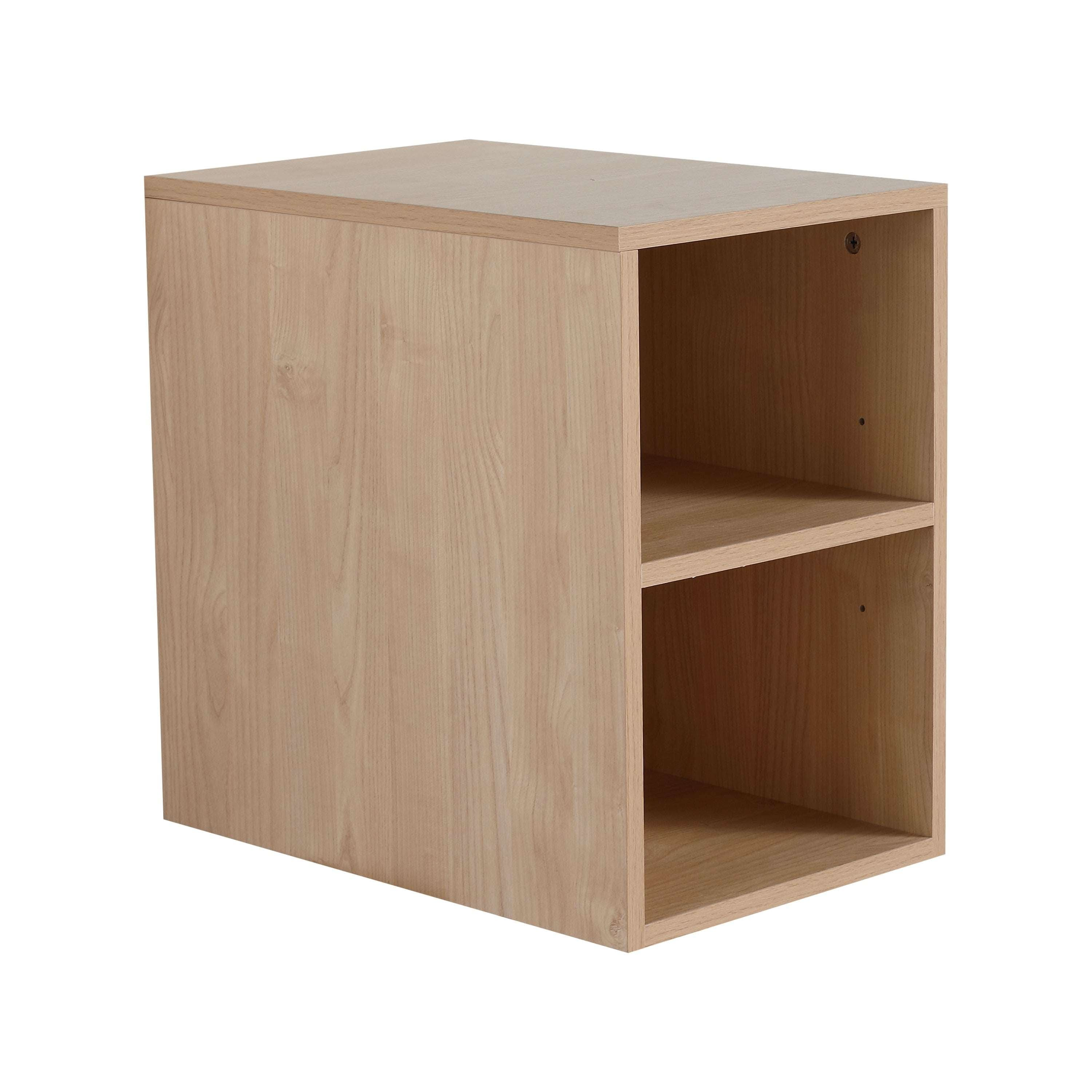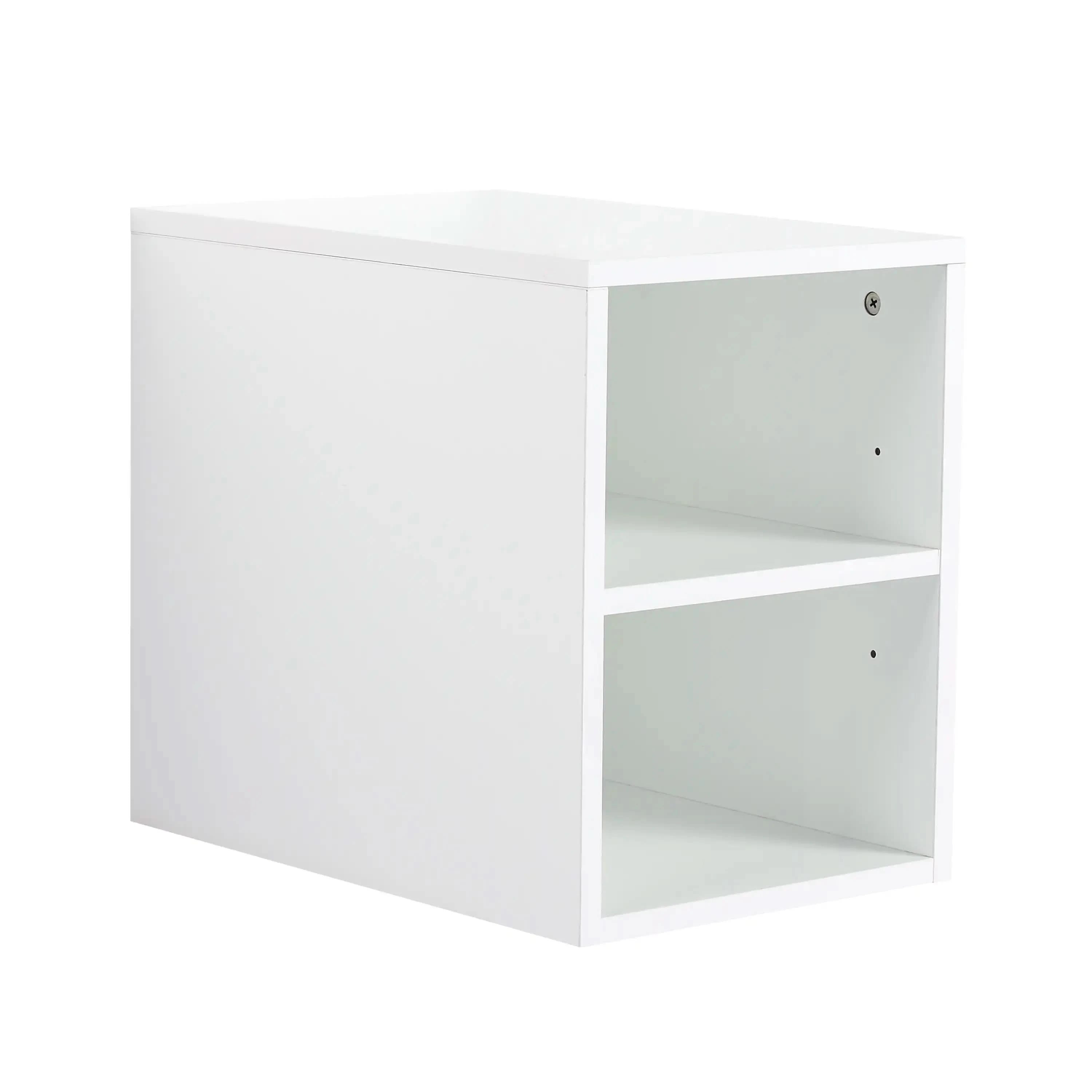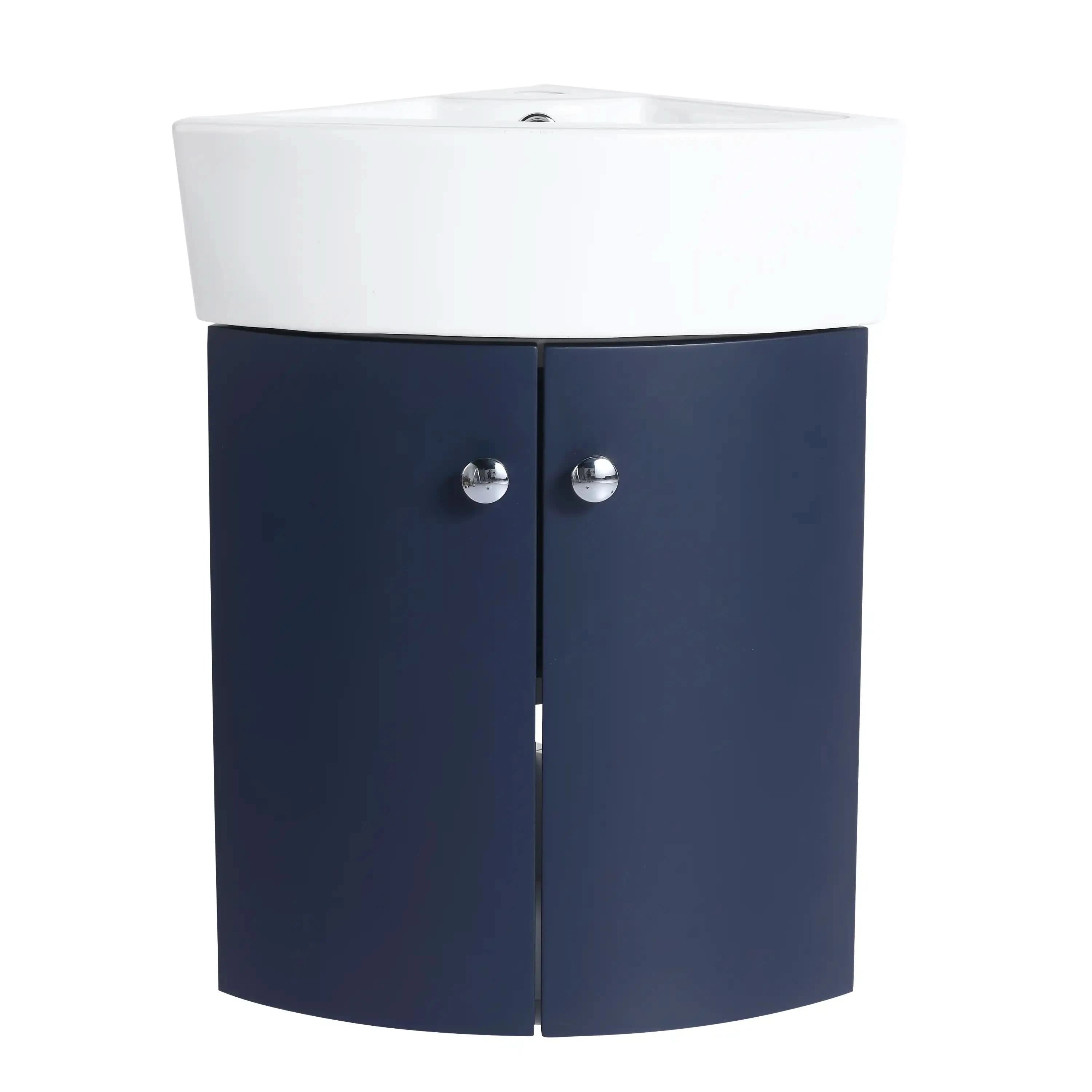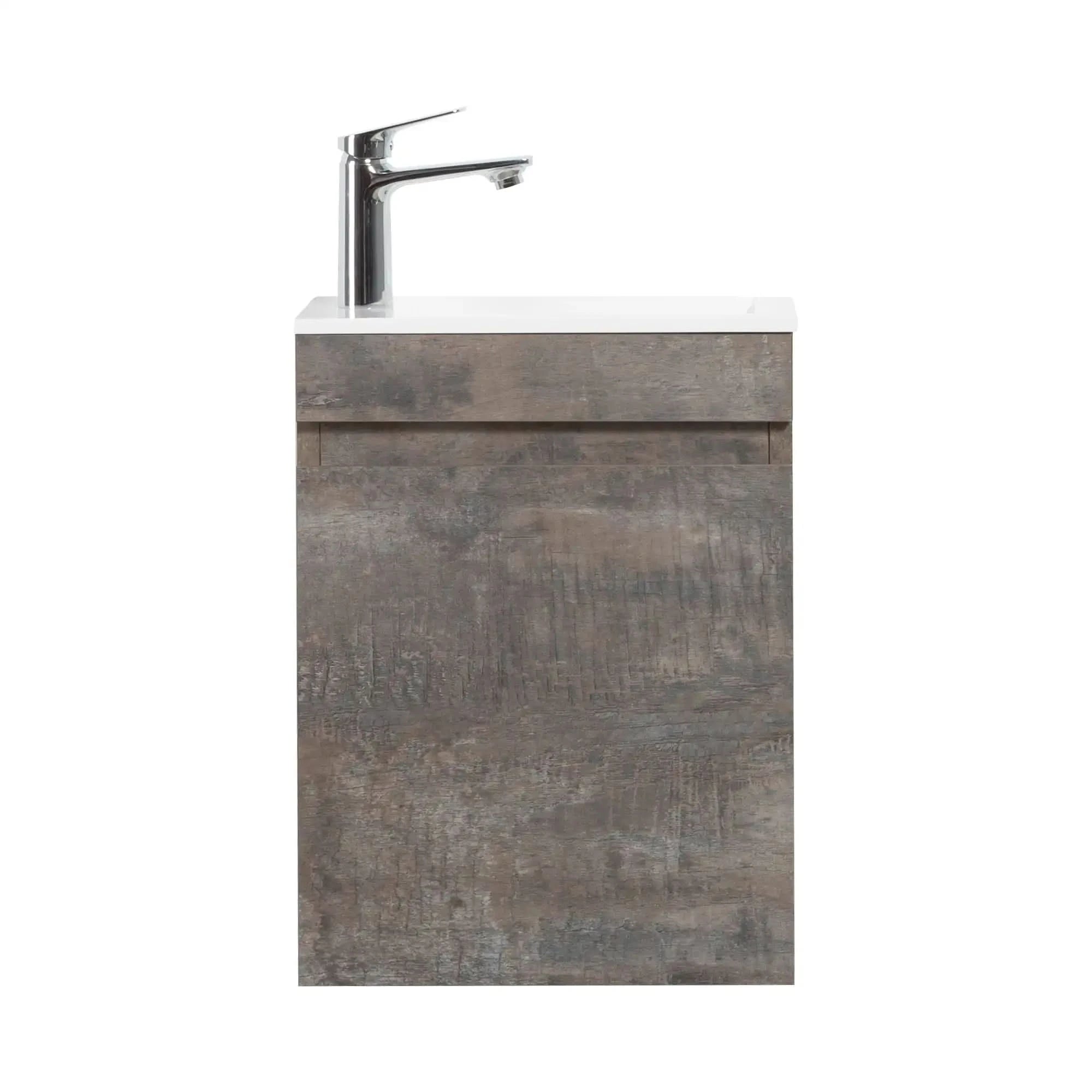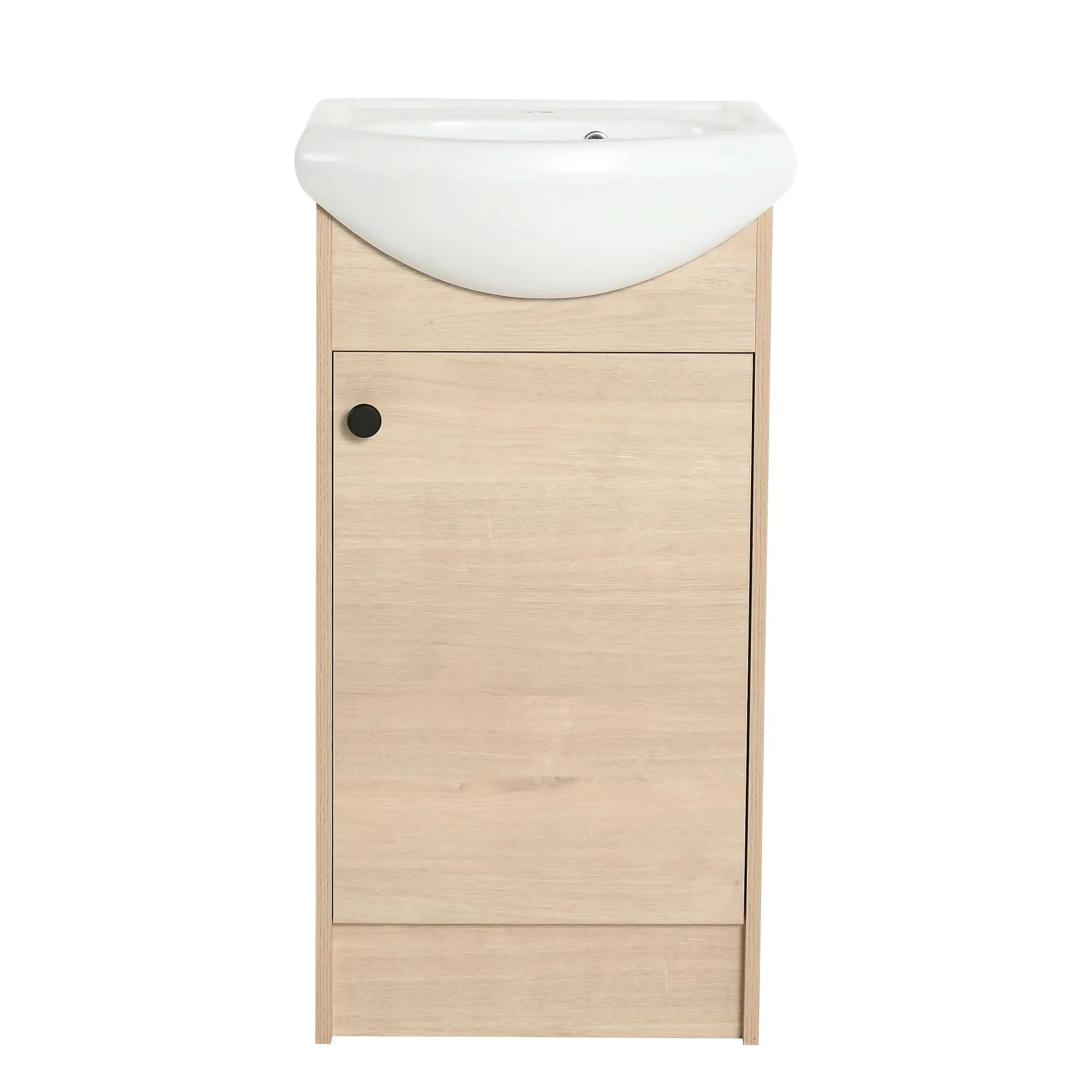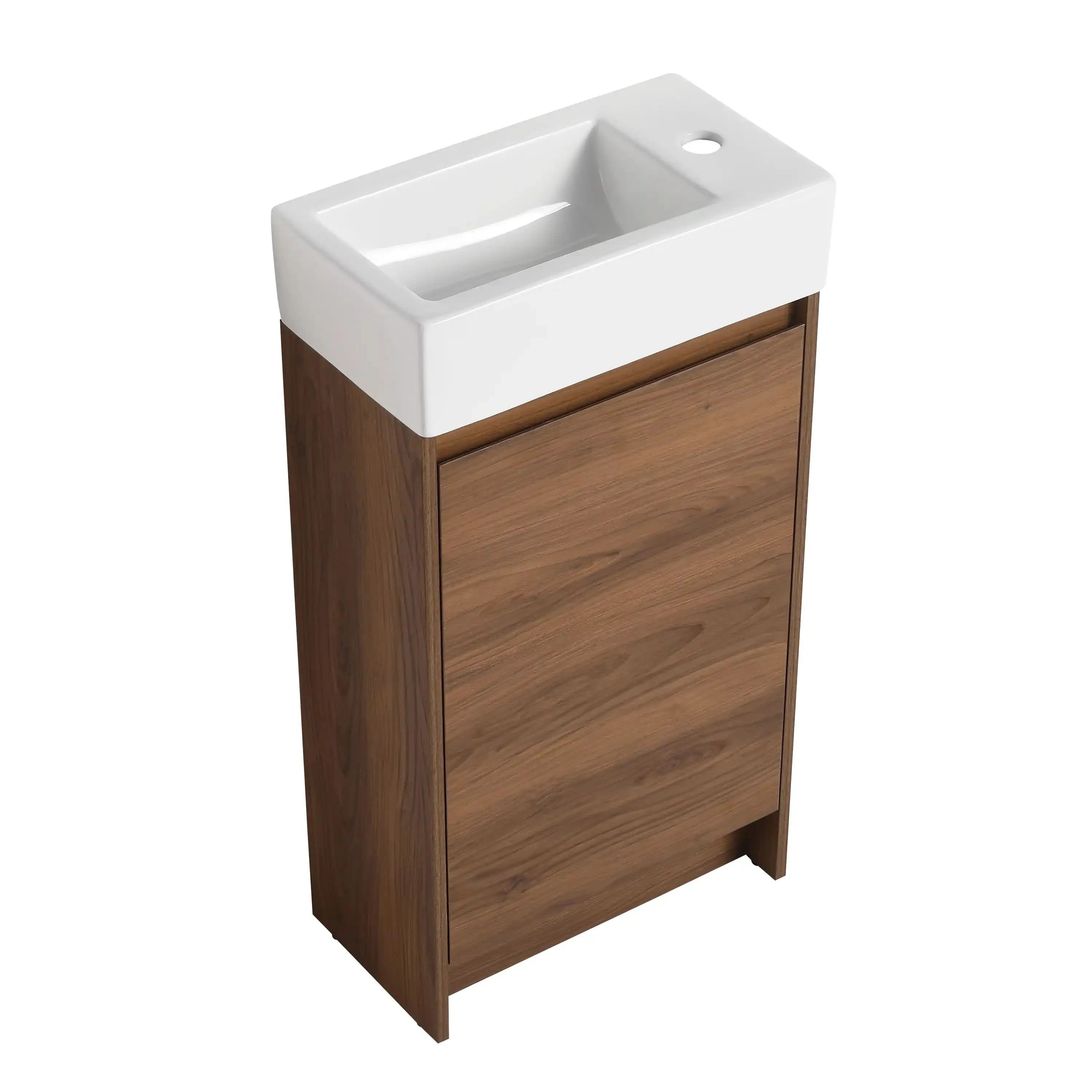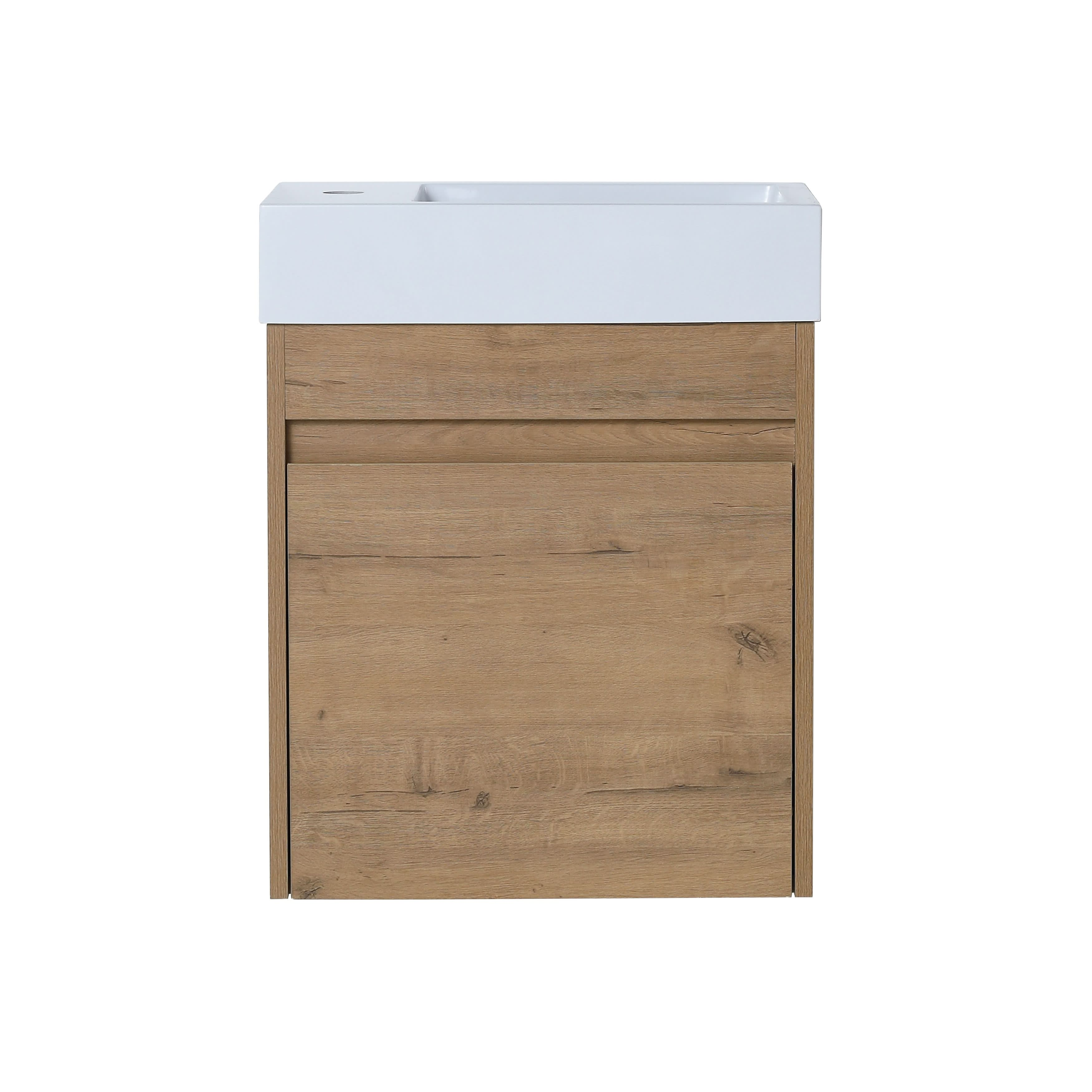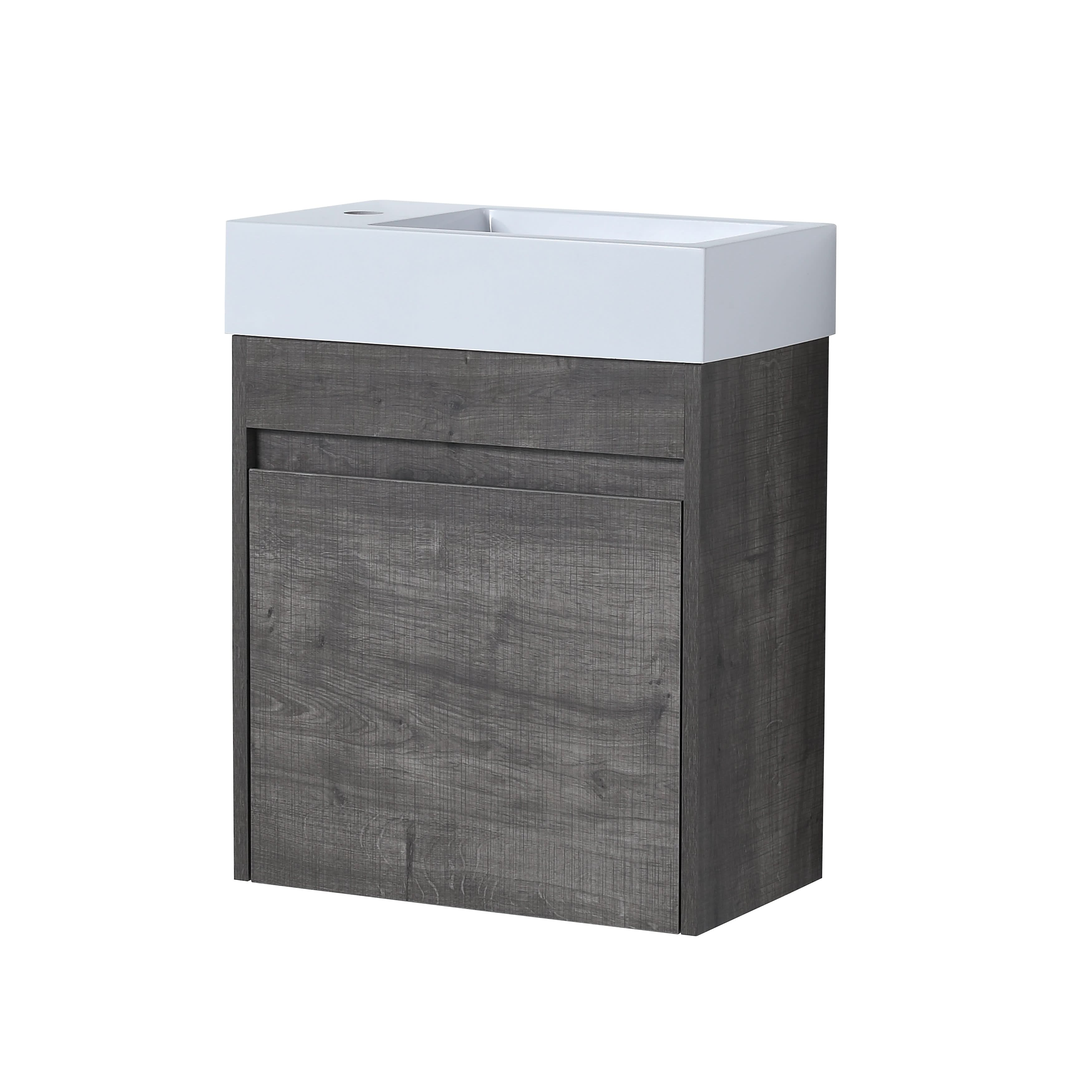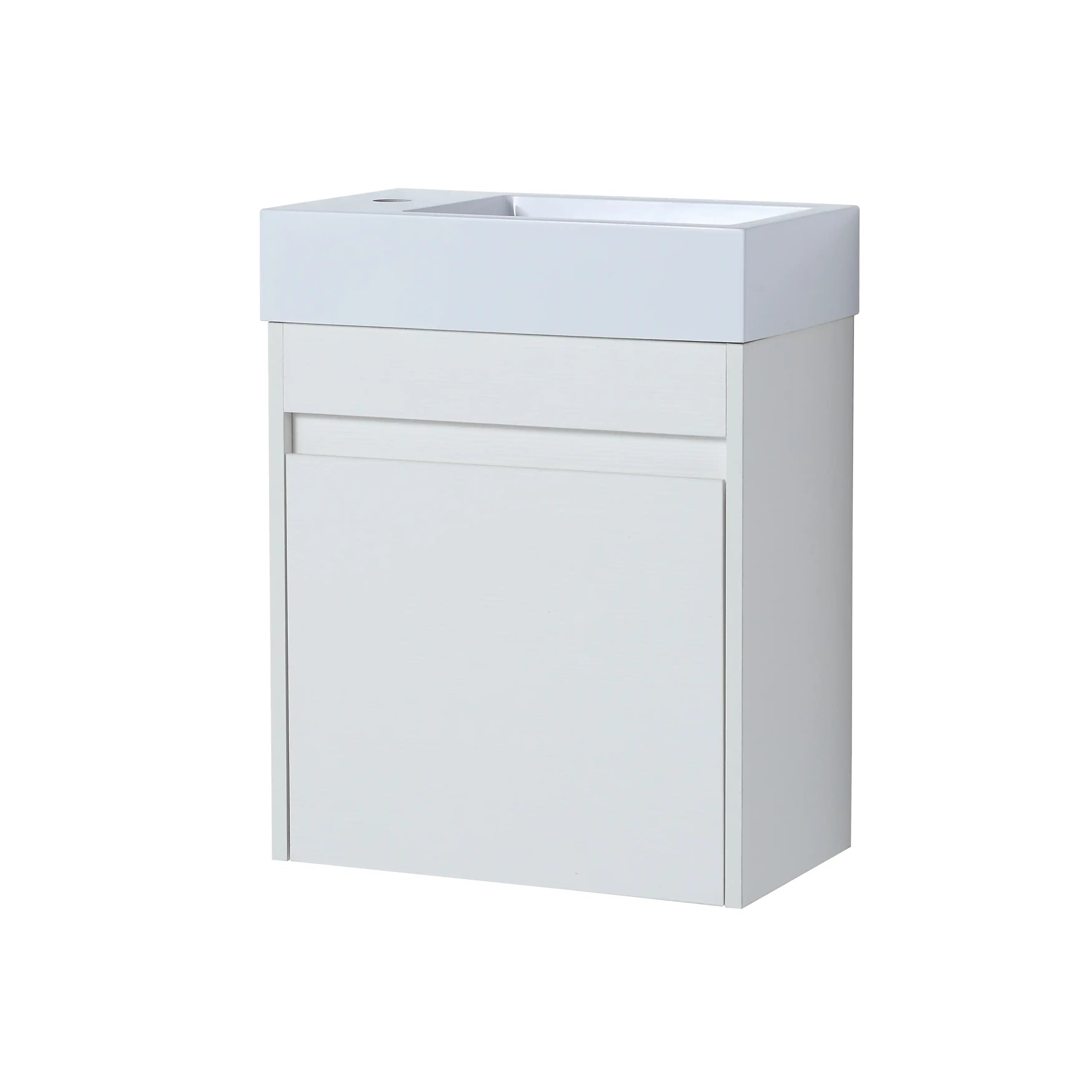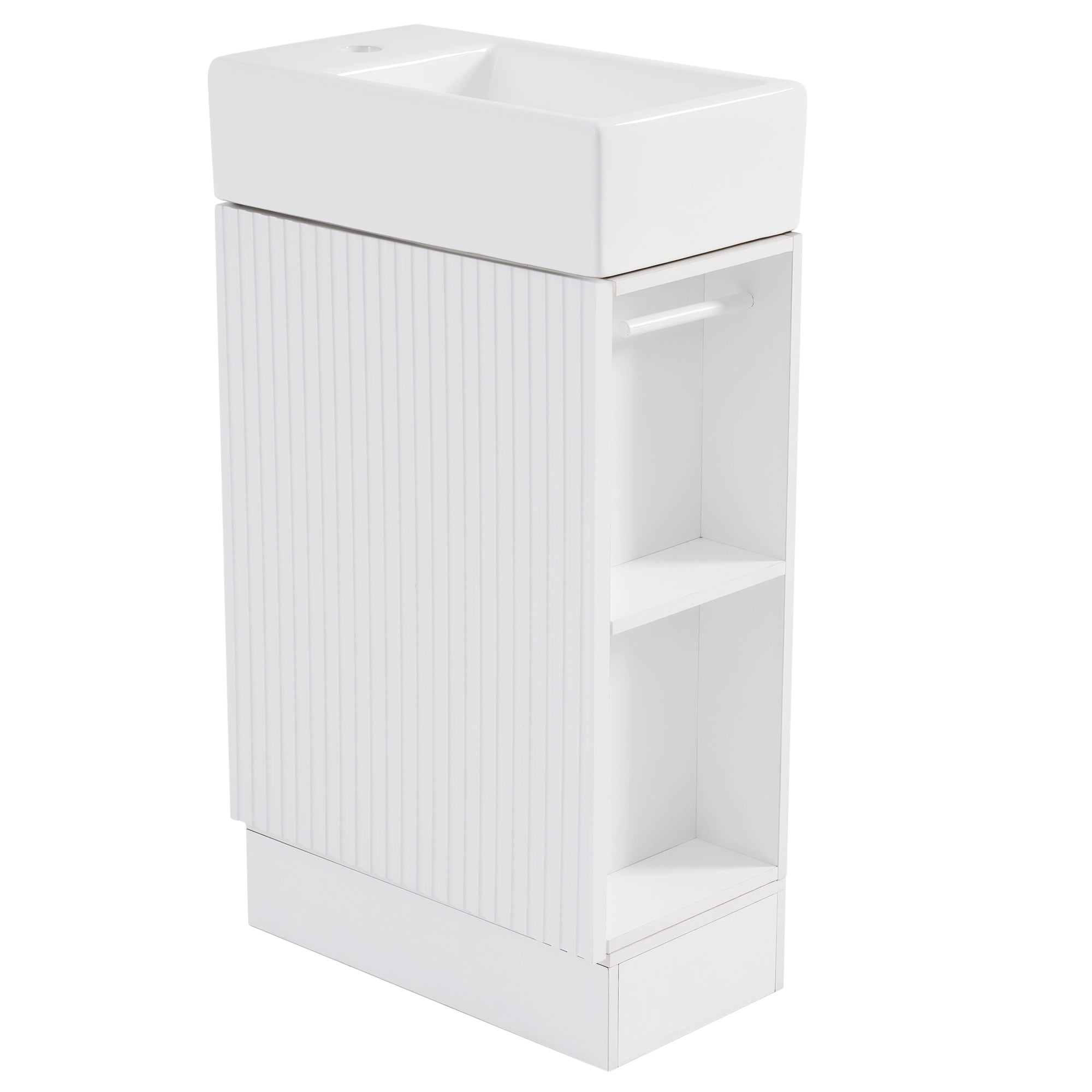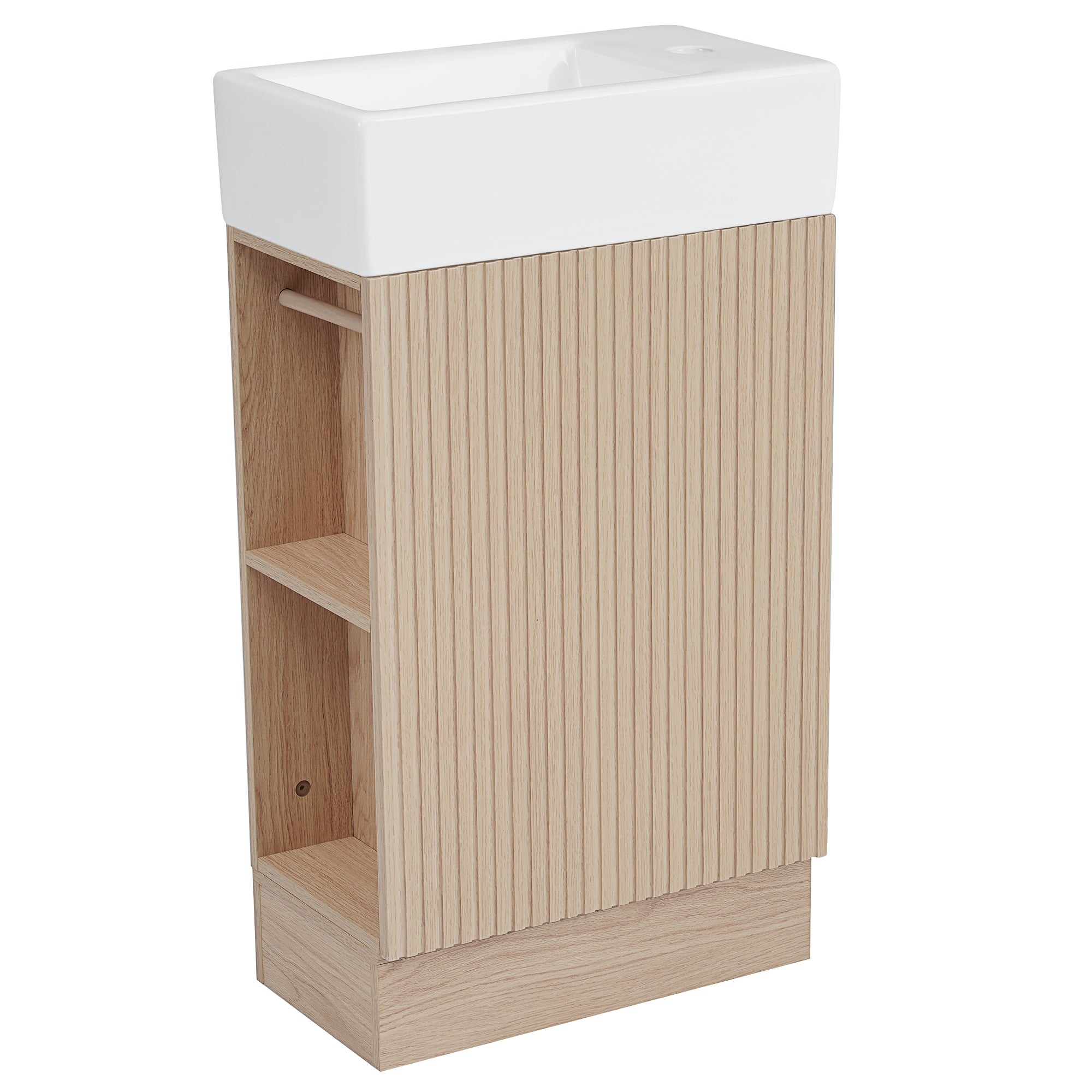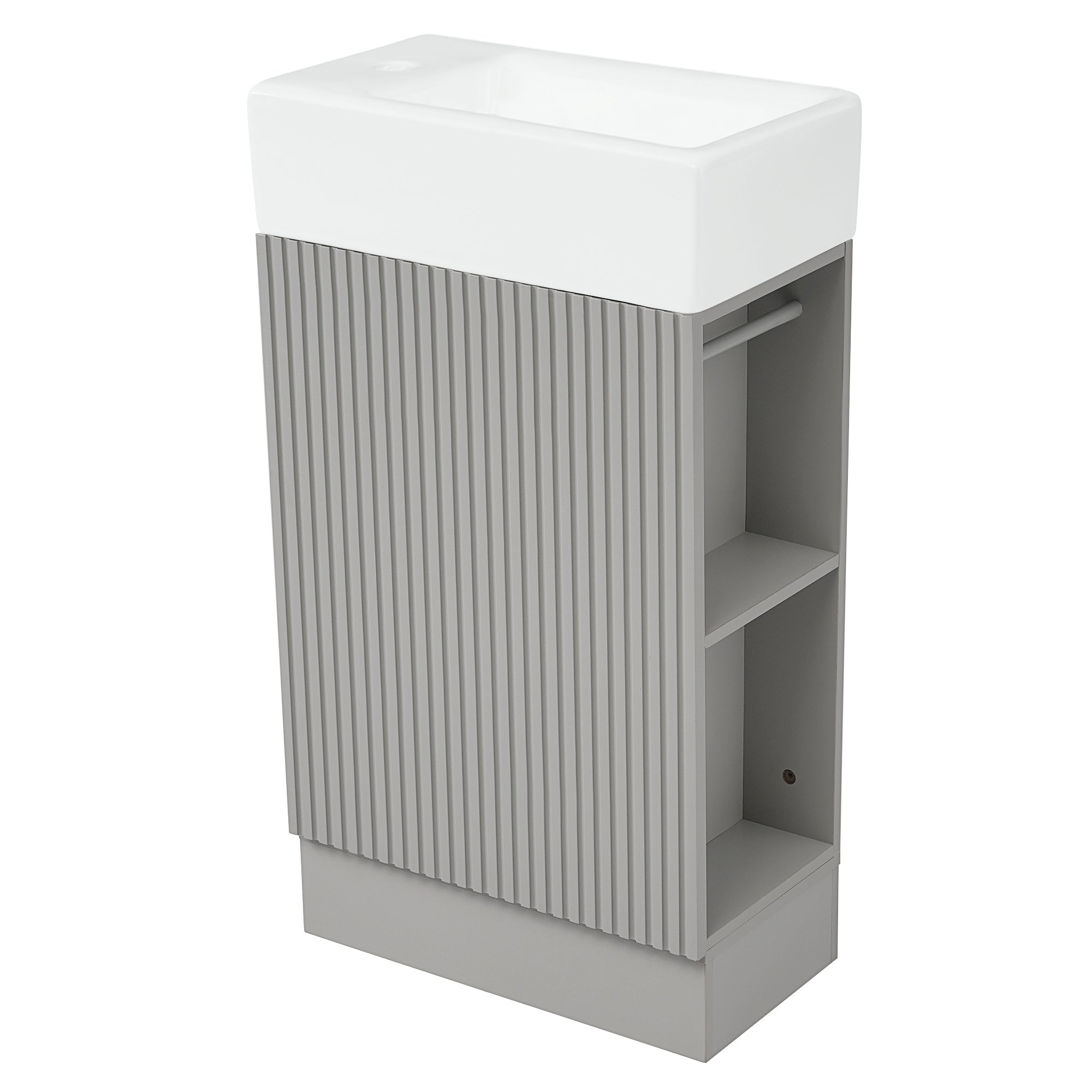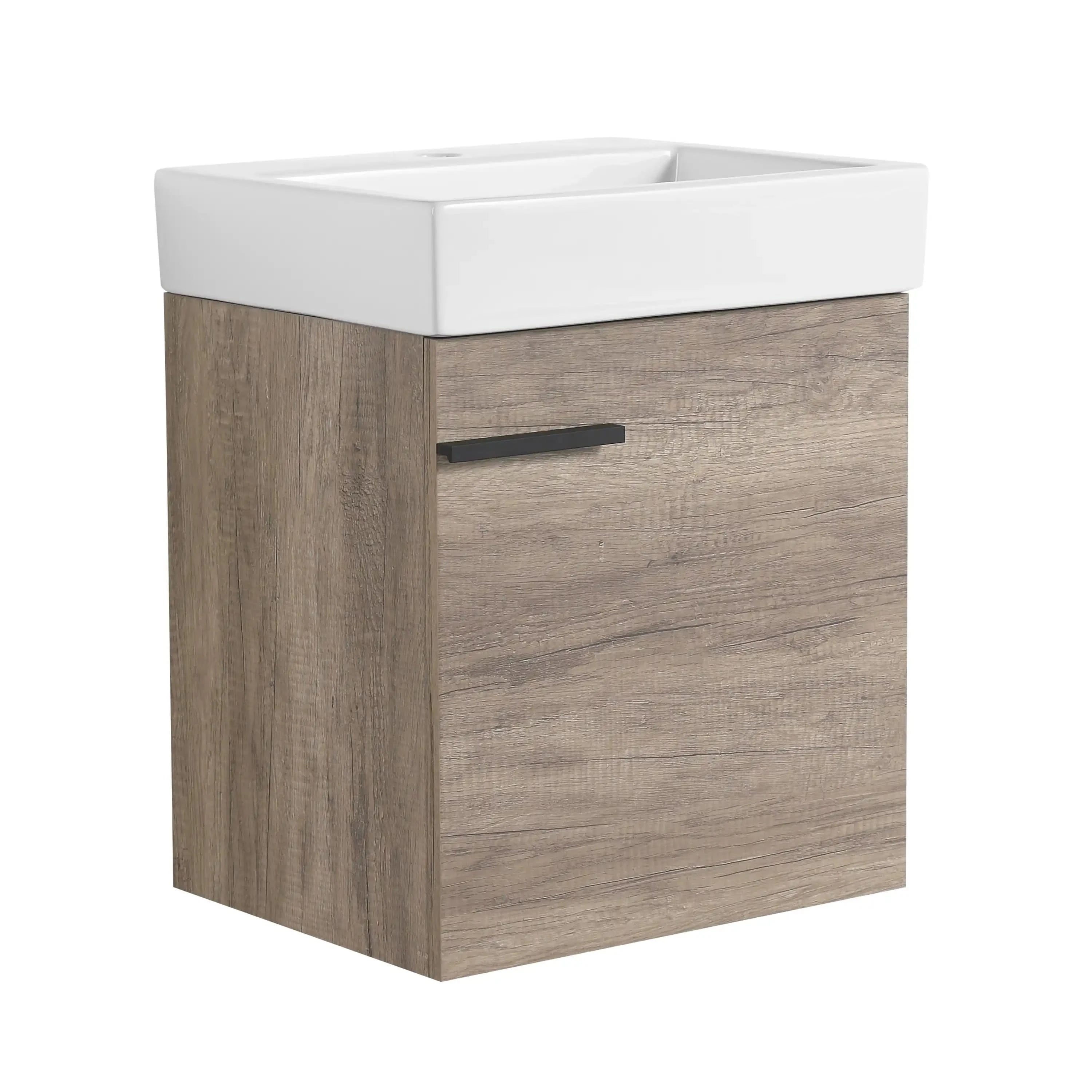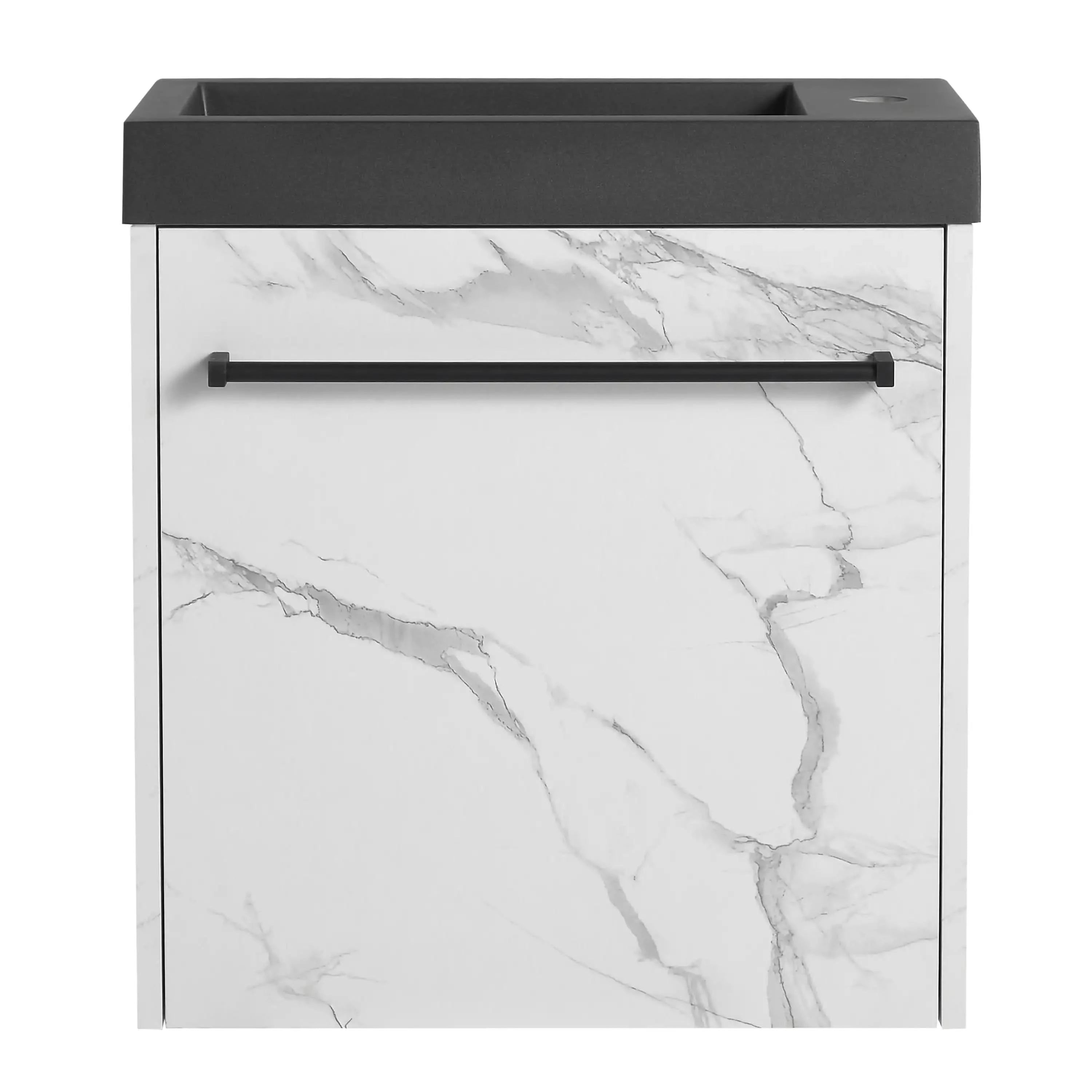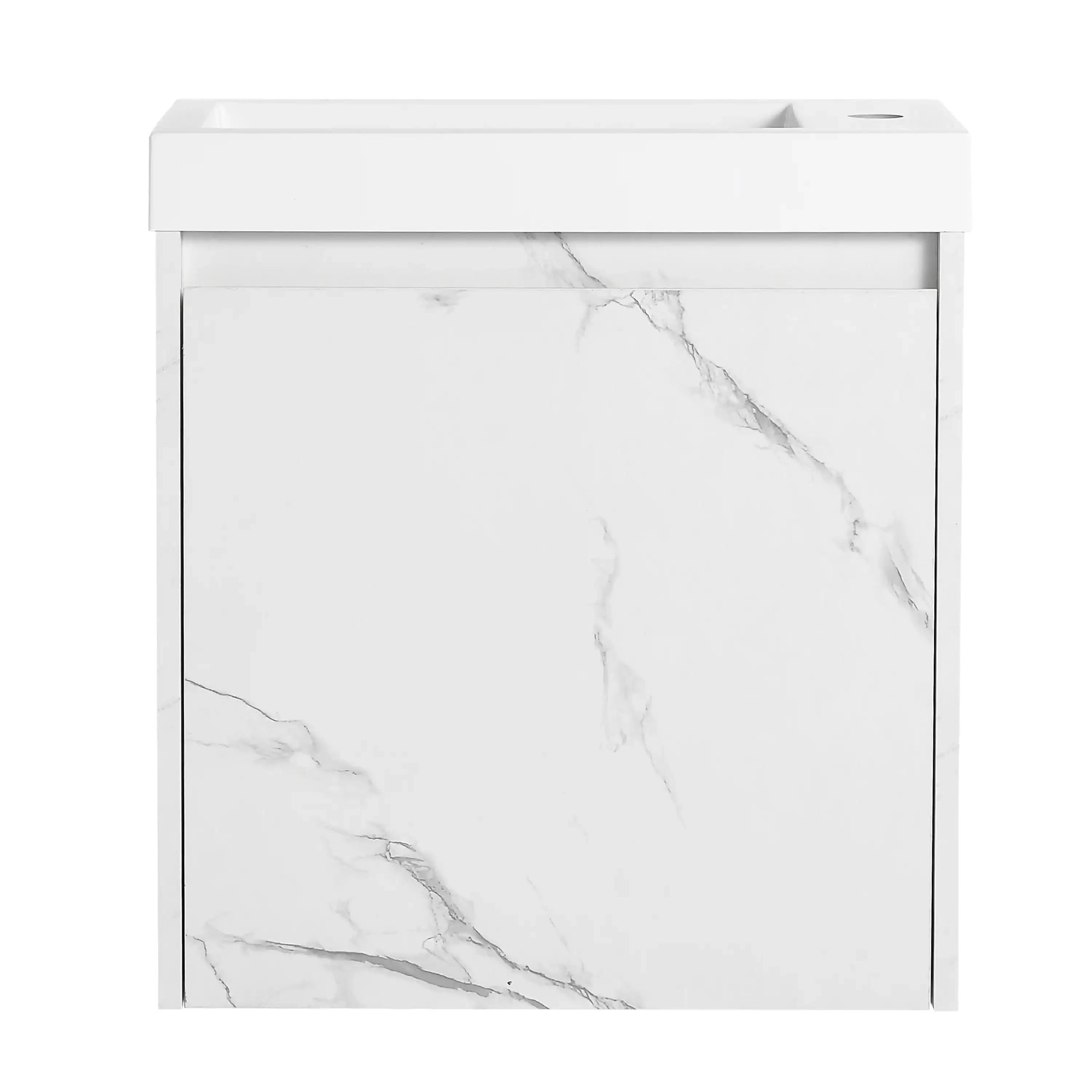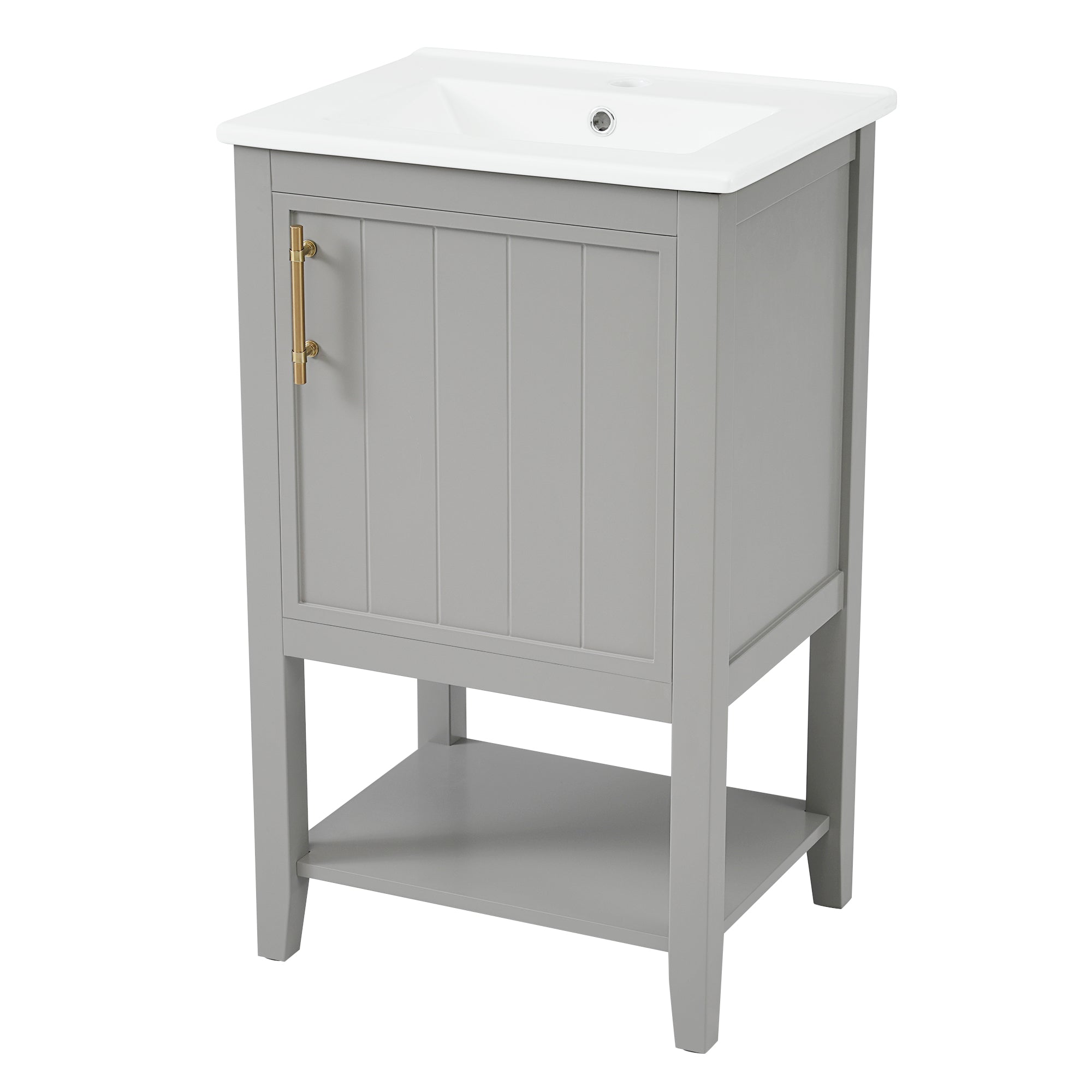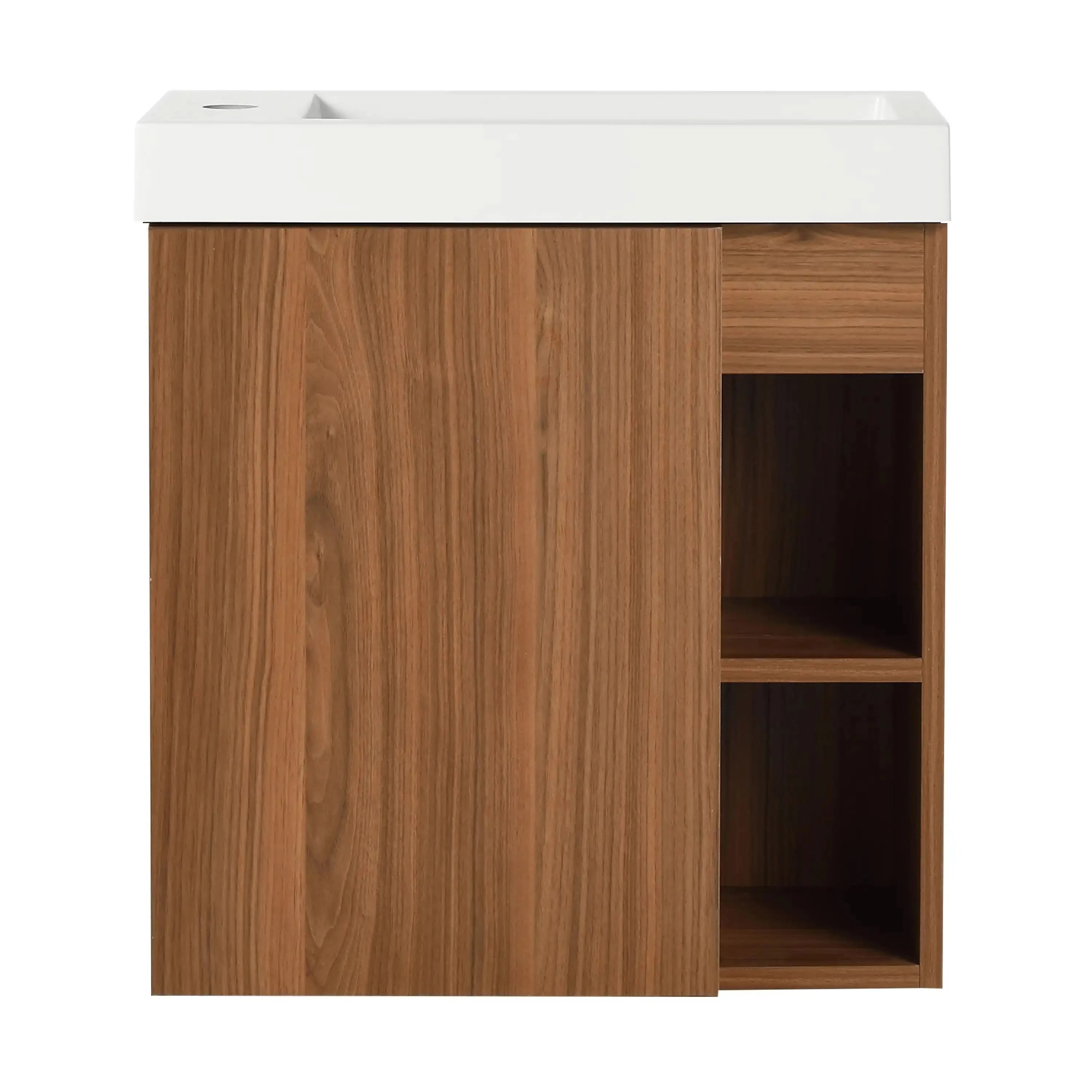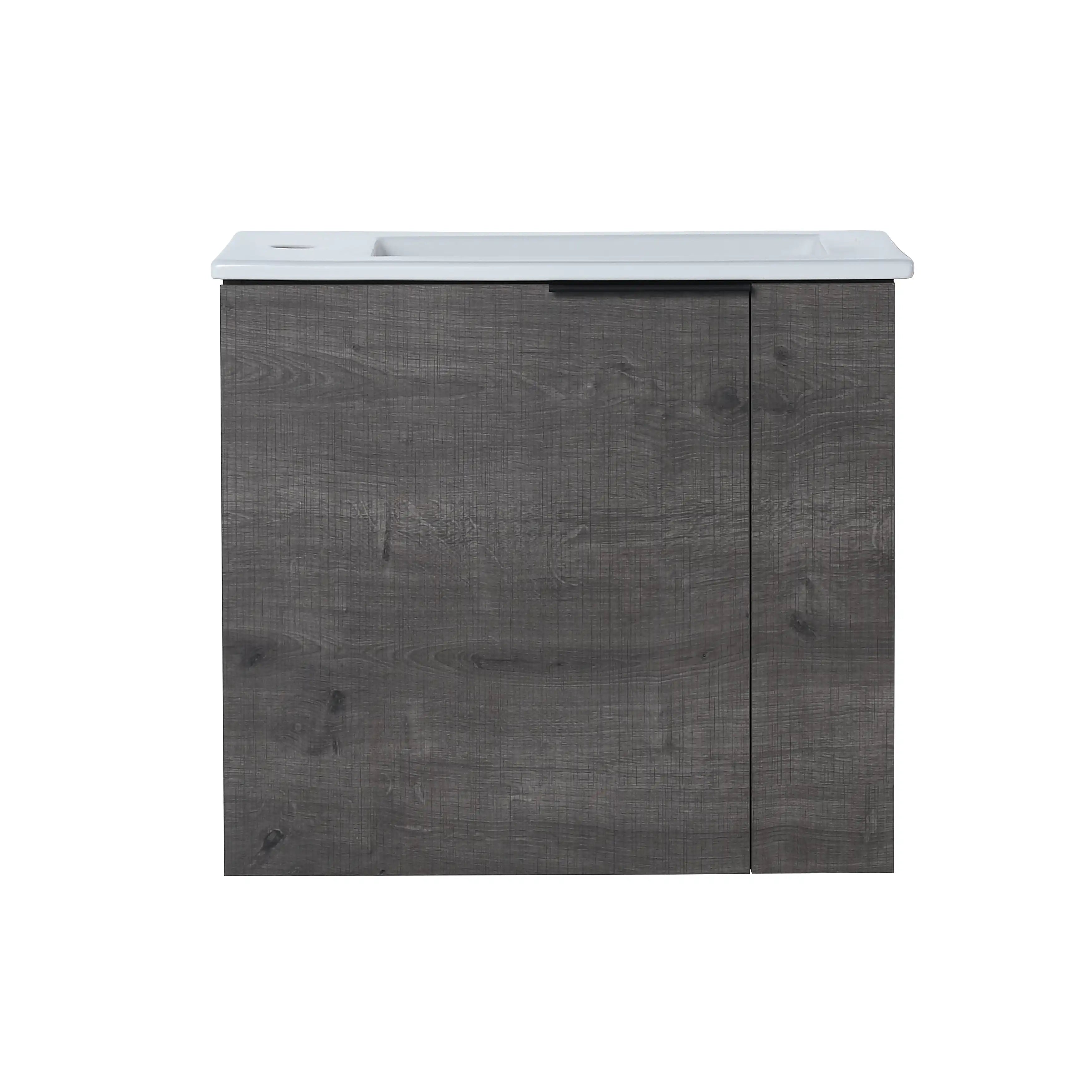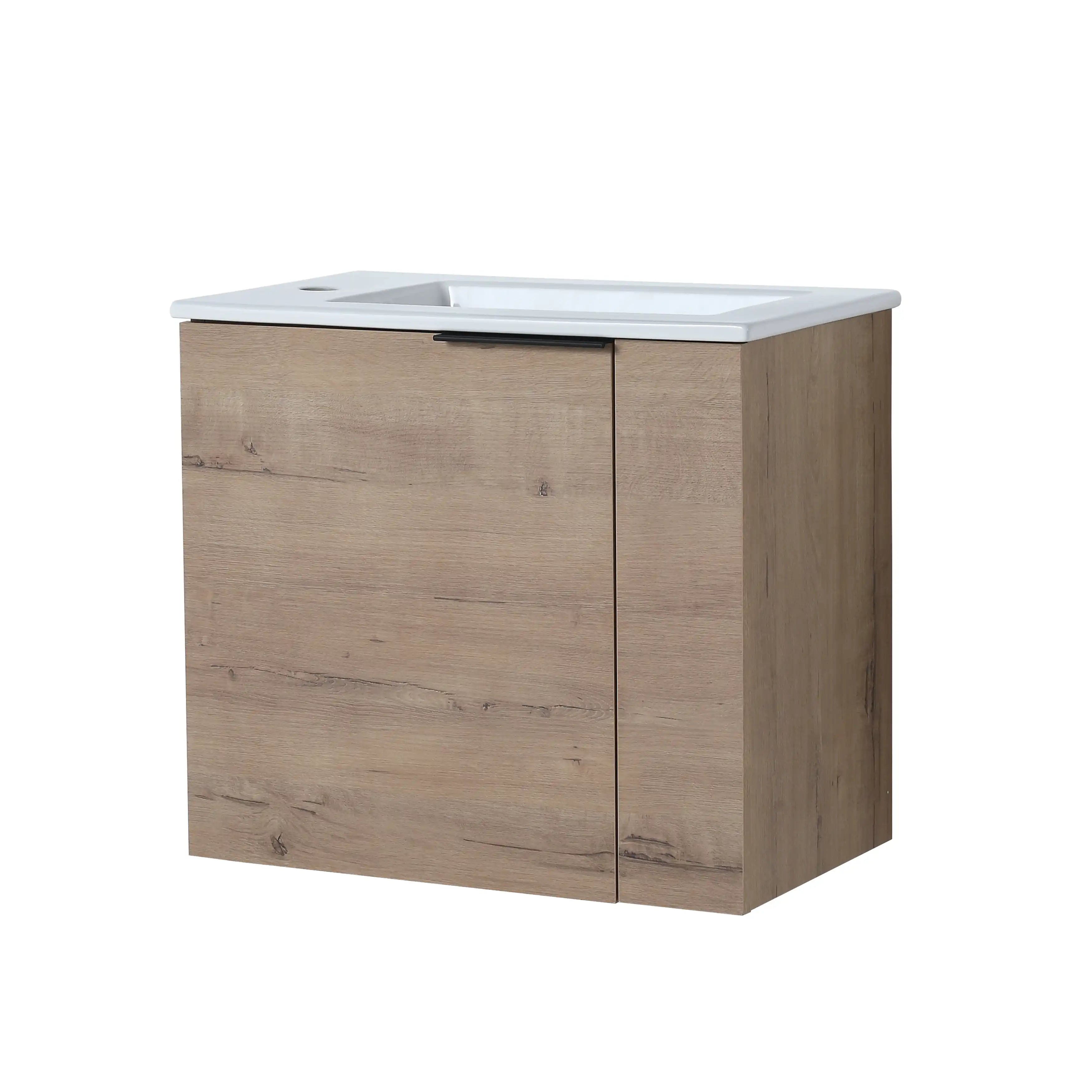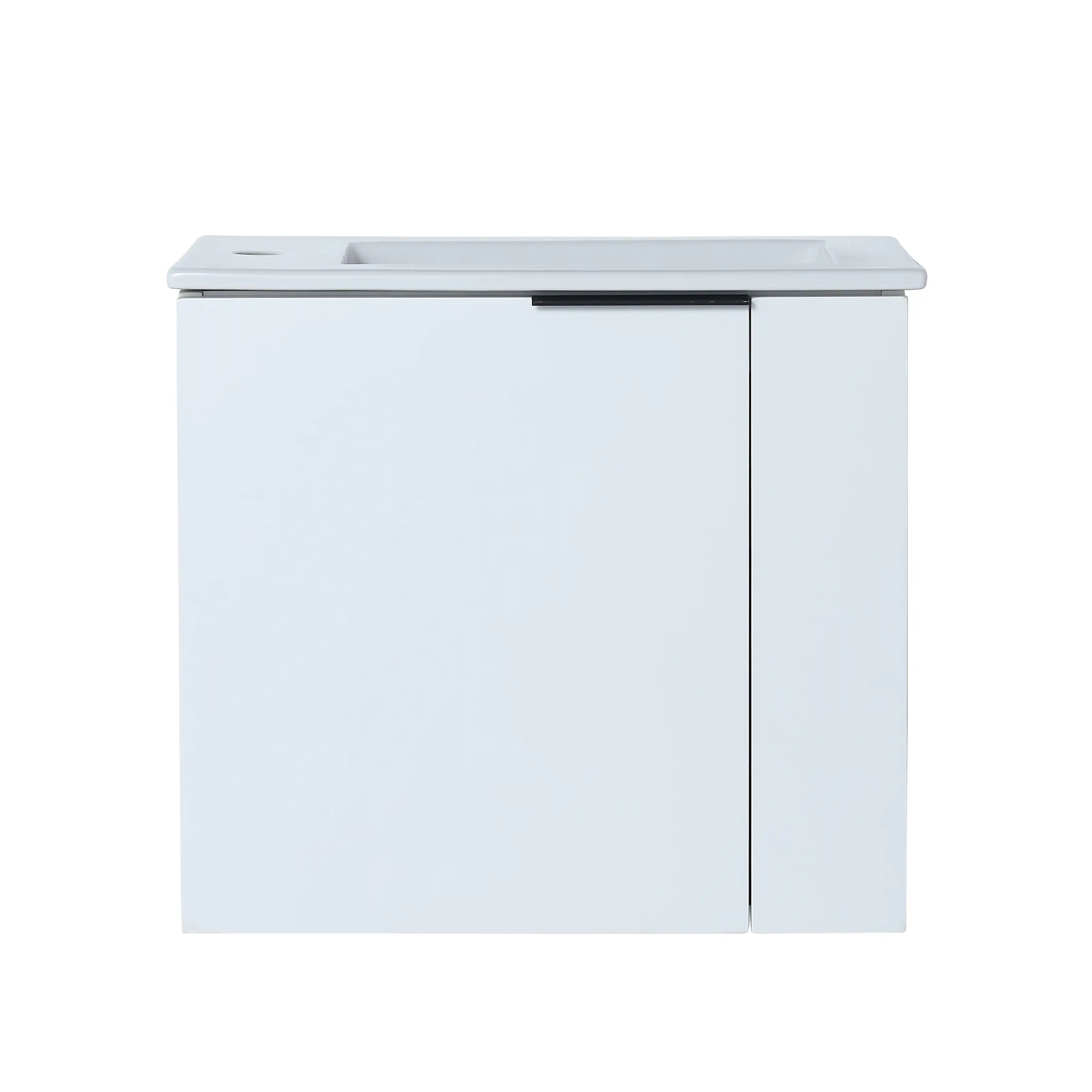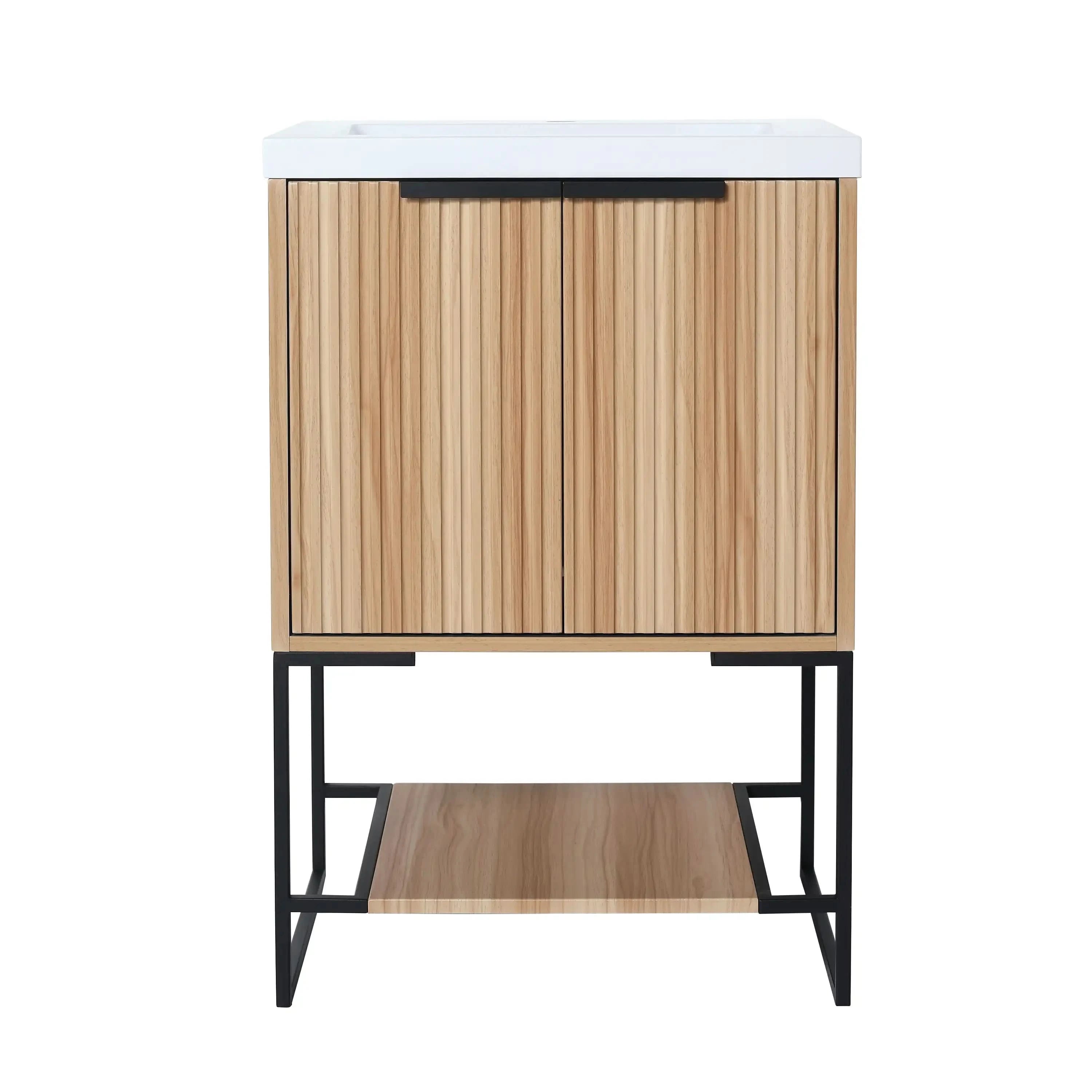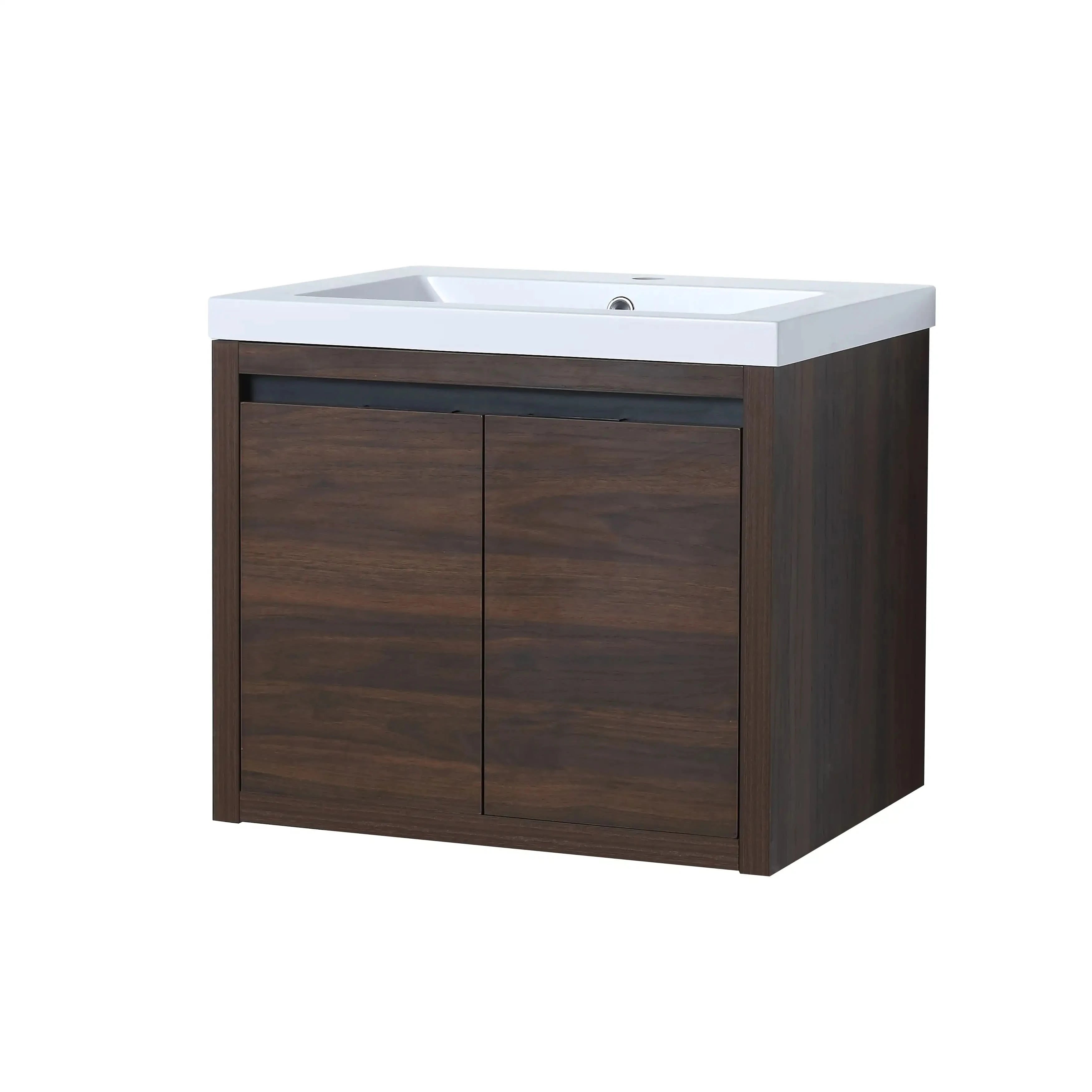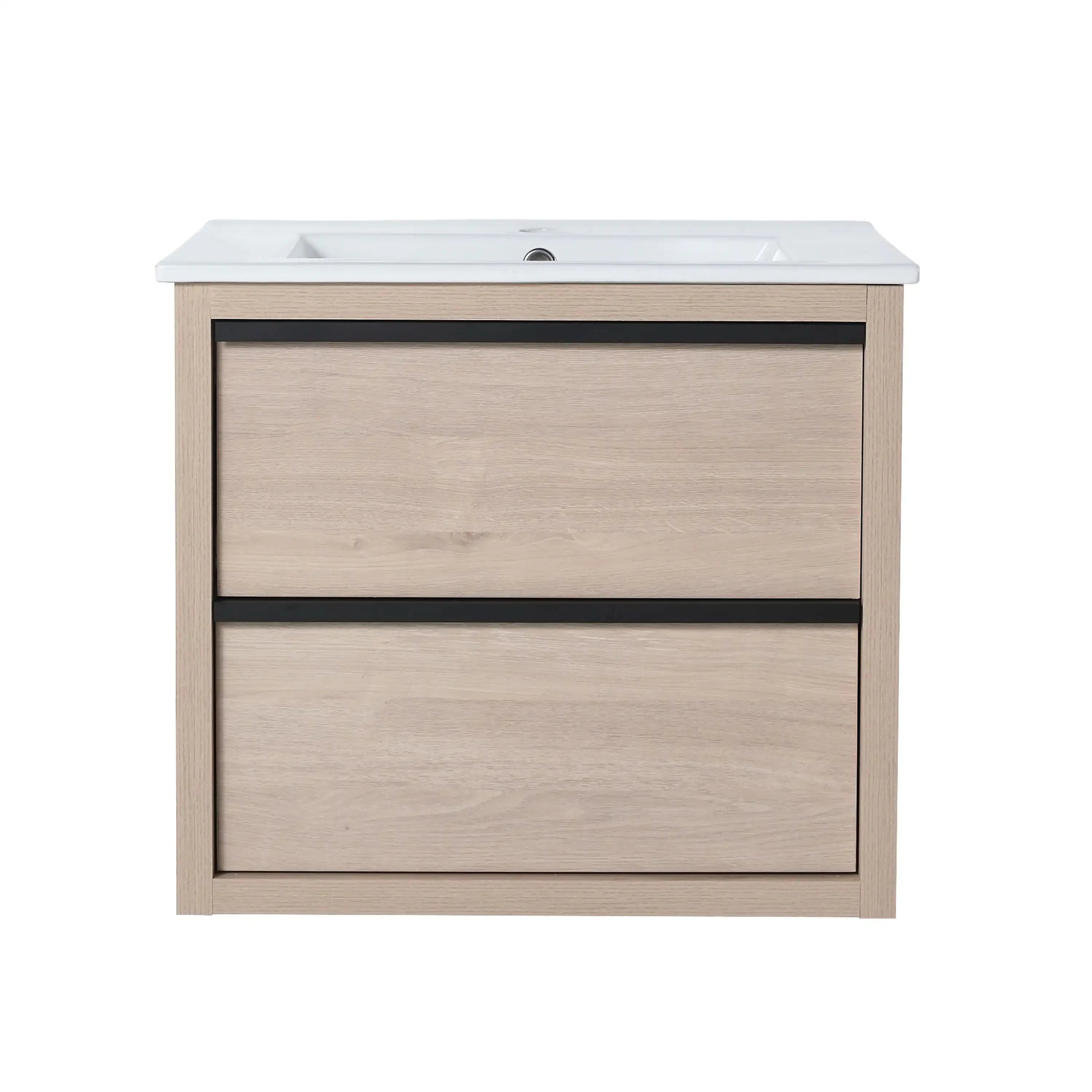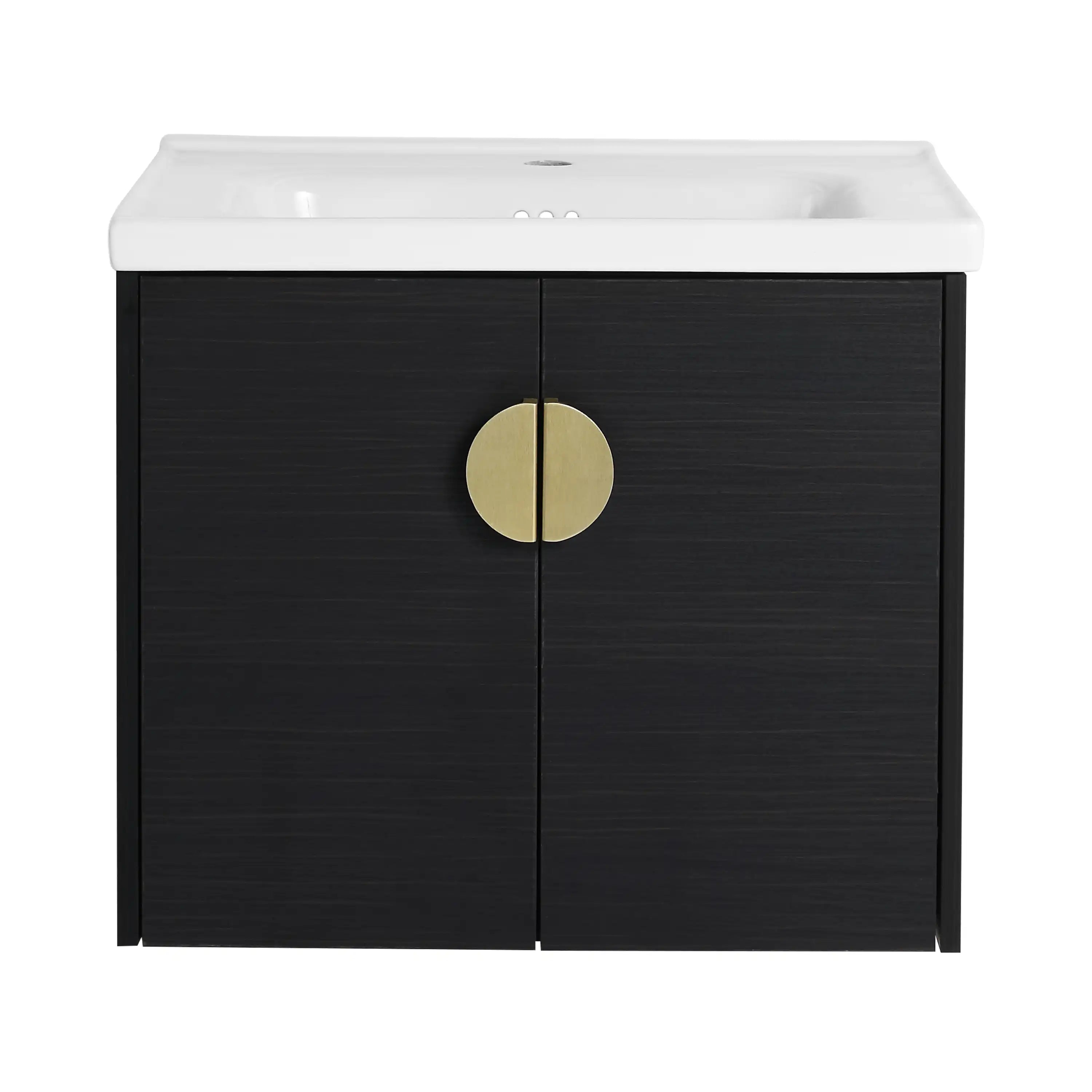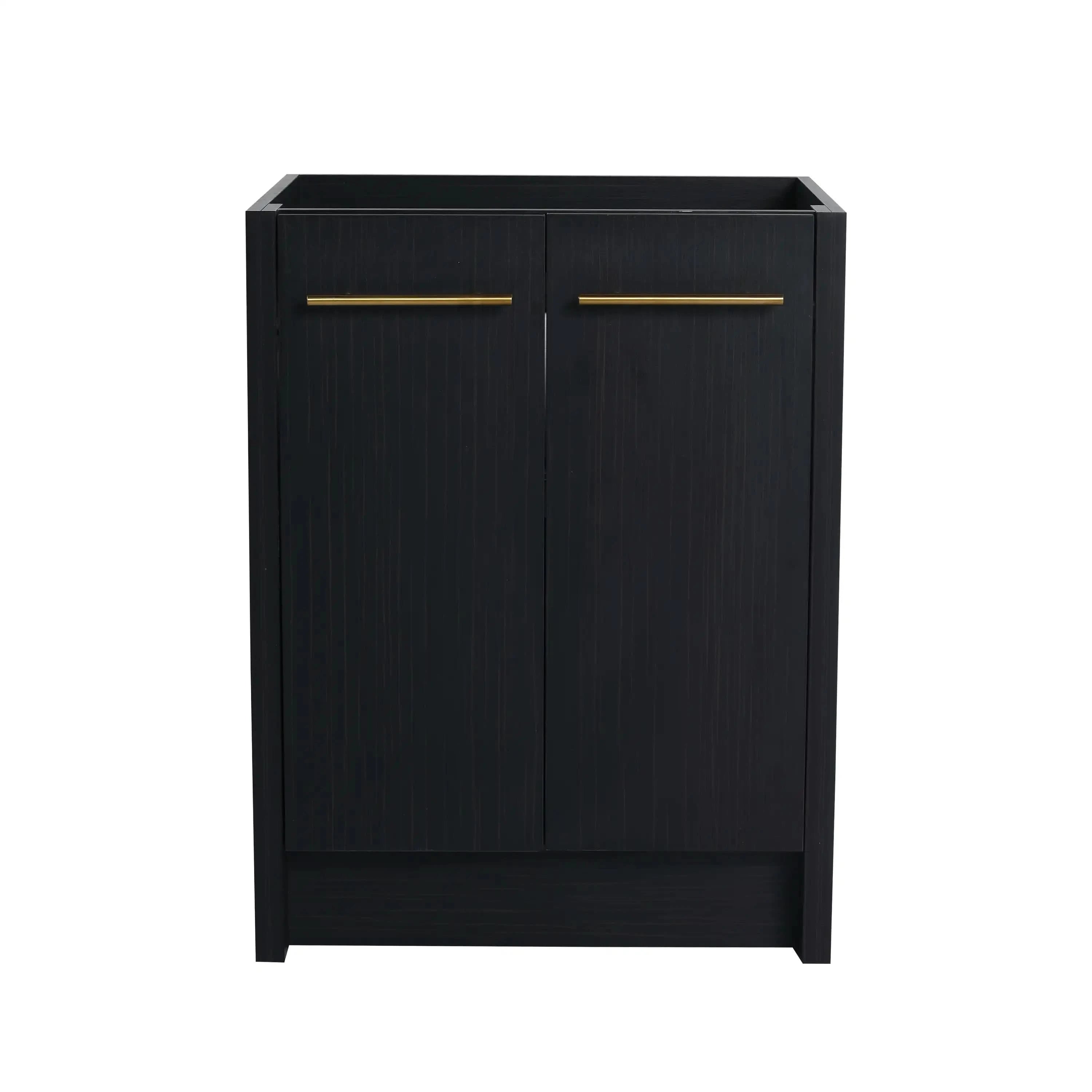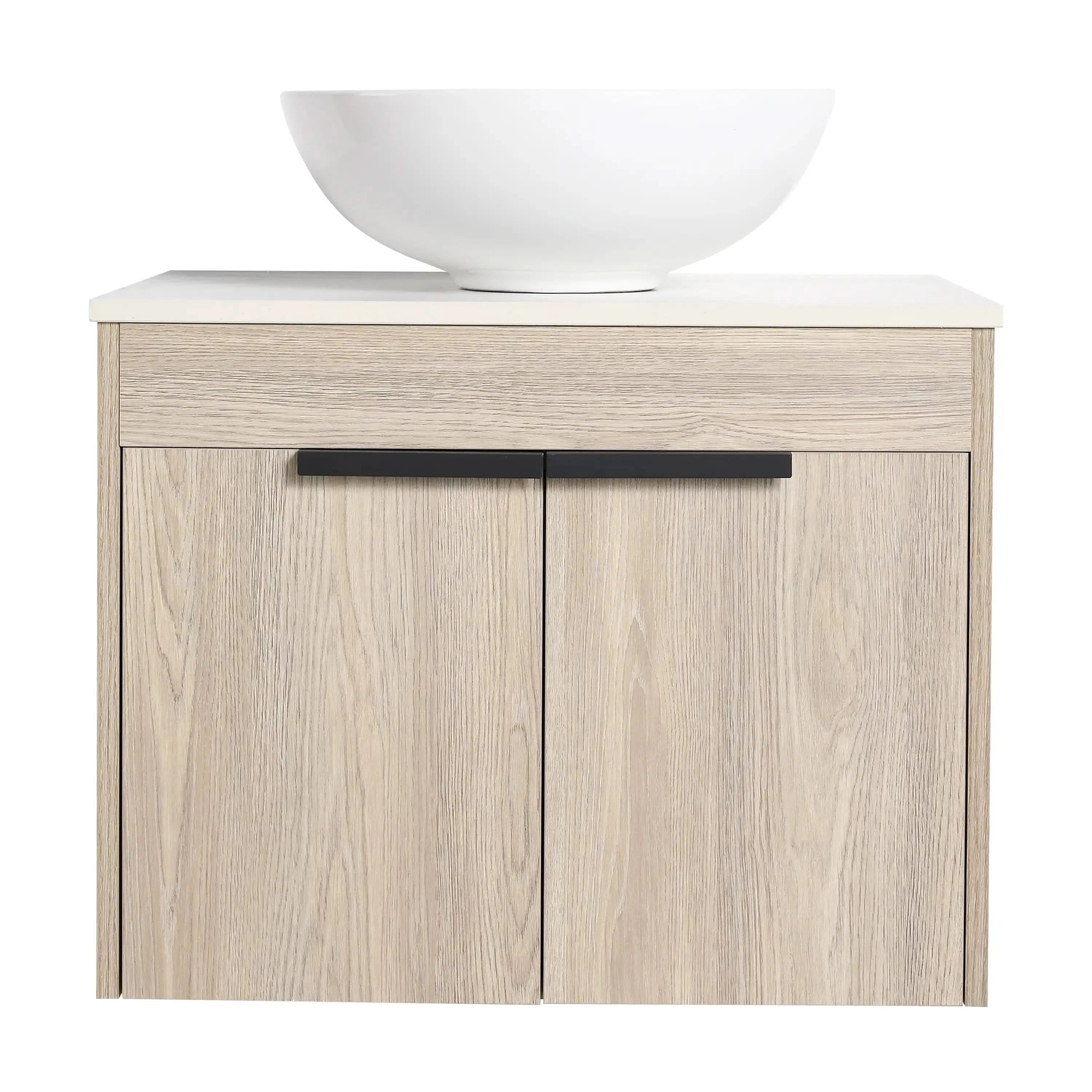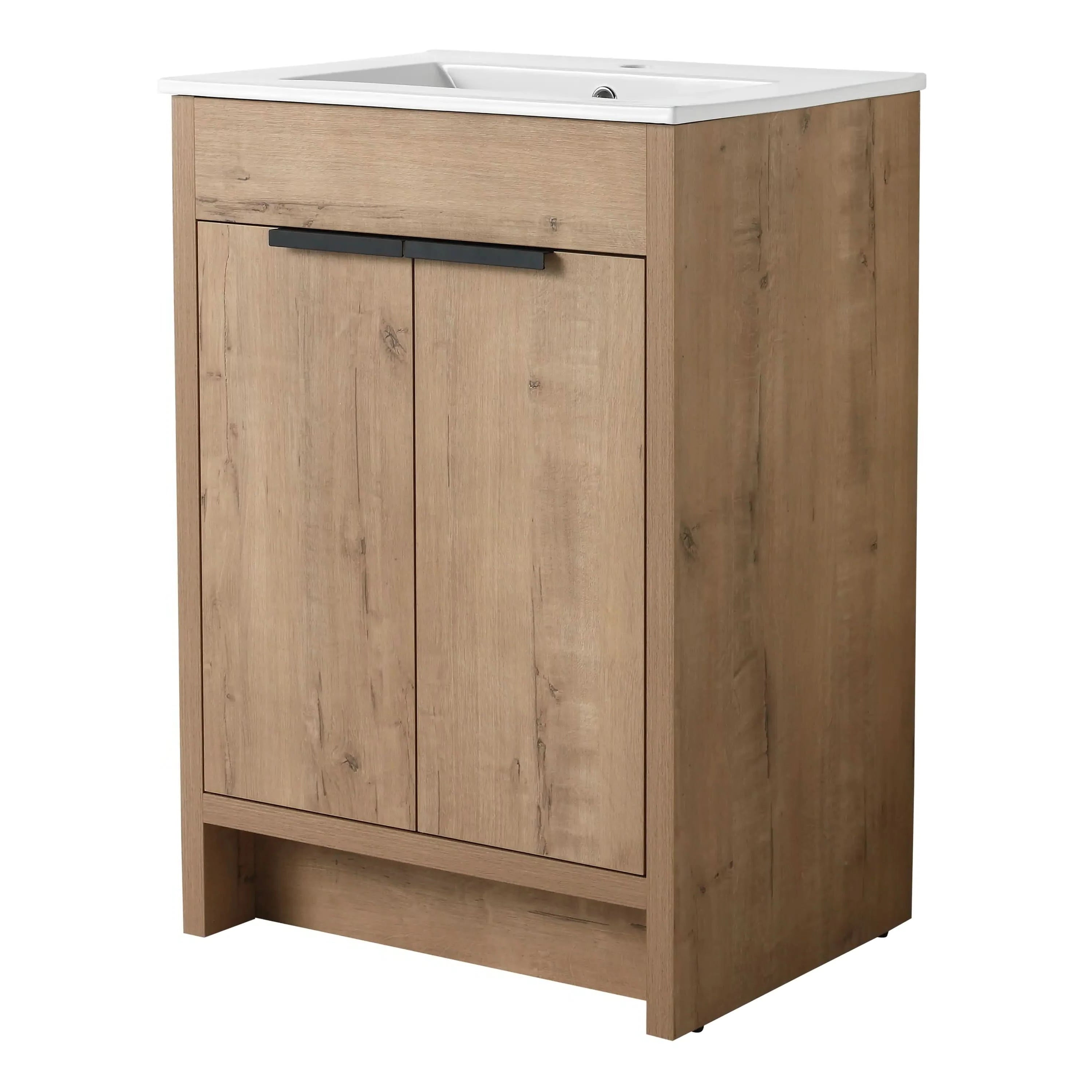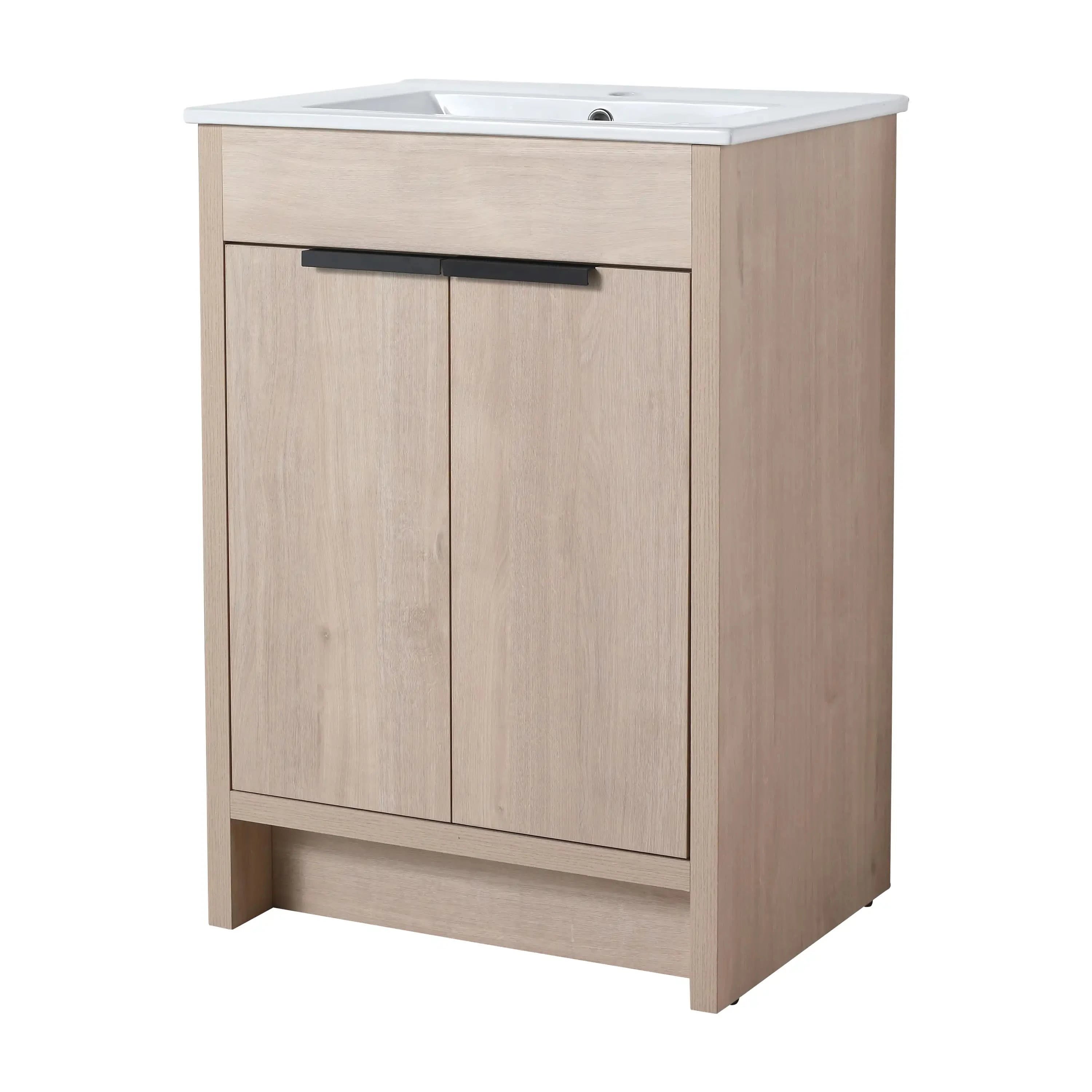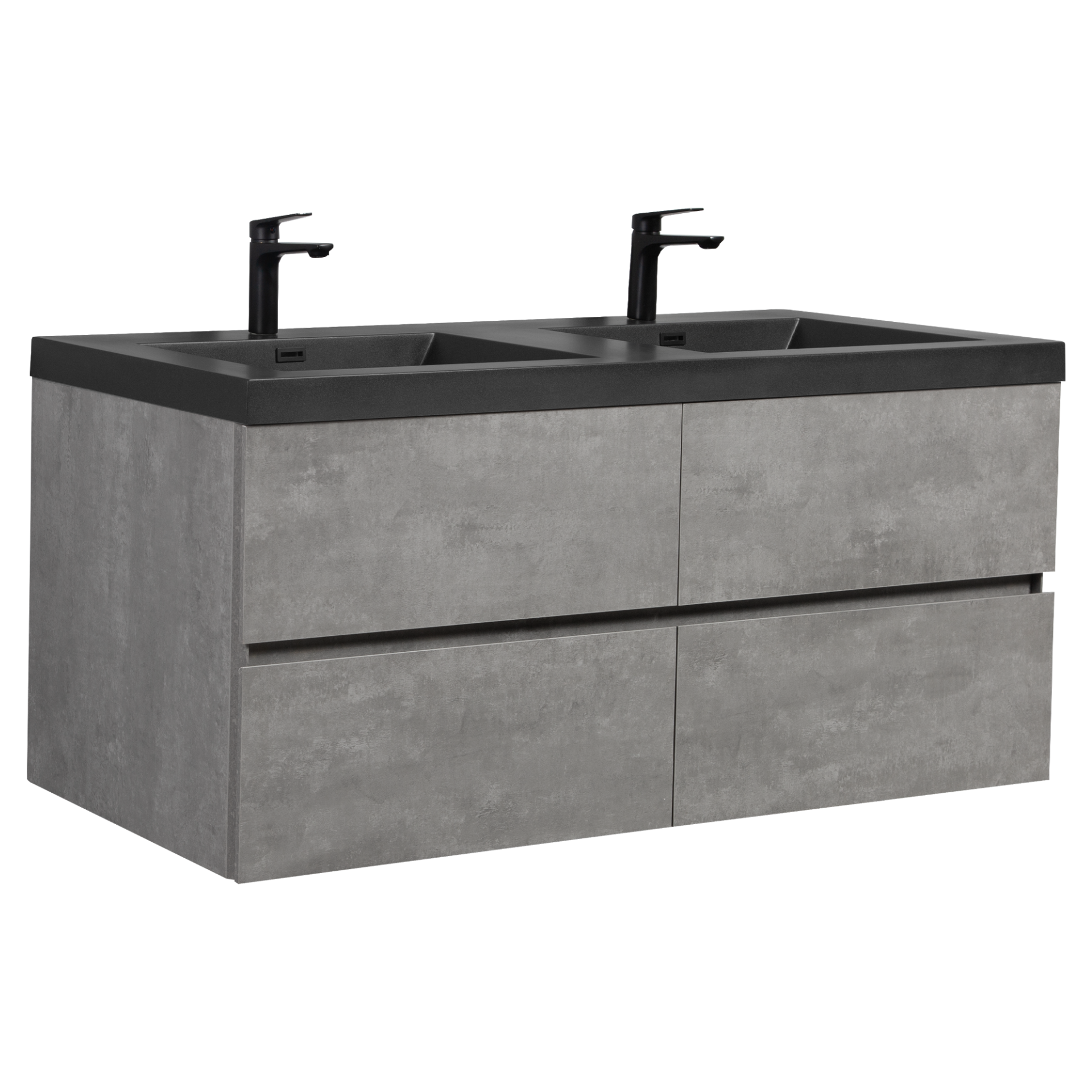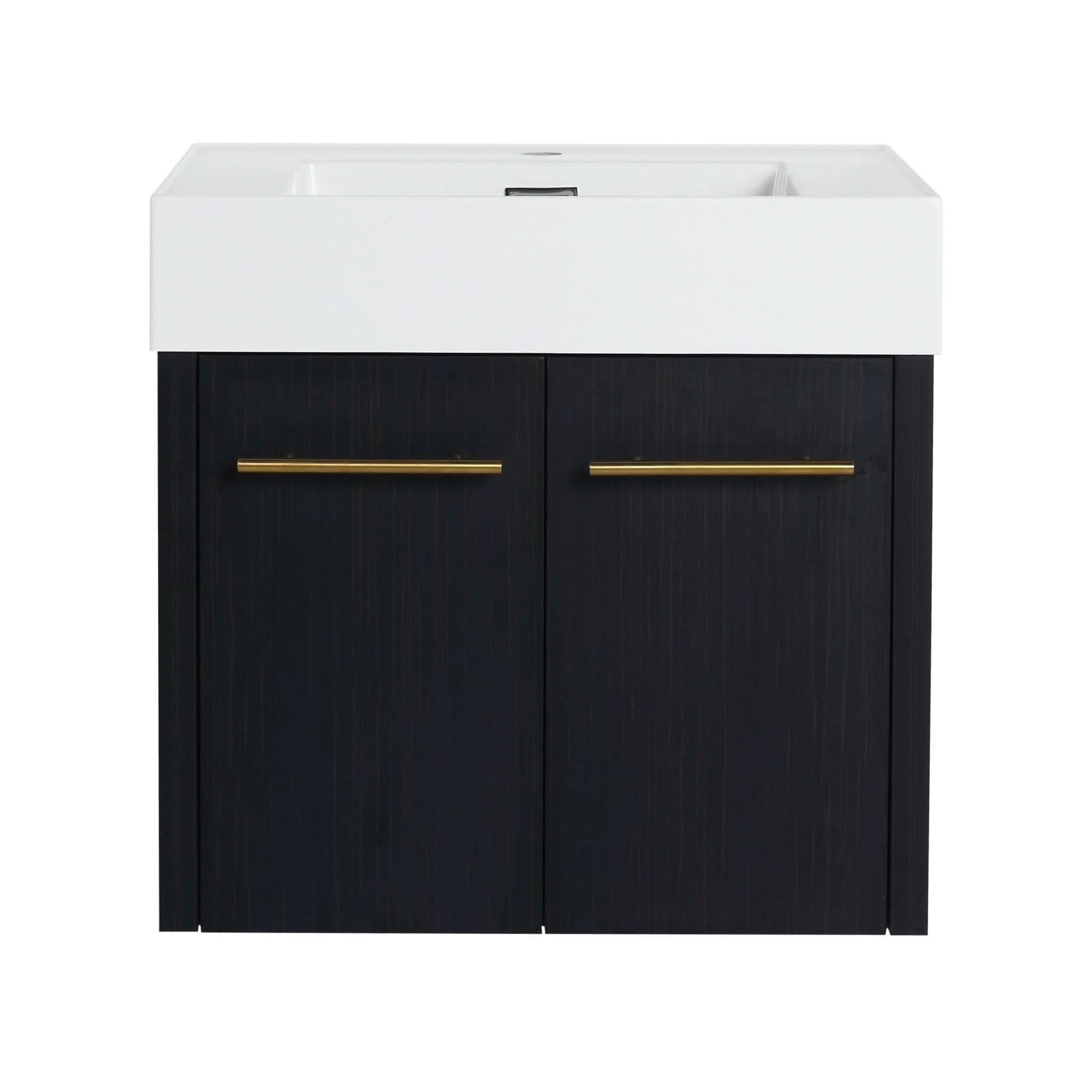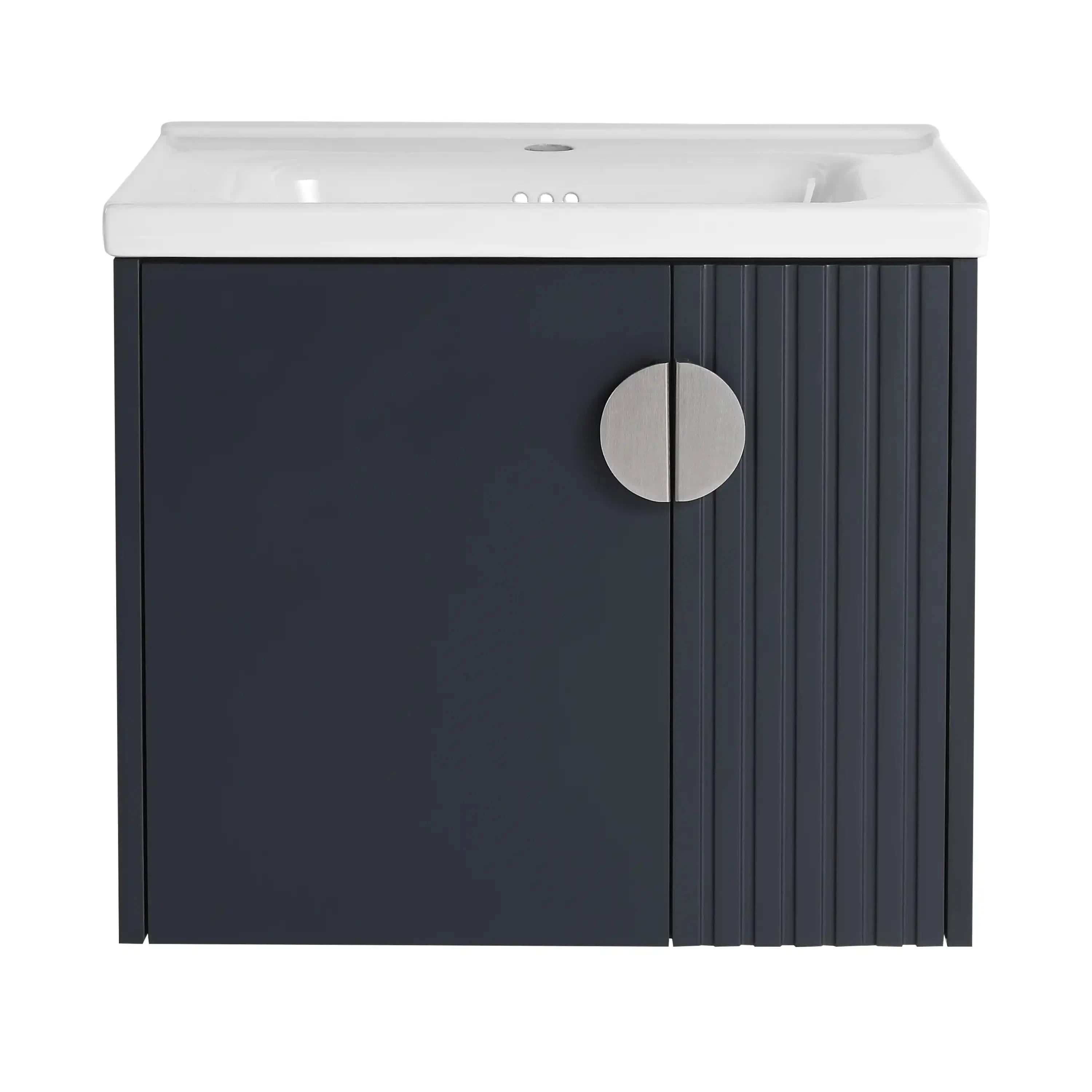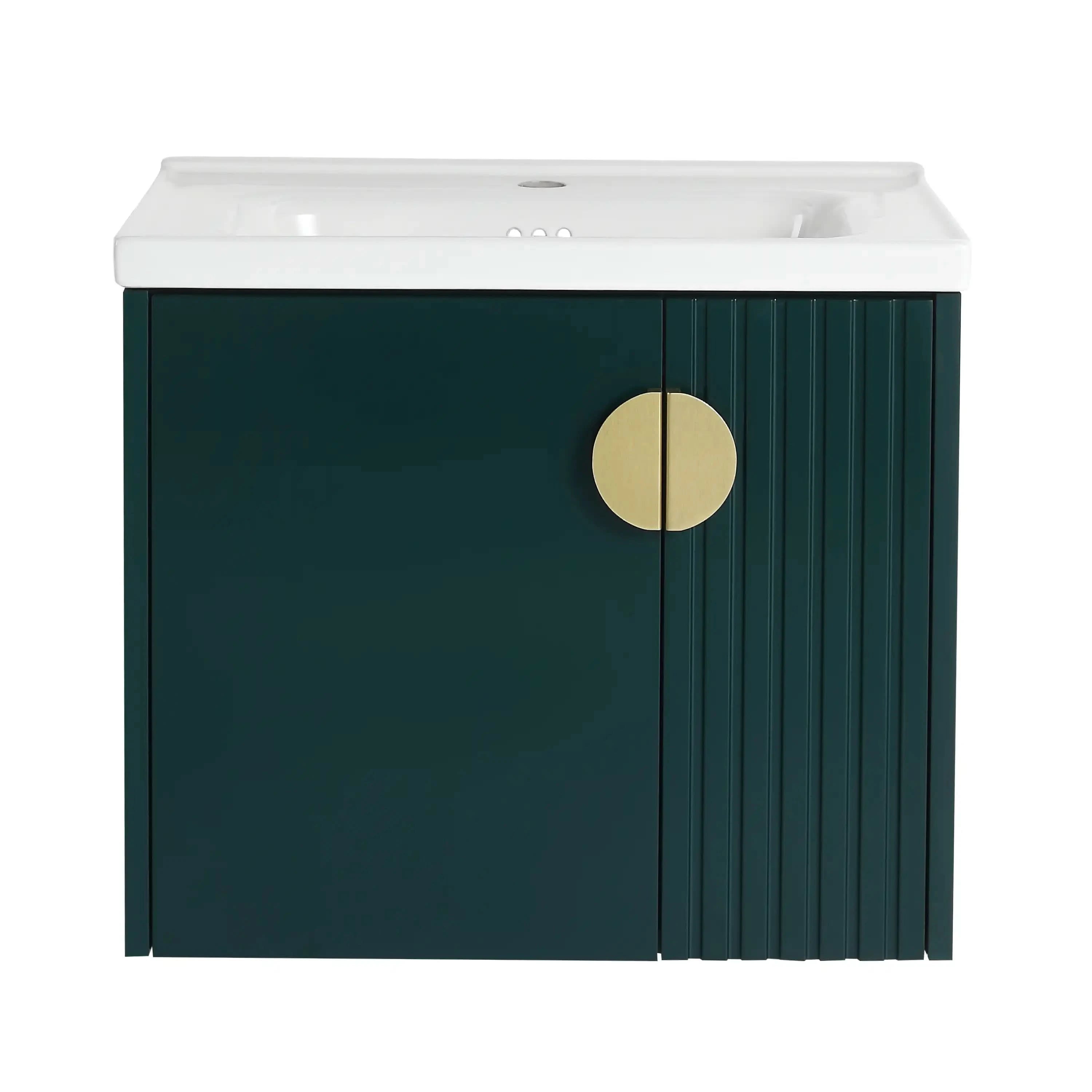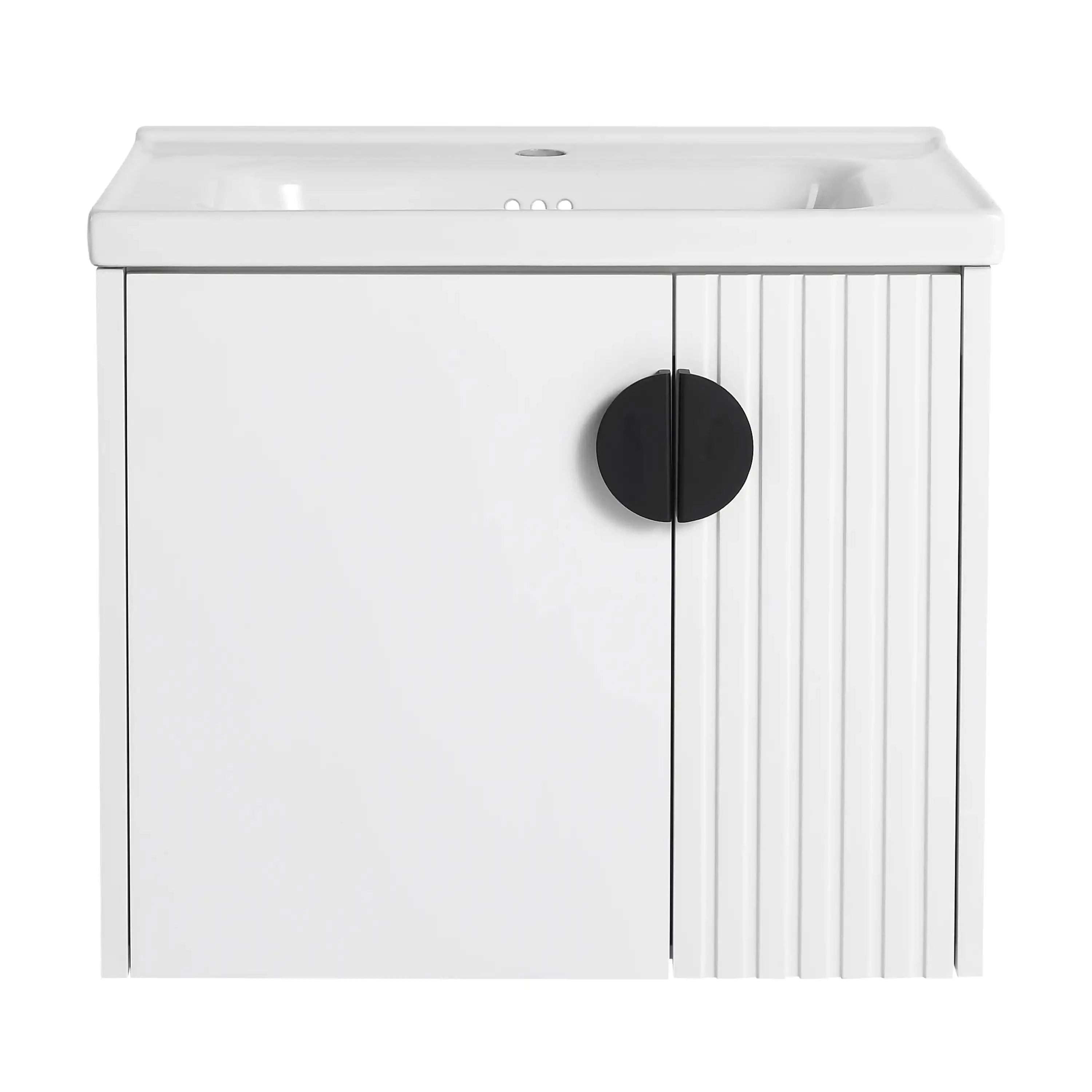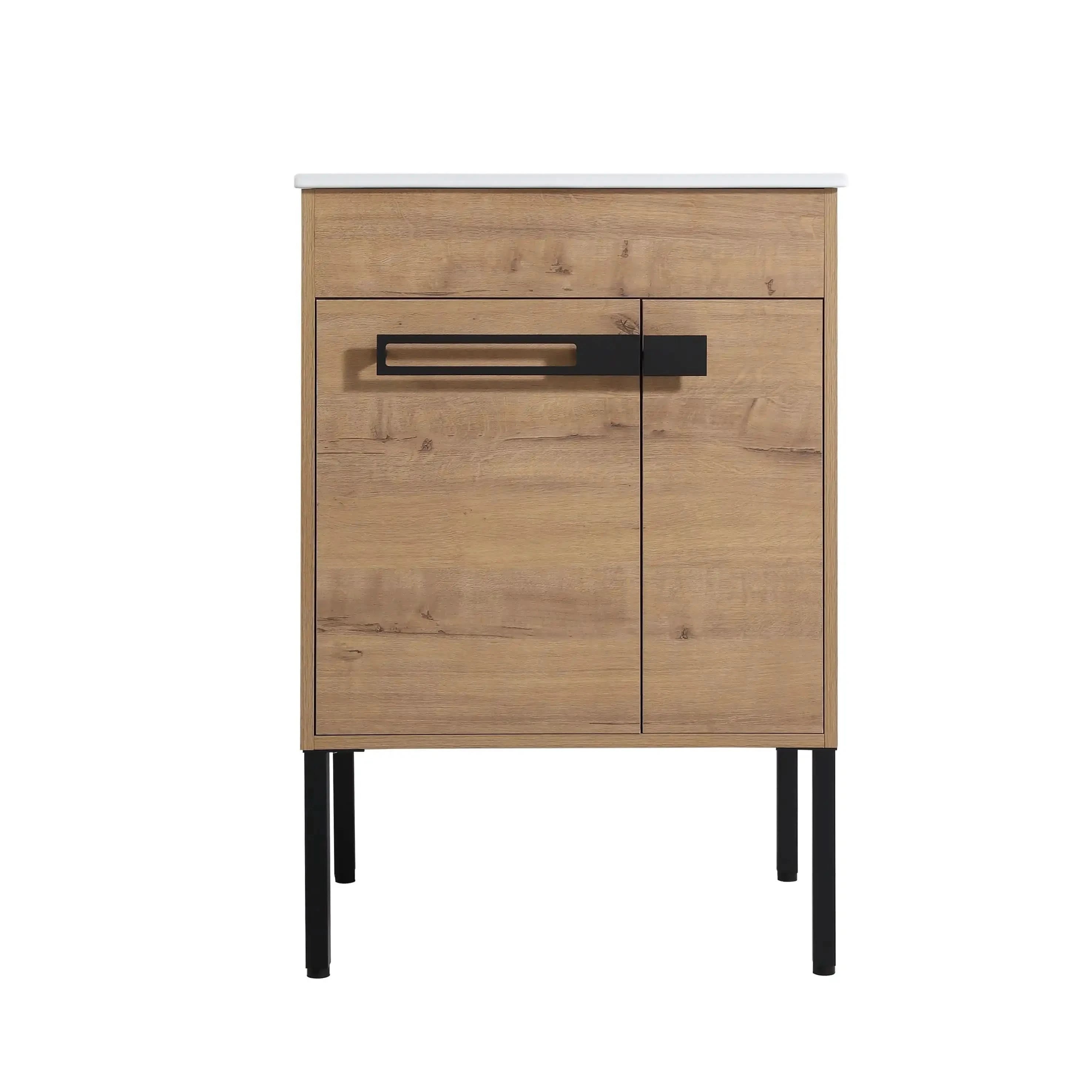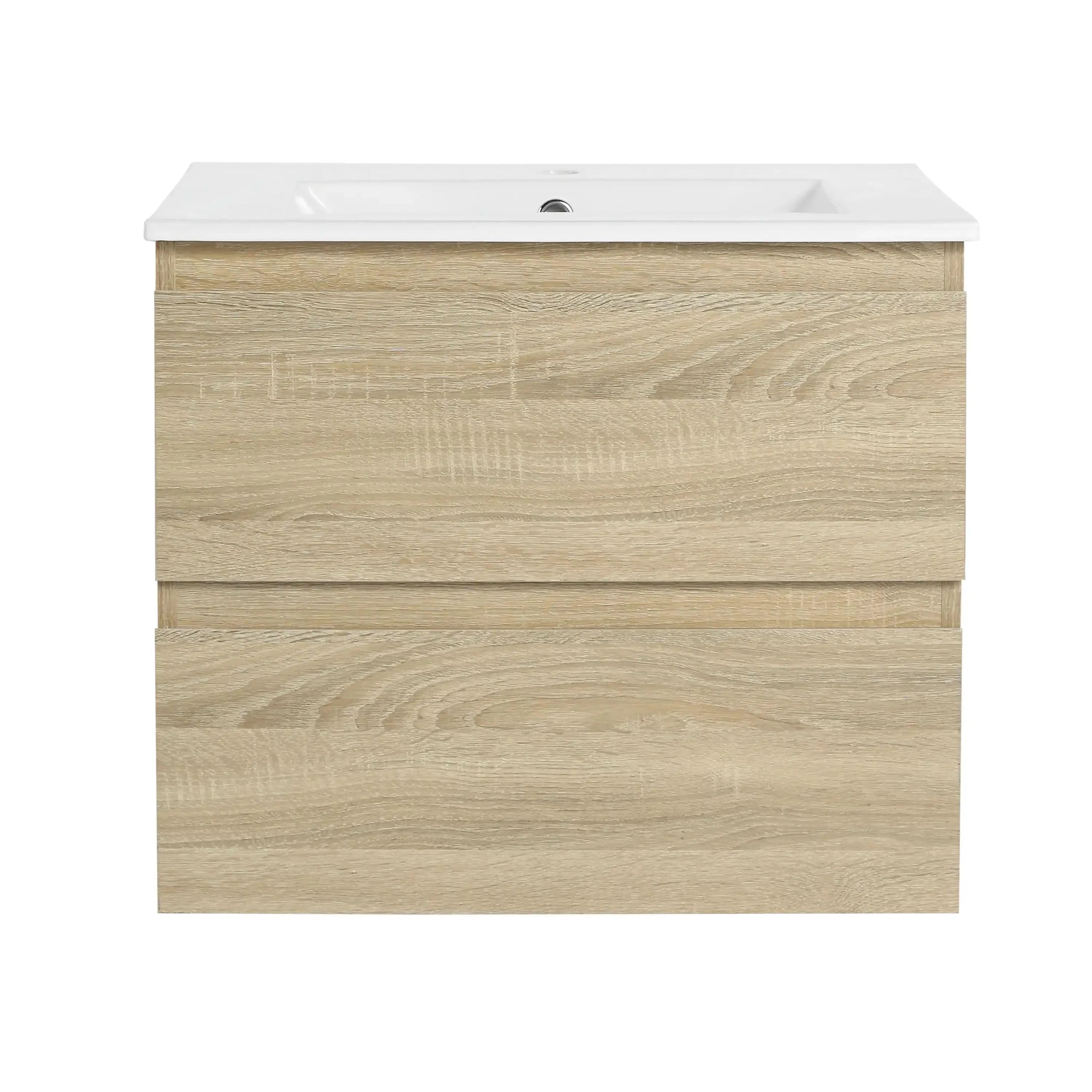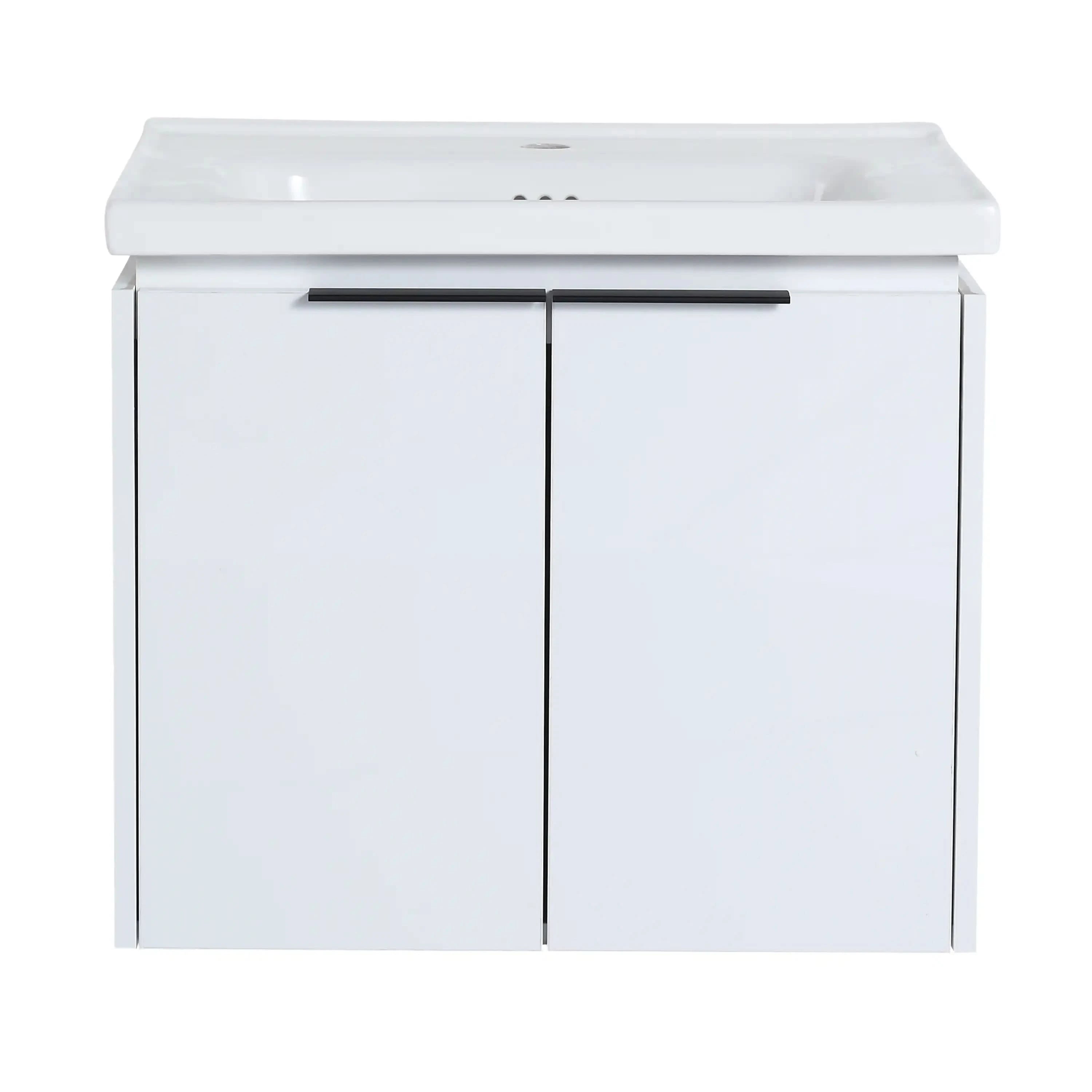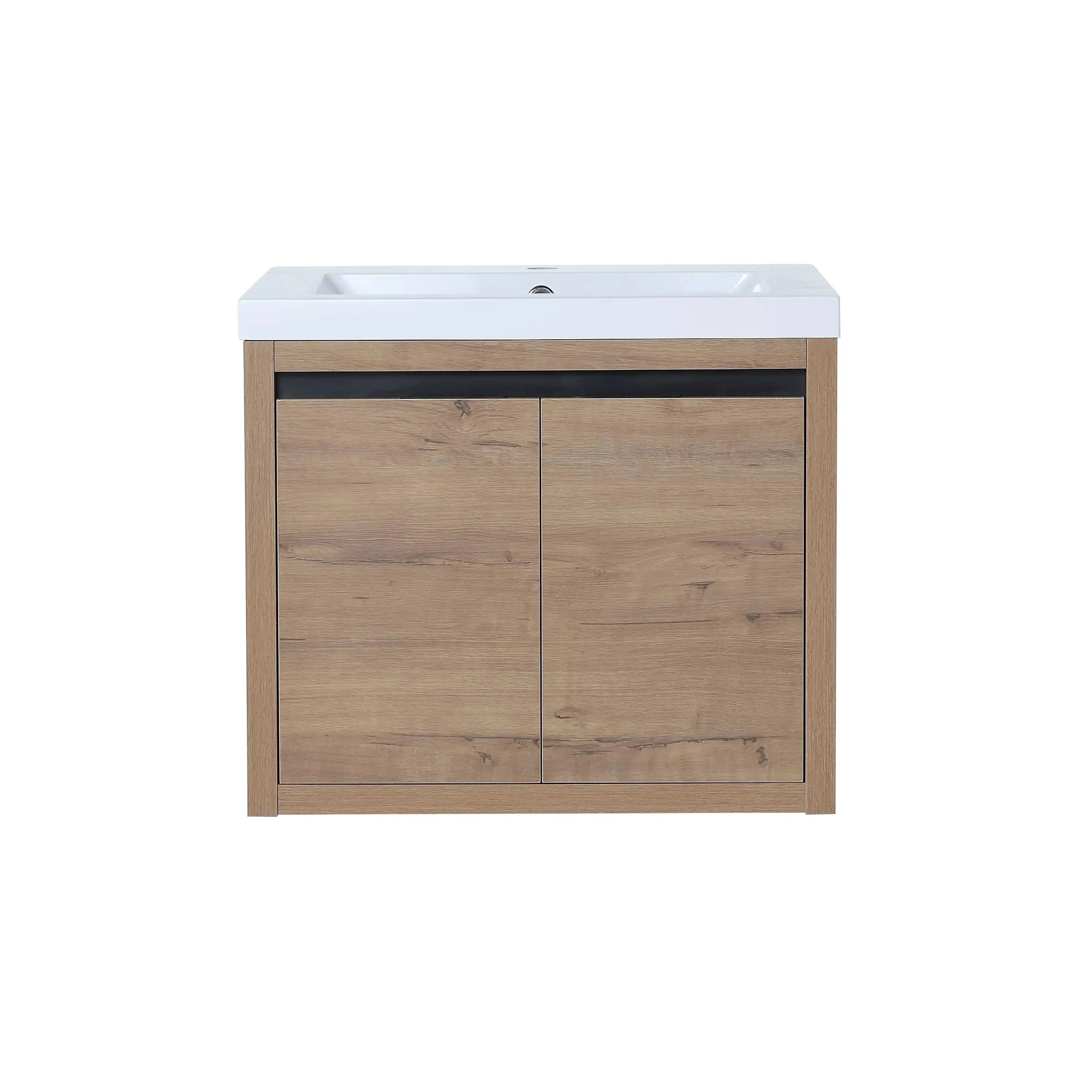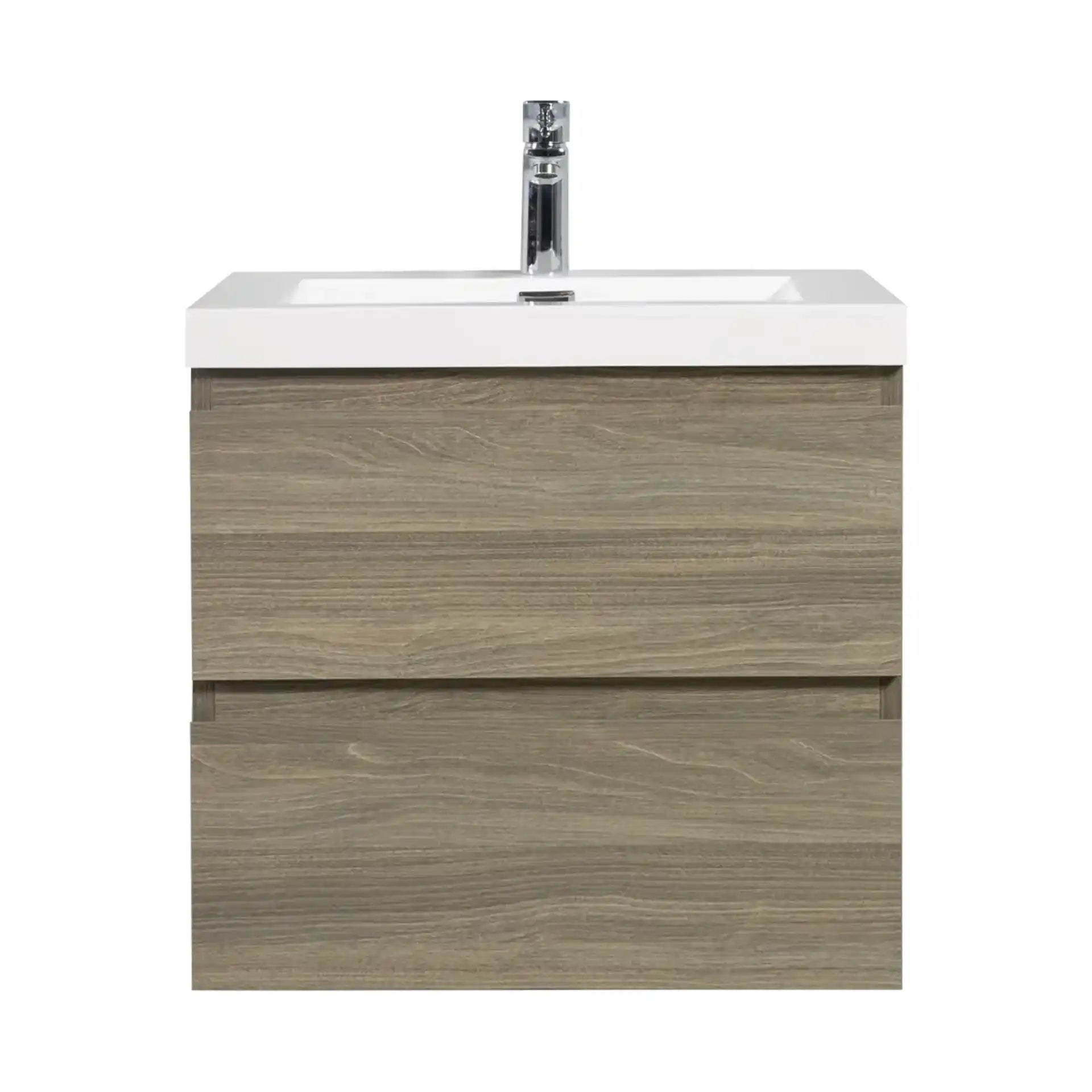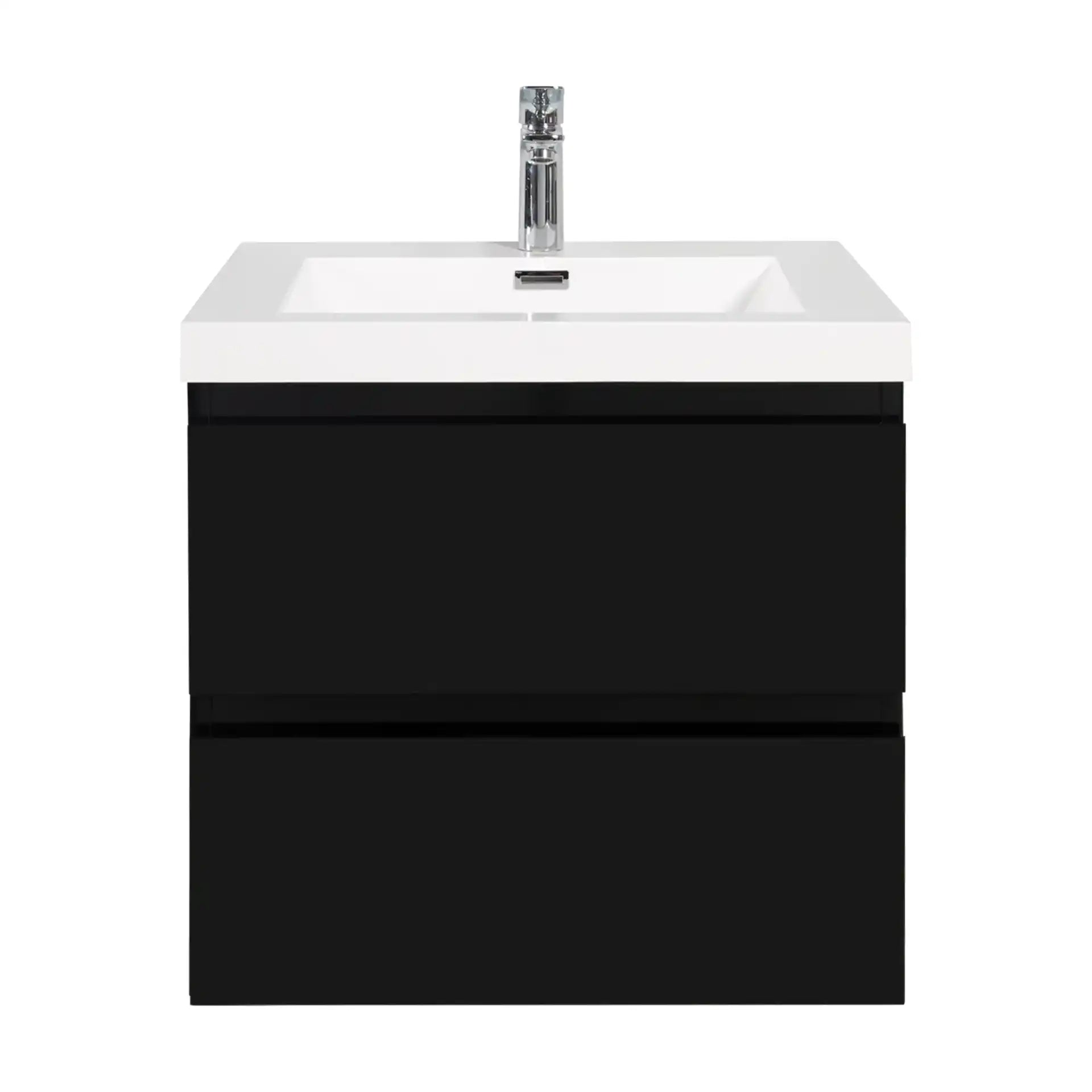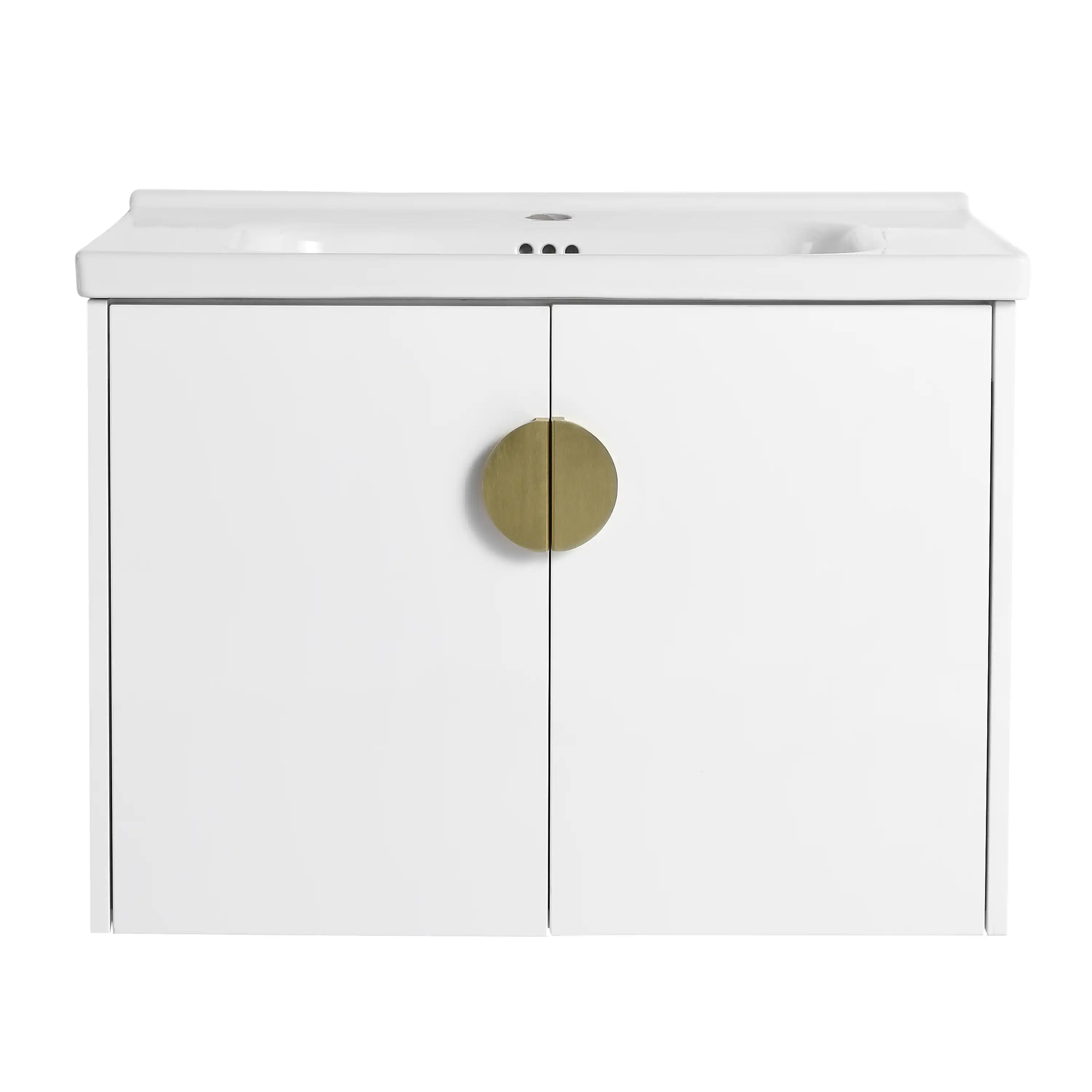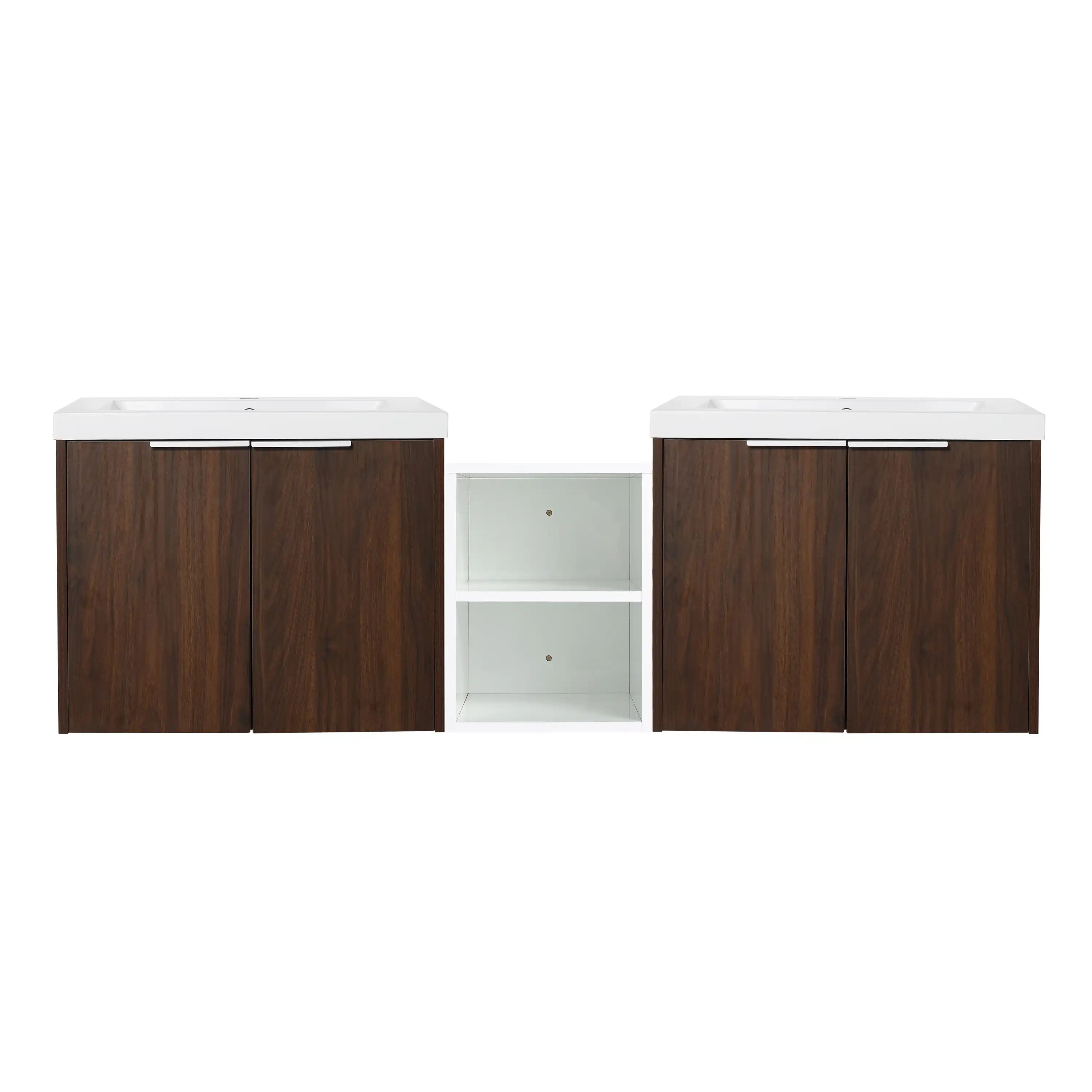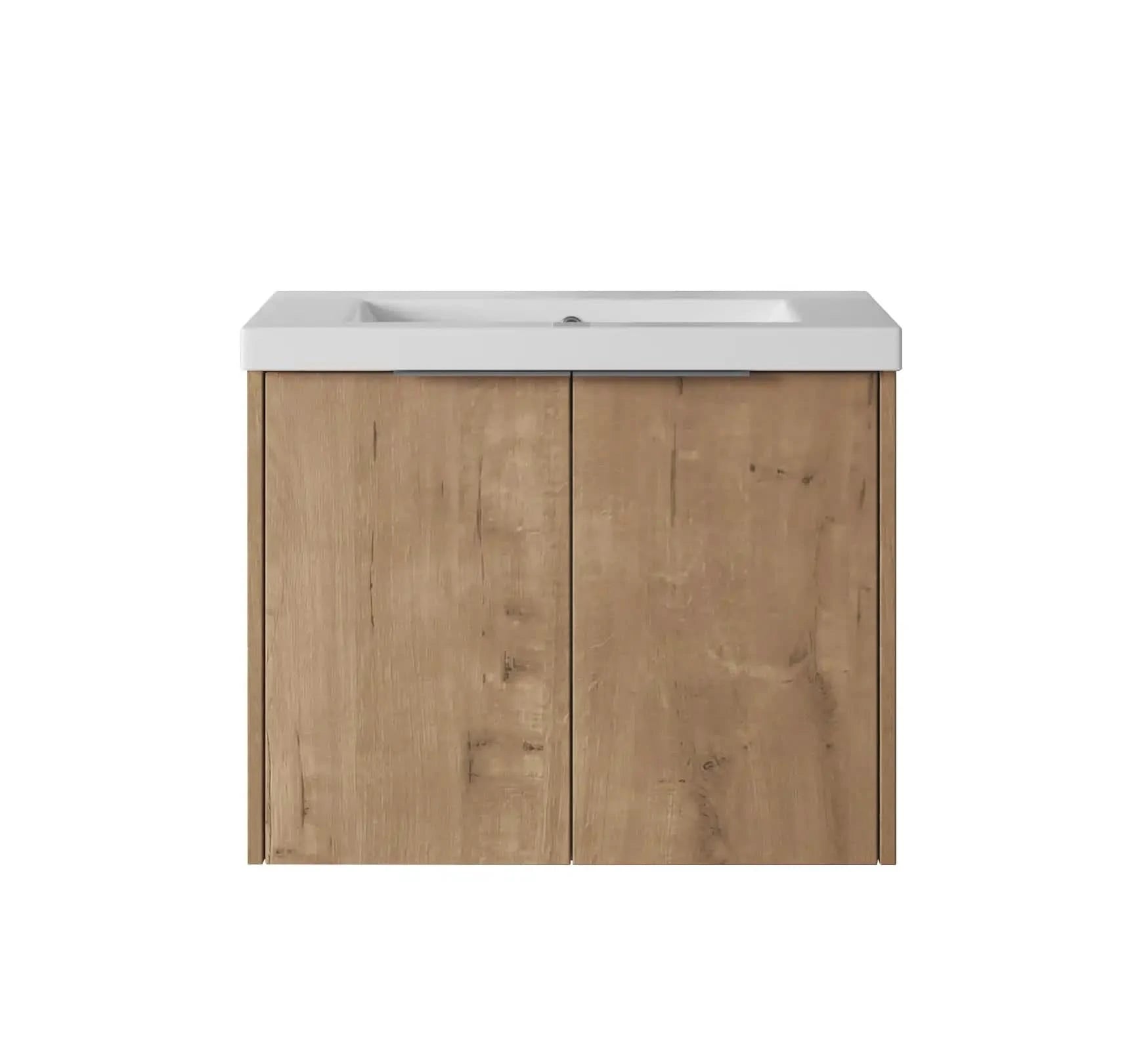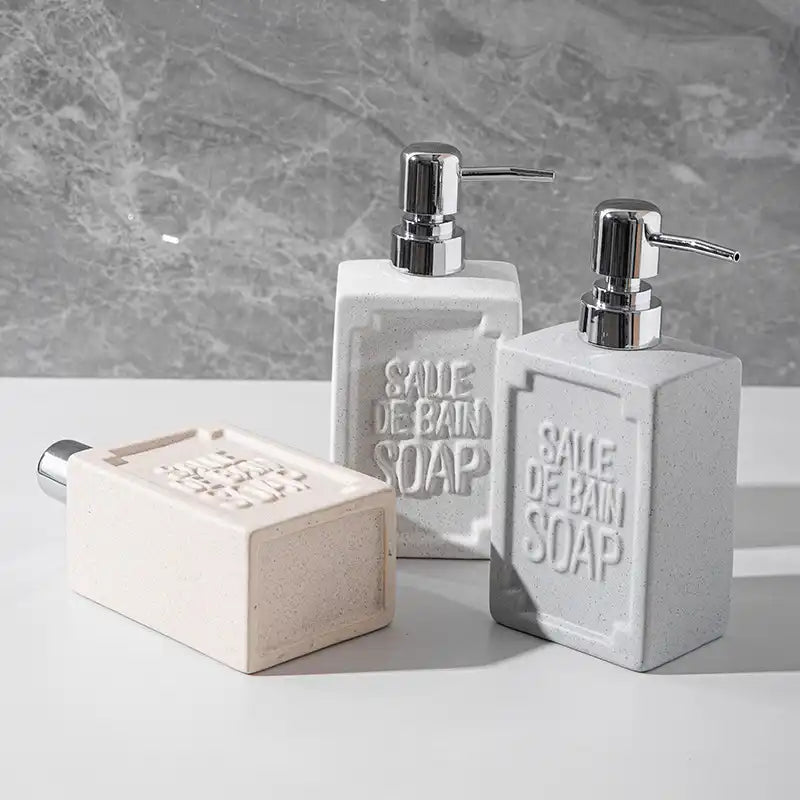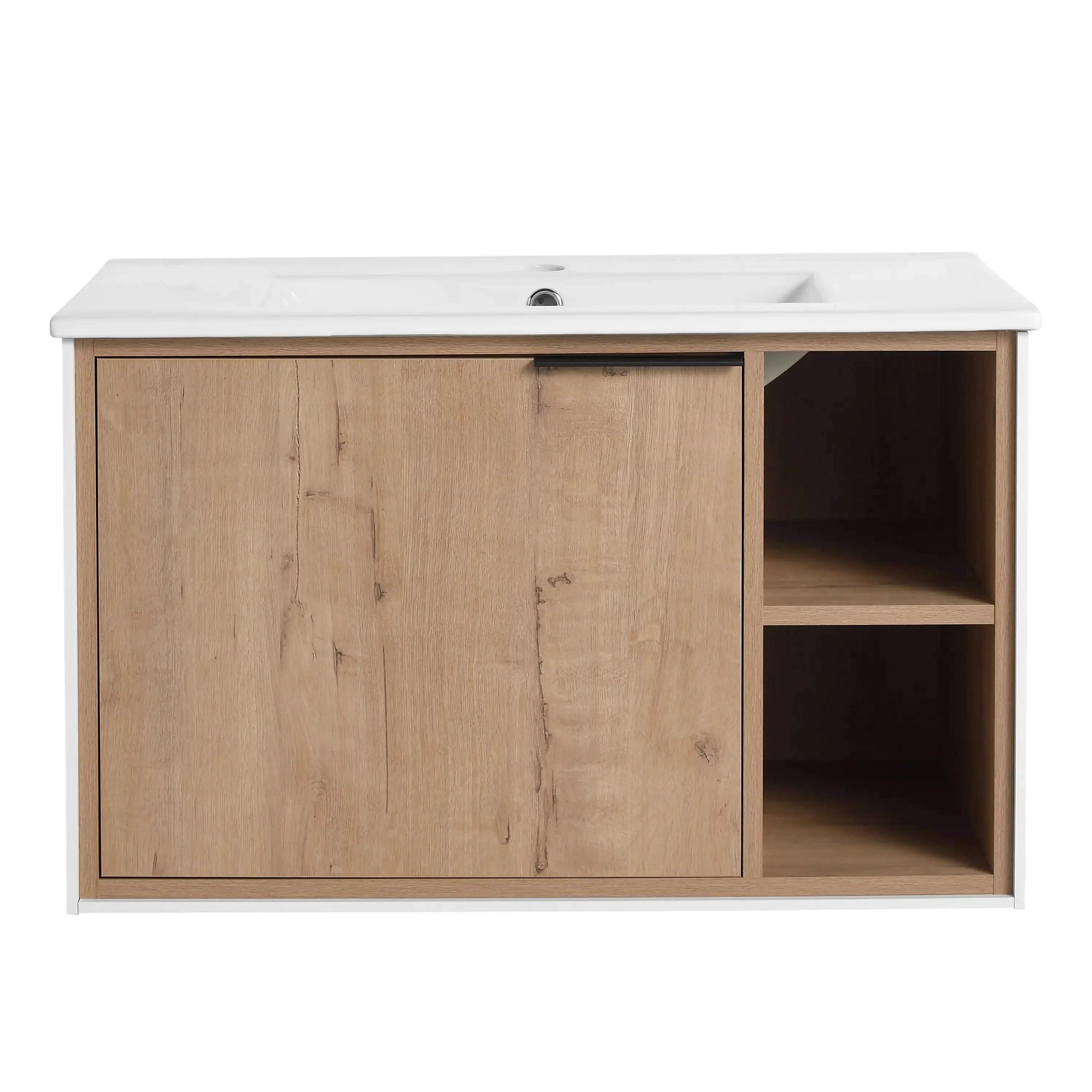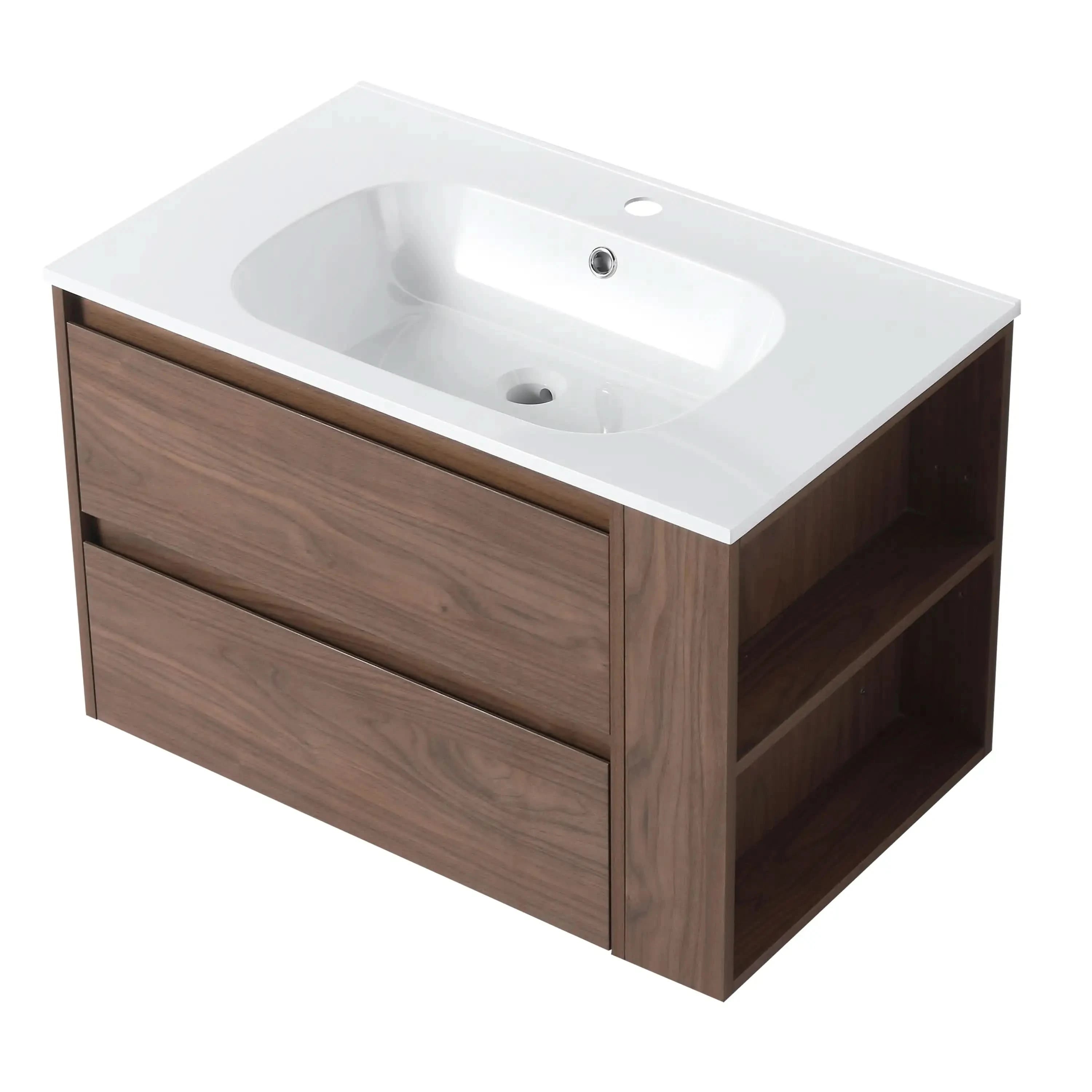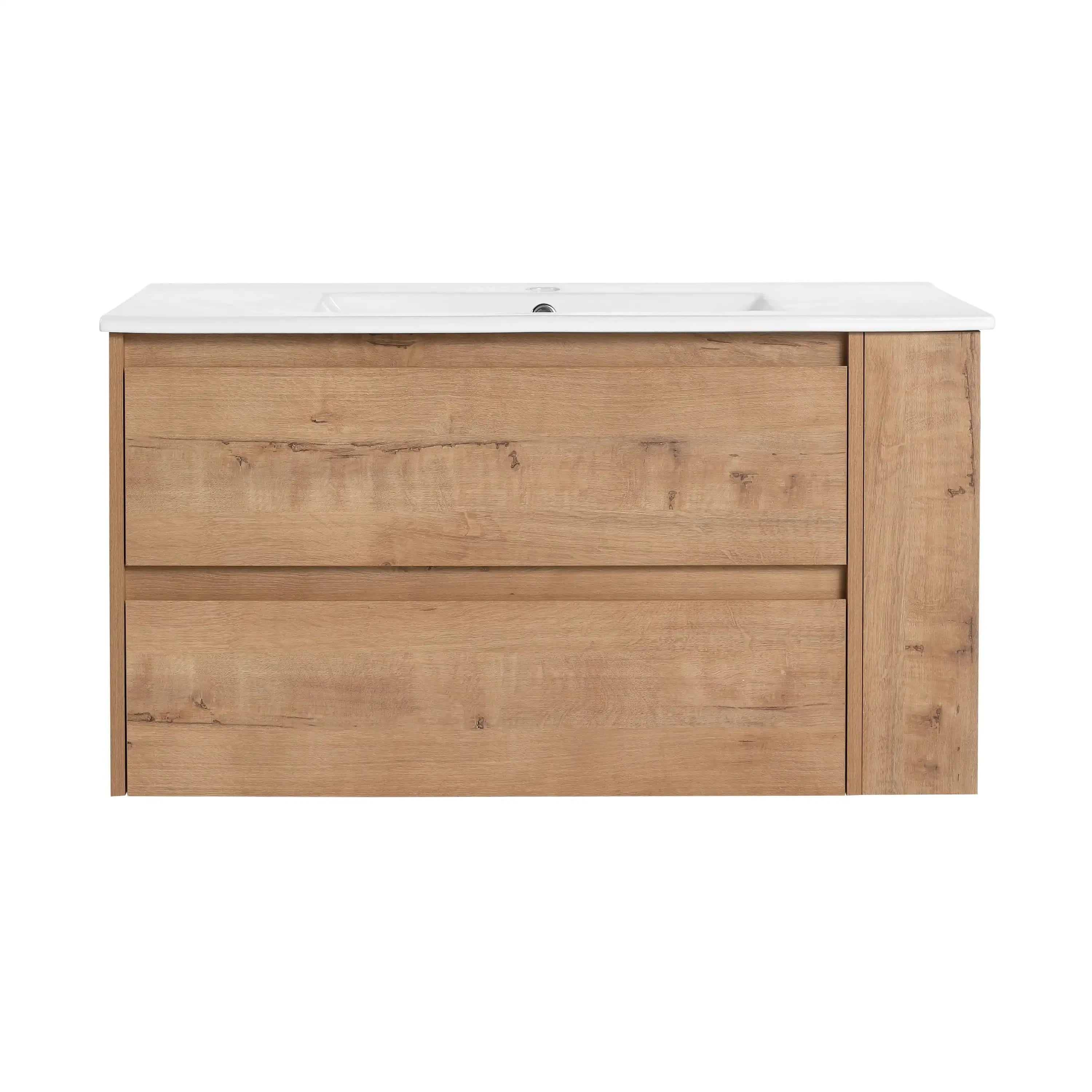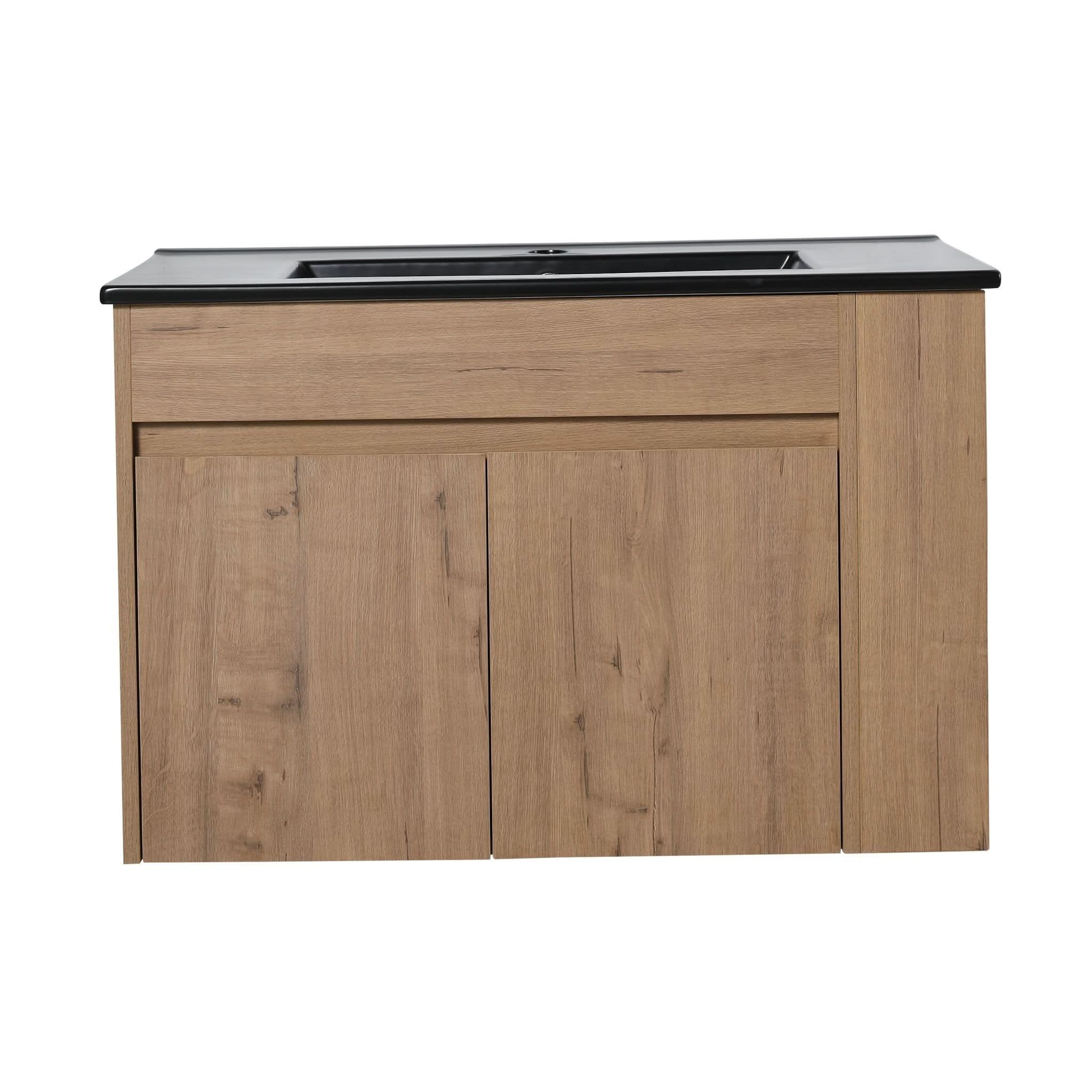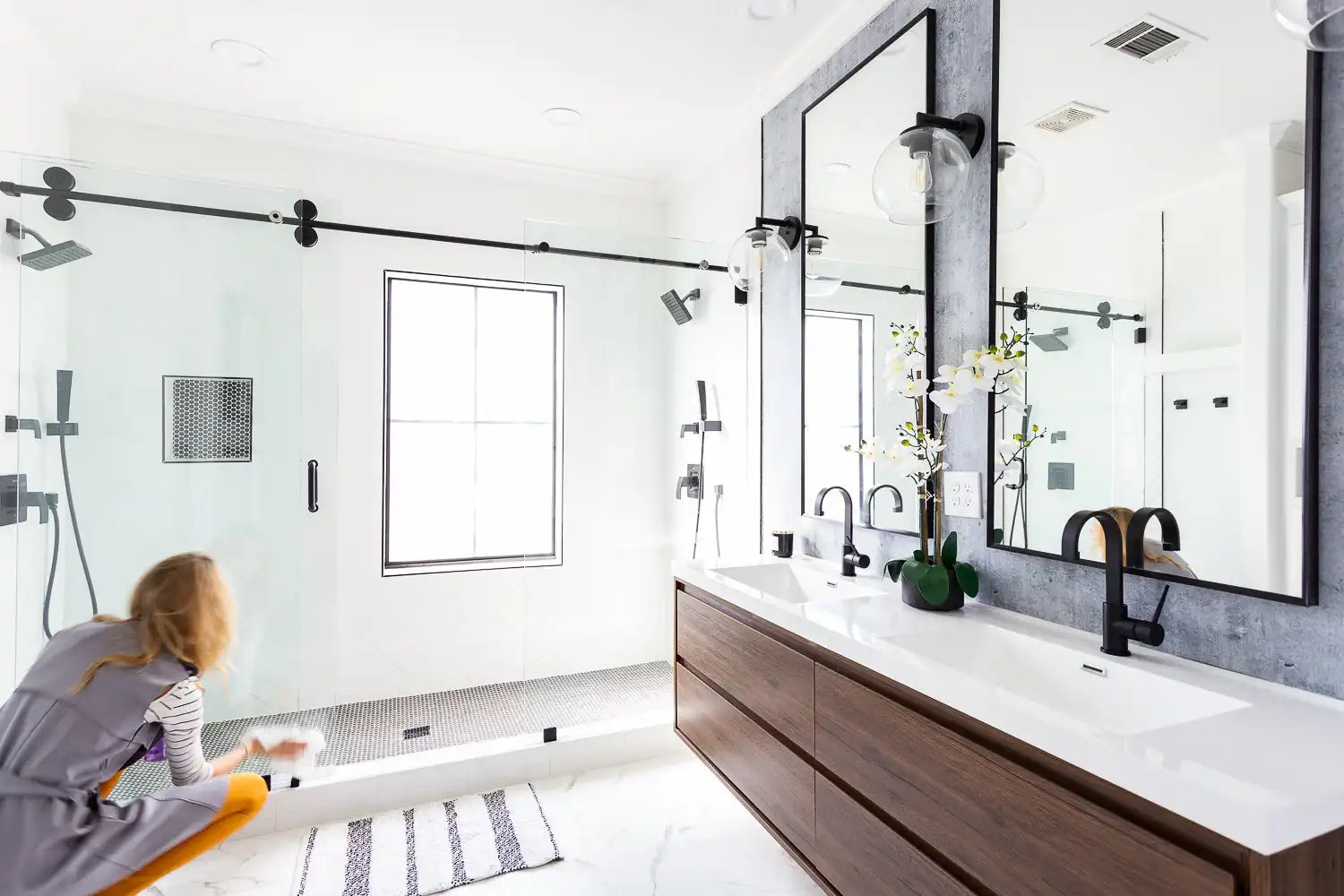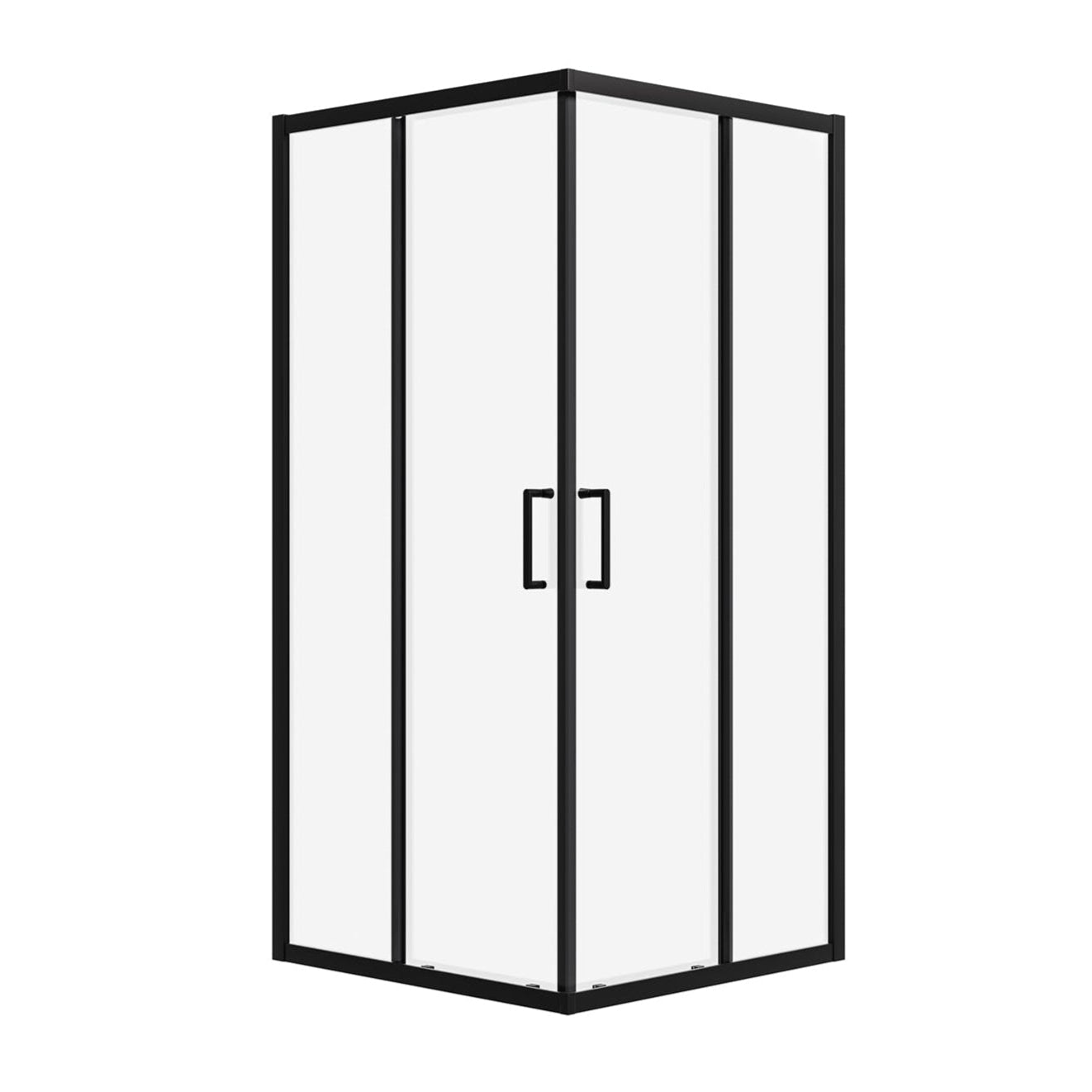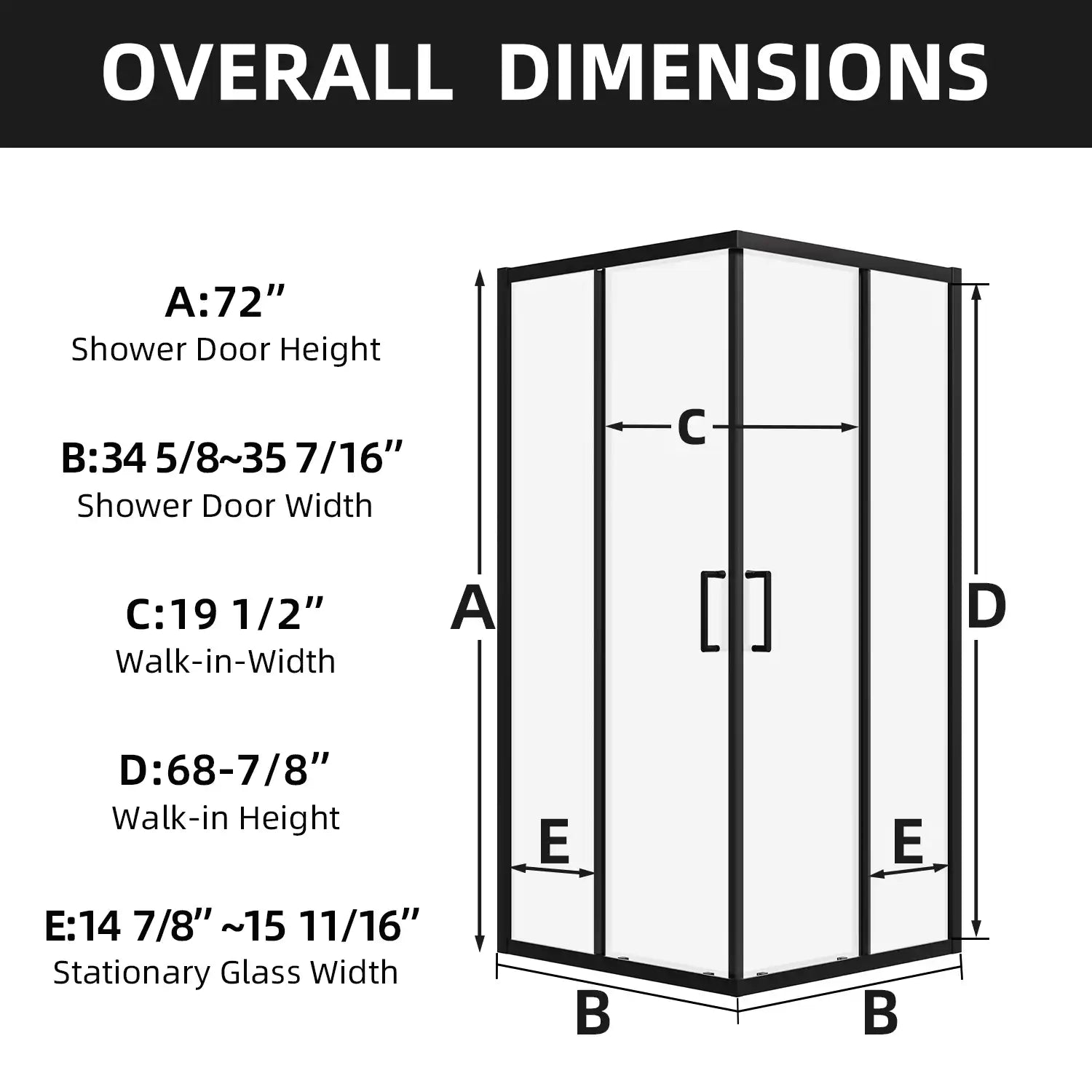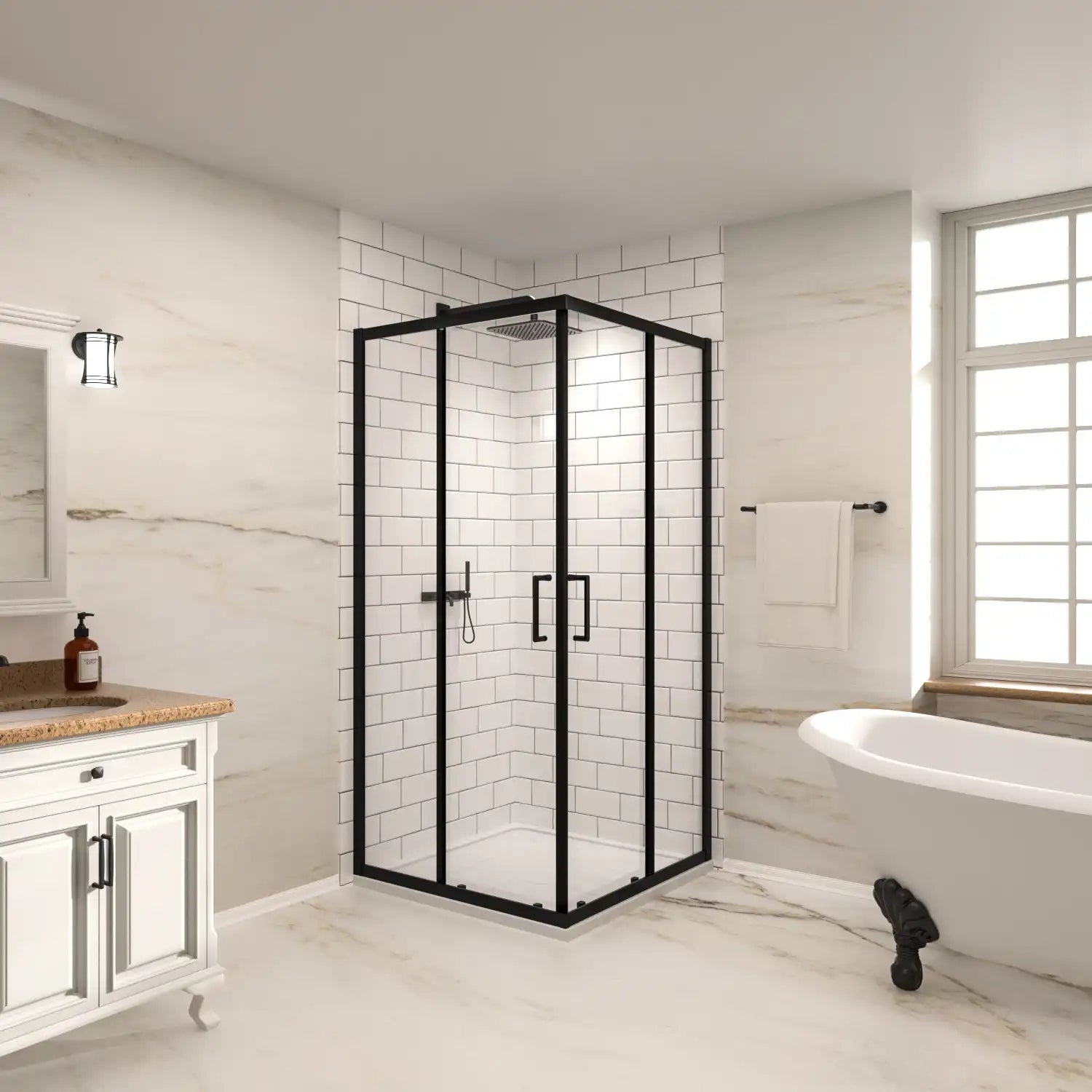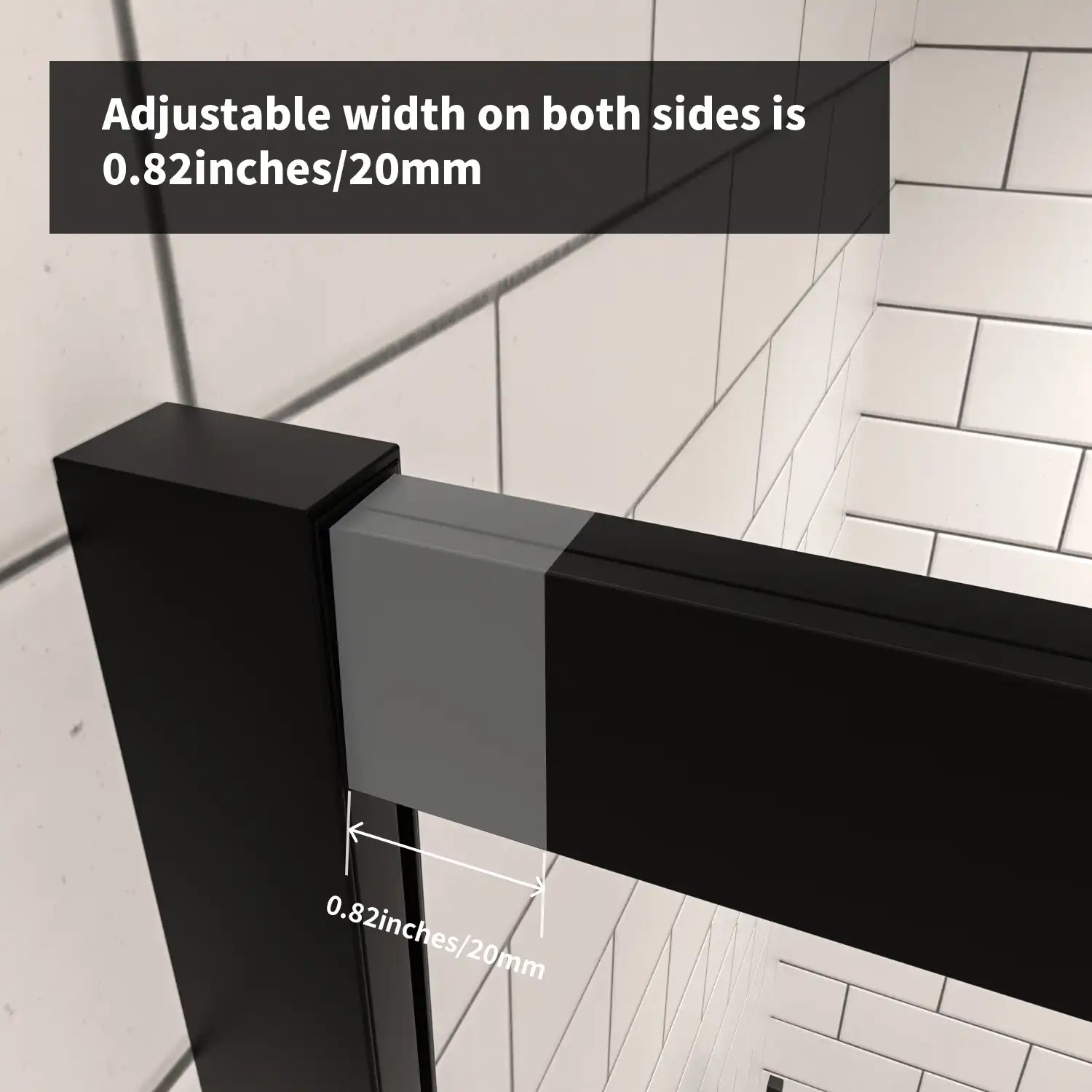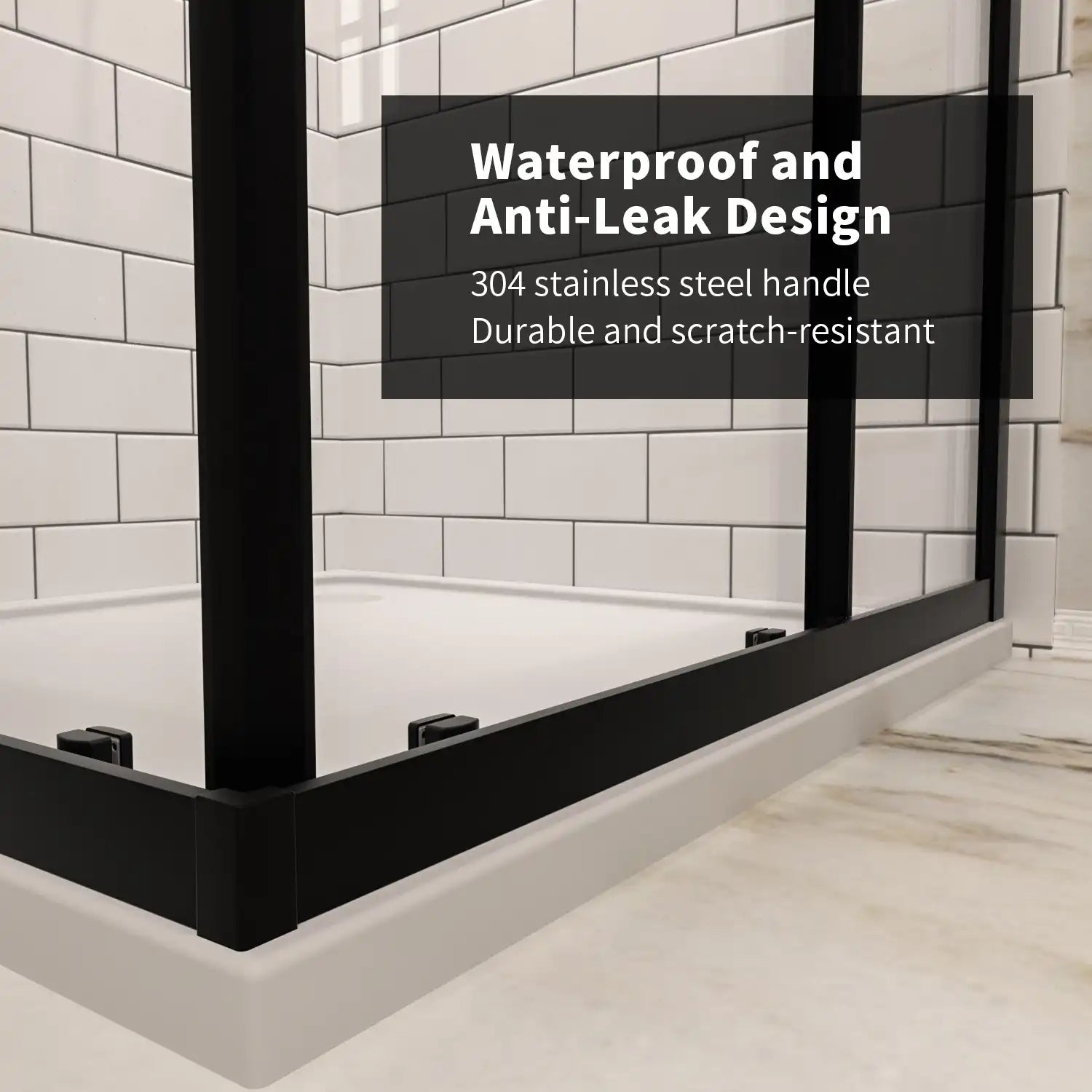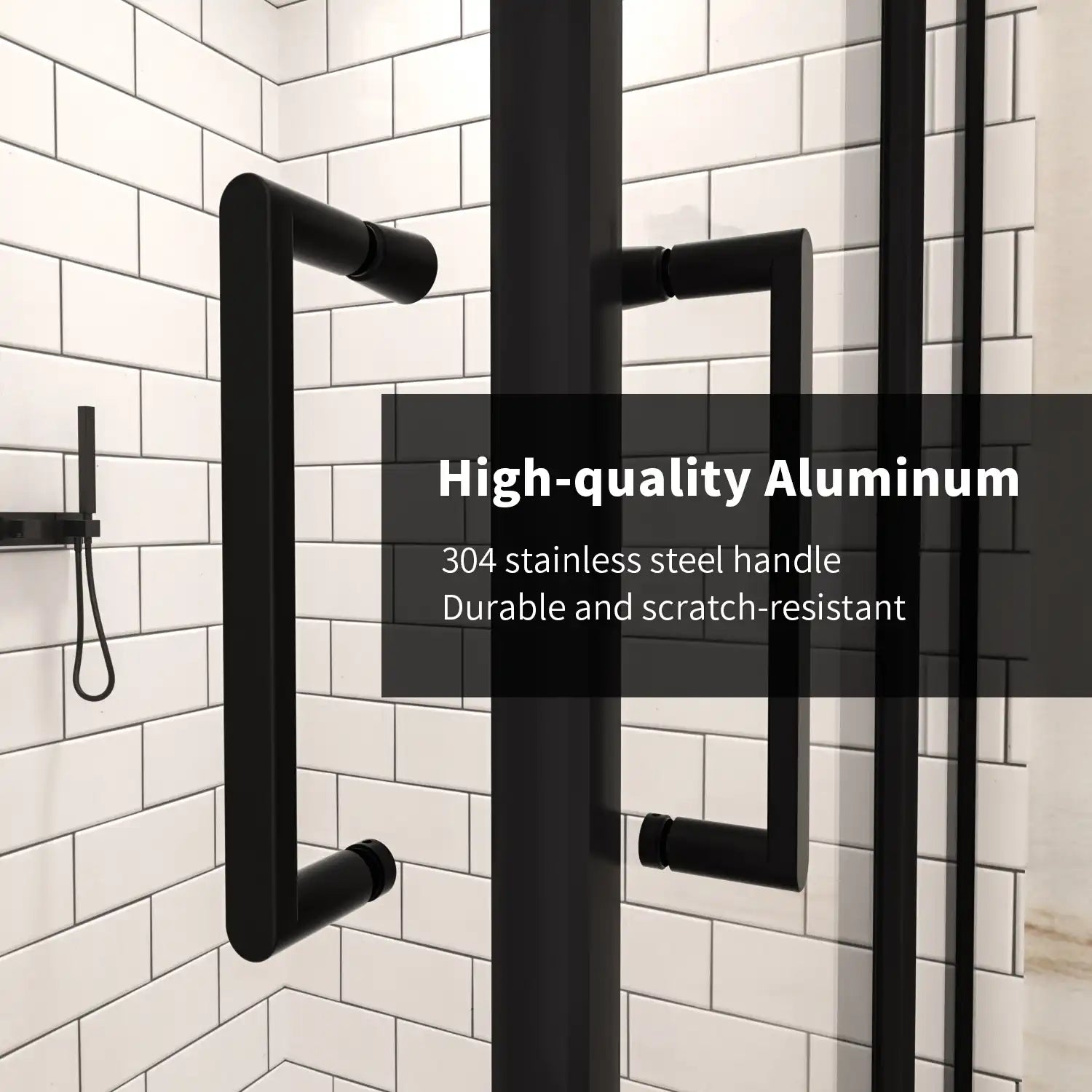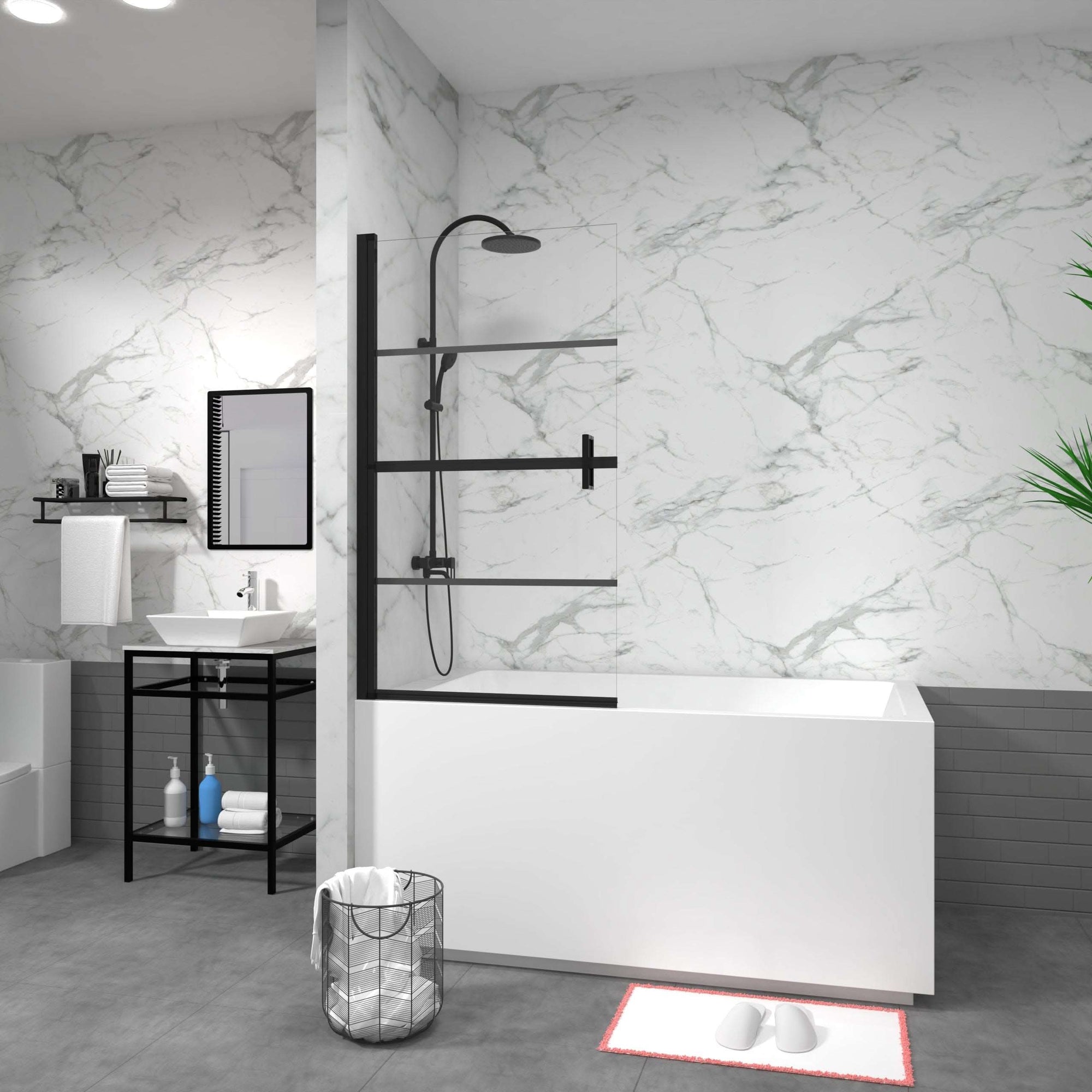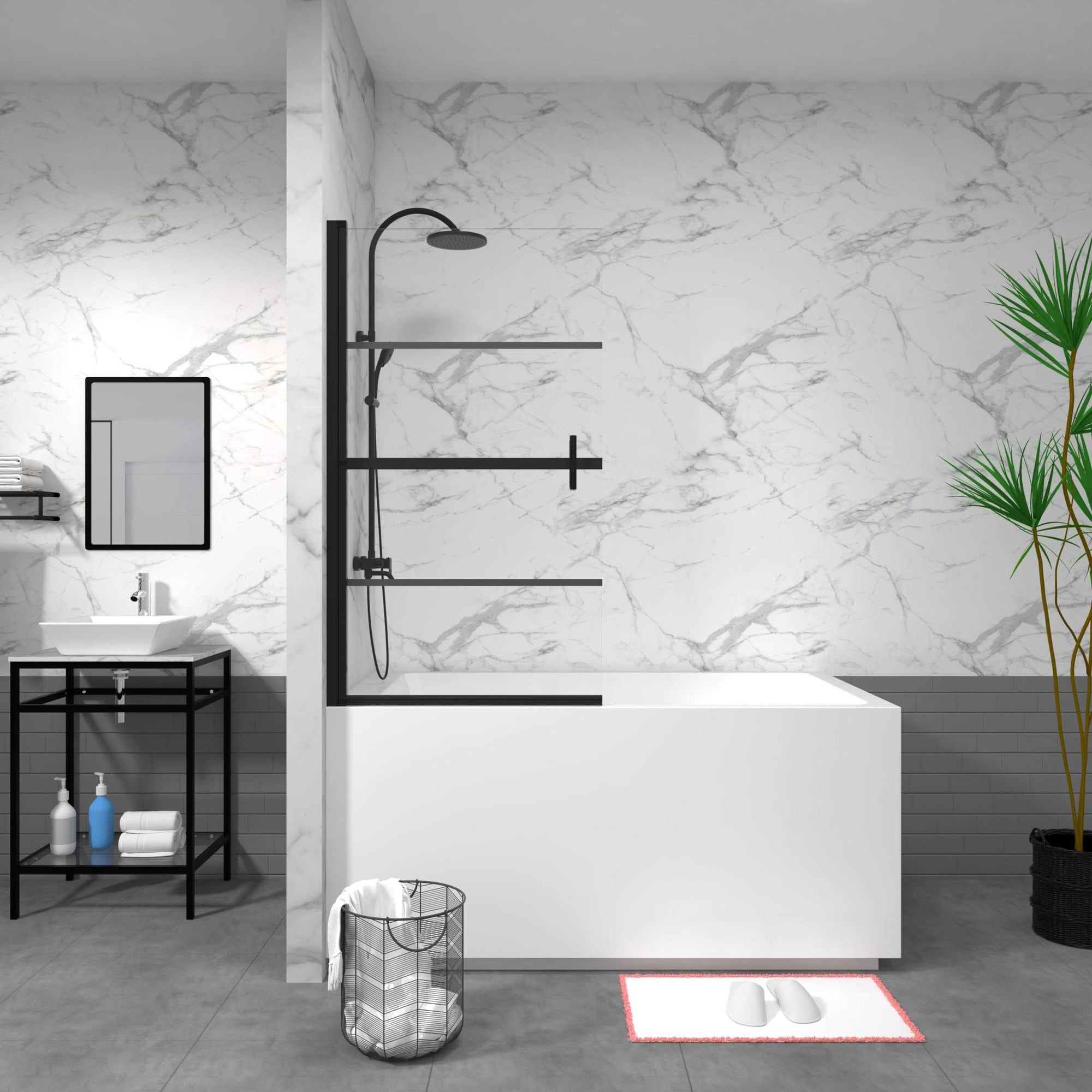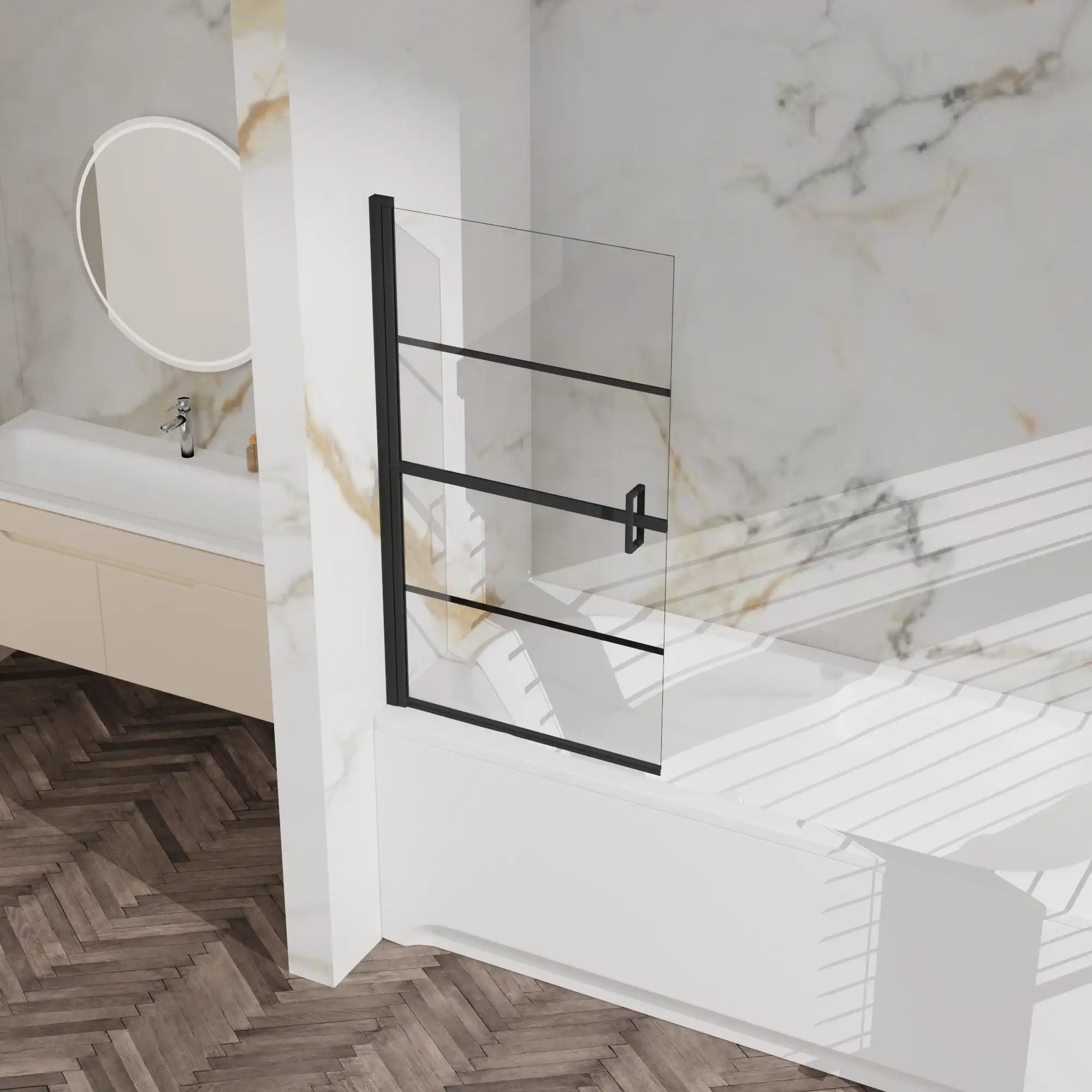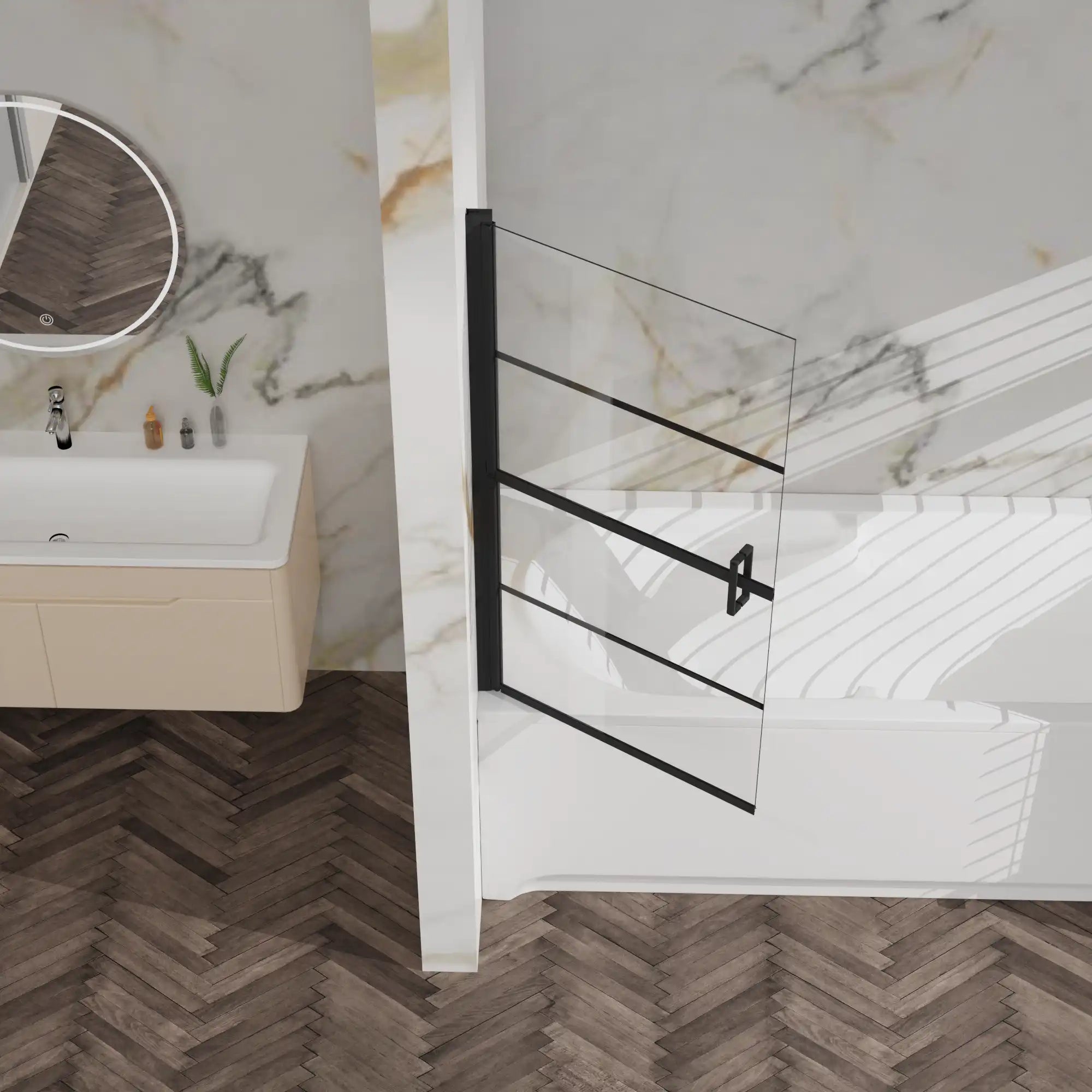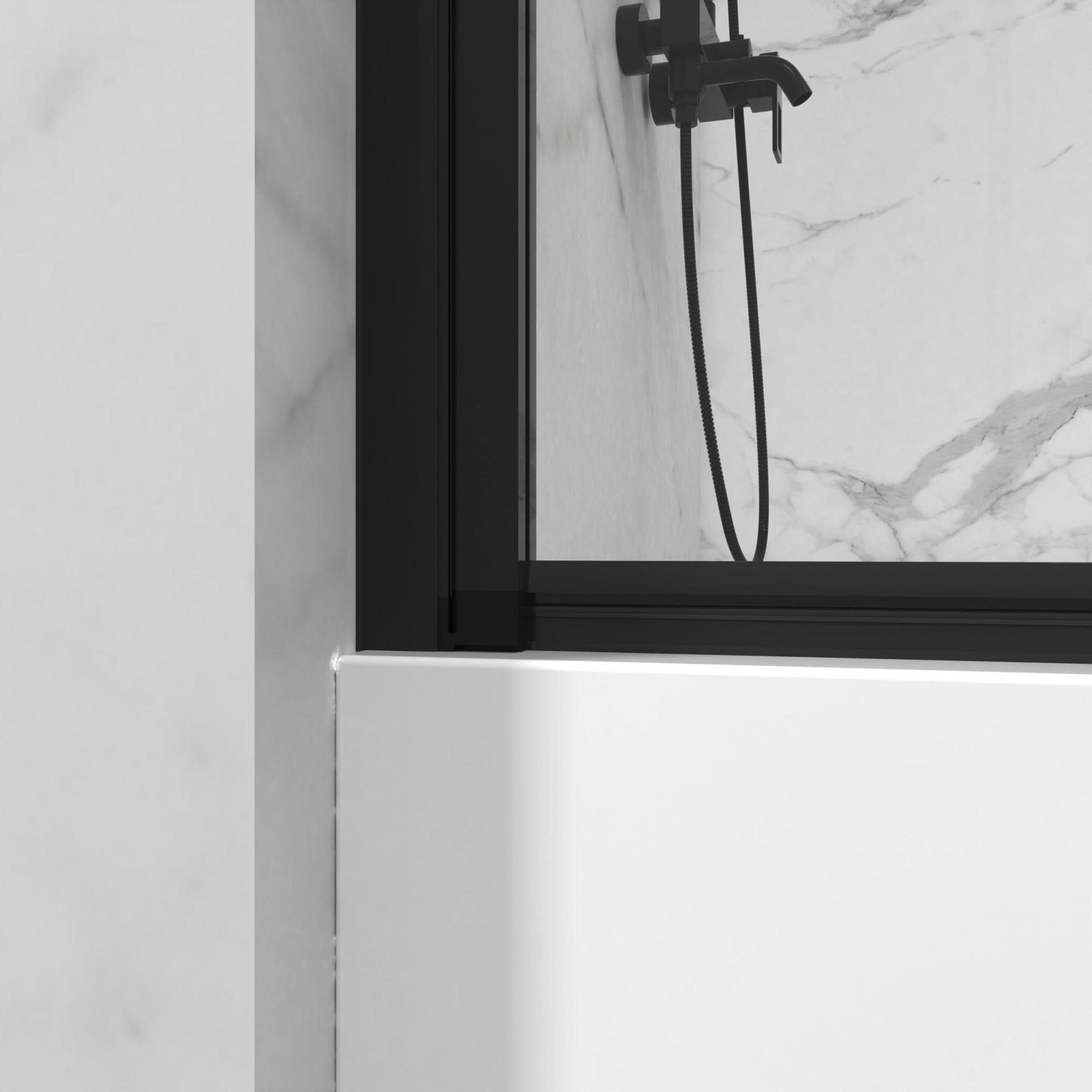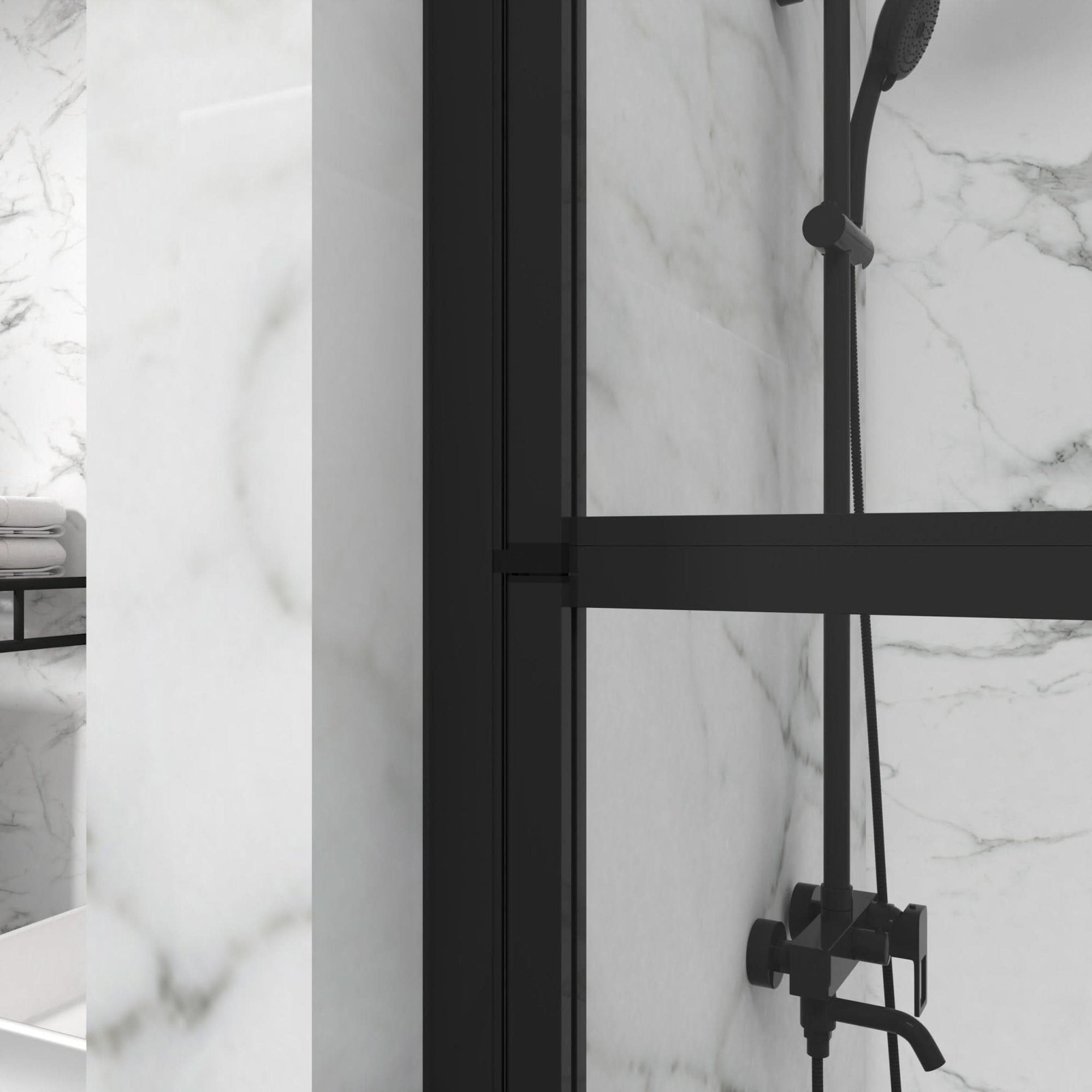When it comes to designing or upgrading your bathroom, the shower door is often one of the first elements to consider. A high-quality shower slide door can transform an ordinary shower into a sleek, modern space that feels like a retreat. But with so many options available, it can be overwhelming to decide what features and qualities matter most.
In this guide, we’ll explore the crucial factors to look for when purchasing a shower slide door. From materials and durability to the features that make all the difference, we’ll break down everything you need to know to make a choice you’ll be happy with for years to come.
The Foundation of a High-Quality Shower Slide Door: Materials
The materials that make up a shower slide door will influence everything from its longevity to its visual appeal. The most important considerations here are the glass, frame, and protective coatings. Let’s break it down:
1. Glass Quality: The Heart of the Shower Door
When it comes to sliding shower doors, the glass is the centerpiece. But not all glass is created equal. To ensure safety and longevity, you'll want to prioritize the following:
Tempered Glass: Safety and Strength in One
Tempered glass is the industry standard for shower doors. The reason? It’s far stronger than regular glass. During the manufacturing process, tempered glass is heated to extreme temperatures and then rapidly cooled, making it up to four times stronger than standard glass. This means your shower door can withstand impacts without breaking into dangerous shards. Instead, it will break into small, rounded pieces, reducing the risk of injury.
Another bonus? Tempered glass is also more resistant to thermal shock, so you don’t have to worry about it cracking from sudden temperature changes, like stepping into a hot shower after a cold day.
Thickness: A Matter of Durability and Aesthetics
Glass thickness is another important factor. The thicker the glass, the more durable and substantial the door will feel. Most high-quality shower slide doors use glass that is between 6mm to 10mm thick. Thicker glass not only feels more luxurious but is also more resistant to wear and tear. For those seeking a truly upscale look and feel, 10mm glass is often the best choice, providing a sturdy, high-end appearance.
Thicker glass also tends to be more soundproof, meaning you’ll hear less noise from the sliding mechanism and water splashing inside the shower.
Clarity and Texture: Clear or Frosted Glass?
Glass clarity is a personal preference. Clear glass offers an open, airy feel and allows you to showcase your shower’s tiles and design. It’s a great choice if you have an attractive shower interior and want to highlight the craftsmanship.
However, if privacy is important, you may want to consider frosted or textured glass. Frosted glass can give your shower a softer, more spa-like feel, while still allowing light to filter through. Textured glass is also a popular option, offering both privacy and aesthetic appeal, as well as a unique visual element to your bathroom.
2. Frame Materials: Balancing Durability and Aesthetics
While frameless shower doors have become a popular trend in modern bathrooms, framed doors still offer distinct advantages. Let’s look at the materials commonly used for both framed and frameless doors.
Stainless Steel: Strength Meets Style
For framed doors, stainless steel is the top choice. It’s corrosion-resistant, incredibly durable, and adds a sleek, contemporary look to the bathroom. Stainless steel frames are especially beneficial in bathrooms with high humidity because they won’t rust, unlike cheaper metals.
A brushed or matte finish on stainless steel can also add a subtle elegance to the door, contributing to the overall design of your shower.
Aluminum: Lightweight Yet Strong
Aluminum is another popular material for shower door frames. It’s more lightweight than stainless steel but still offers excellent durability. Aluminum frames are also more affordable, which makes them a good option for those working within a tighter budget. That said, they are still quite resistant to rust, making them a solid choice for bathroom settings.
Some aluminum frames come with a powder-coated finish, which helps to protect the frame from corrosion and staining. This makes them easier to clean and maintain over time.
3. Protective Coatings: Keep It Clean and Long-Lasting
High-quality shower doors often come with protective coatings that reduce the need for frequent cleaning and help maintain the door’s pristine look. These coatings fall into two main categories:
Anti-Scale and Anti-Water Spot Coatings
Water spots and soap scum can quickly accumulate on shower doors, leaving them looking streaky and unappealing. Fortunately, many high-end shower doors feature water-repellent coatings, which make it more difficult for water and soap scum to adhere to the glass. These coatings help minimize stains and keep your door looking shiny with less maintenance.
Some advanced coatings even use nanotechnology to repel water, creating a smooth surface that prevents buildup. This makes cleaning faster and more efficient, which is a huge plus for busy homeowners.
Durability: How to Ensure Your Shower Slide Door Lasts
When investing in a shower door, durability is key. After all, this is a purchase that’s meant to last for years to come, so you'll want to ensure it holds up to everyday use. Here's what you should consider:
1. Roller and Track System: Smooth, Silent, and Sturdy
The roller system is one of the most important parts of a sliding door. Without smooth rollers, your shower door will be noisy, jerky, and difficult to operate.
High-quality rollers are typically made of durable materials such as nylon or stainless steel, which are both corrosion-resistant and designed for long-term use. Nylon rollers are quieter, while stainless steel rollers offer maximum strength and a more luxurious feel.
The track system, which supports the rollers, is equally important. Look for tracks made from stainless steel or anodized aluminum, as these materials will stand up to humidity and constant use without rusting or bending.
2. Hardware Quality: Small Details That Make a Big Difference
The hinges, handles, and other hardware components of a shower slide door can significantly impact its durability and overall aesthetic. High-quality hardware is made from materials like stainless steel or brass, both of which resist corrosion.
Rust-resistant finishes on handles and hinges are essential for maintaining the door’s appearance and preventing the metal parts from wearing out. Check that the hardware is securely fastened, as loose components can cause the door to misalign or become wobbly over time.
3. Anti-Corrosion Features: Combatting Humidity
Since shower doors are exposed to moisture day in and day out, it’s crucial that the materials are resistant to rust and corrosion. Choose shower doors that feature anti-corrosion coatings, particularly in areas like the tracks, rollers, and metal frames.
Look for models with rubber or silicone seals that help prevent water from leaking and causing damage to the surrounding areas. These seals also contribute to the door’s overall tightness, which can reduce the likelihood of mold and mildew buildup.
Features That Enhance Functionality
While materials and durability are essential, the right features can make your shower door more functional, easier to use, and more enjoyable.
1. Smooth Sliding Mechanism: A Quiet, Effortless Experience
Nothing is worse than a door that sticks, squeaks, or requires a lot of effort to slide open. A quality shower slide door should glide easily, silently, and with minimal force.
Look for a door with a precision-engineered roller system. Some modern designs even include self-closing mechanisms that make sure the door shuts completely, preventing water from splashing outside.
2. Easy-to-Clean Glass and Tracks
While some shower doors require regular upkeep, the best ones are designed to make maintenance easier. Self-cleaning glass, anti-water spot coatings, and low-maintenance frames are all great features that can save you time.
Additionally, choose a door with tracks that are easy to clean and won’t accumulate soap scum. Consider shower doors with tracks that don’t have gaps where dirt or grime can build up.
3. Customizable Design Options
Not every bathroom is the same, and you might want a shower door that fits your exact specifications. Many shower slide doors come with customizable features, such as adjustable height, width, and glass type. You can choose from clear, frosted, or tinted glass, and pick a frame style that complements your bathroom’s decor.
This customization ensures that the door fits perfectly and enhances the aesthetic of your bathroom, whether you’re going for a minimalist modern style or a more traditional design.
Conclusion: Choosing the Right Shower Slide Door
Choosing the right shower slide door comes down to understanding the materials, durability, and features that make the door functional, stylish, and long-lasting. From the glass quality to the roller system and protective coatings, every detail matters.
If you’re looking for a high-quality, reliable shower door that offers both durability and elegance, ACE DECOR’s range of Bypass Shower Doors, SD 8mm Tempered Glass Sliding Shower Doors, and ACE Double Sliding Shower Doors are excellent choices. These products combine premium materials, long-lasting durability, and sleek design to meet your bathroom needs.
FAQ
FAQ 1: What is the difference between tempered glass and regular glass for shower doors?
A: Tempered glass is specially treated to be stronger and safer than regular glass. It is heated to high temperatures and then rapidly cooled, which makes it four times stronger than ordinary glass. In the event of breakage, tempered glass shatters into small, rounded pieces, reducing the risk of injury. Regular glass, on the other hand, is more prone to breakage and is less durable.
FAQ 2: How do I prevent water spots and soap scum from building up on my shower slide door?
A: To prevent water spots and soap scum from accumulating, look for shower doors that come with water-repellent coatings or anti-scale treatments. These coatings create a smooth surface that repels water, making it harder for stains to stick. Regular cleaning is also important, but doors with self-cleaning glass or low-maintenance finishes will make this process easier.
FAQ 3: Are frameless shower doors better than framed ones?
A: Frameless shower doors provide a more modern, sleek look and give the bathroom a spacious, open feel. However, framed shower doors tend to be more affordable and easier to install. Both options can be of high quality, but frameless doors require more precise installation and are generally more expensive. It ultimately depends on your aesthetic preferences and budget.
FAQ 4: How do I maintain the sliding mechanism of my shower door?
A: To keep the sliding mechanism smooth and functional, it’s essential to regularly clean the tracks and rollers, as dirt and debris can cause the door to become stuck or squeaky. Use a vacuum or damp cloth to wipe down the tracks, and lubricate the rollers with silicone-based lubricant to ensure smooth operation. Be sure to check for any loose screws or parts to avoid misalignment over time.
FAQ 5: What are the benefits of choosing a shower door with anti-corrosion coatings?
A: Anti-corrosion coatings are important for maintaining the integrity and appearance of the shower door. Since shower doors are constantly exposed to moisture, these coatings help prevent rust and degradation of metal parts such as the frame, hinges, and tracks. This results in a longer-lasting door that requires less maintenance and stays looking new for years.
FAQ 6: How can I extend the lifespan of my shower slide door?
A: To extend the life of your shower slide door, focus on regular maintenance like cleaning the glass to prevent soap scum buildup and checking the roller and track systems for debris. Look for doors with anti-corrosion coatings, and always ensure that the hardware is securely fastened to prevent wear and tear.

